Your stories
People are at the heart of everything we do—people with cancer and their loved ones, our volunteers, our fundraisers, and the people to whom we deliver our vital services. Learn more about all the people whom we support and who help us support you.
Breast cancer stories

Emma Aspell's Breast Cancer Story
“I knew straight away it was something that needed to be looked at." Aged 37, mother of two Emma Aspell was diagnosed with breast cancer in 2023. Click the link to learn more.
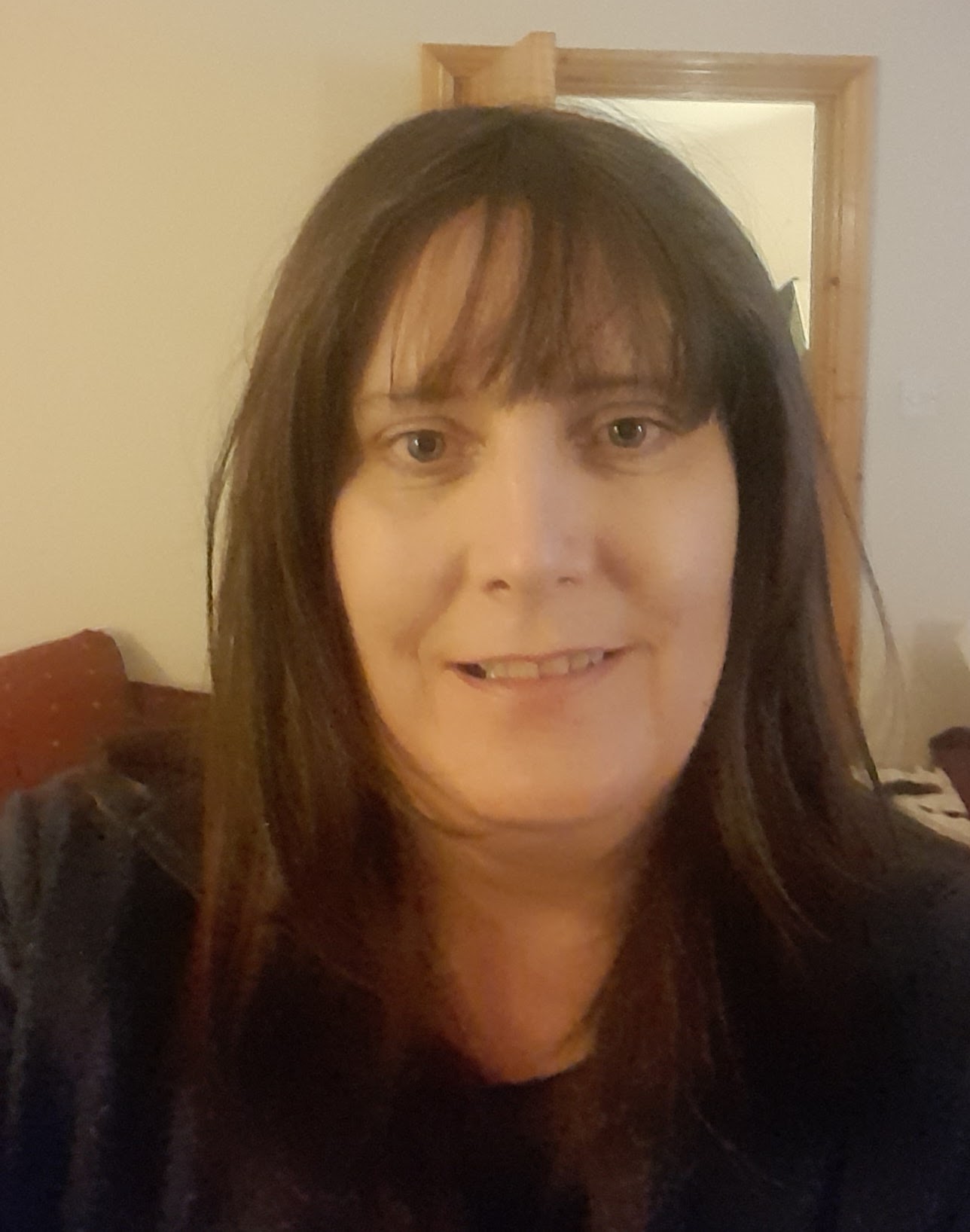
Anne Bodley's Breast Cancer Story
When Anne Bodley first noticed a discomfort in her chest, she never imagined it would lead to a breast cancer diagnosis. Click the link to learn more.
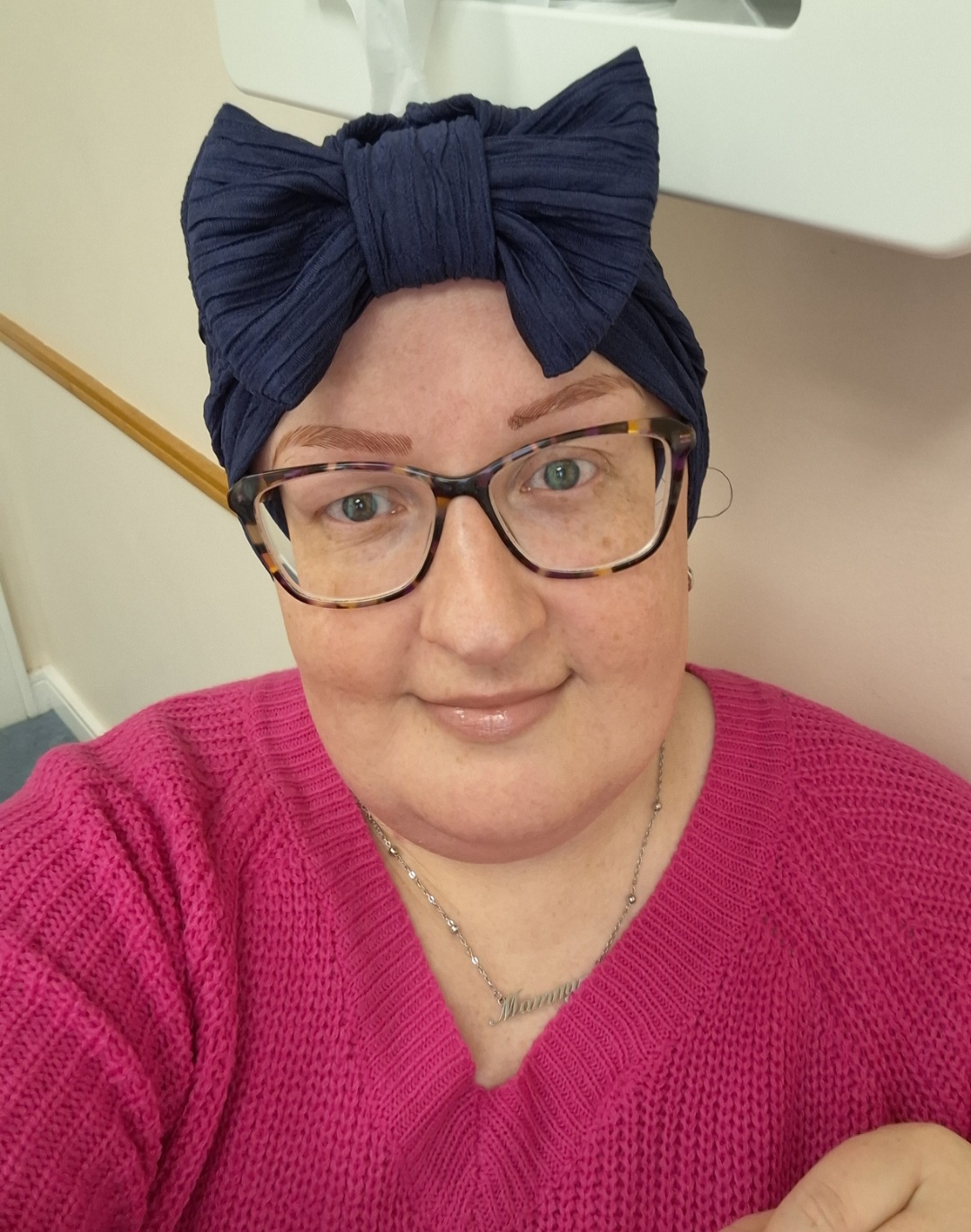
Donna Ray's Breast Cancer Story
Donna Ray, 37, from Moyross in Limerick was diagnosed with breast cancer in May 2024 after she noticed some unusual changes in her breast. Click the link to learn more.

Teresa Hanniffy's Breast Cancer Story
“Definitely get any lumps that you find checked by your GP. I’m sure that if I didn’t go to the GP when I did, if I’d waited a few months, things could’ve turned out extremely differently for me.” Click the link to read Teresa's story.
Paula Carroll's Breast and Bowel Cancer Story
“If you notice any changes in your body, get them checked out. It could be nothing, but it could be something as well – and the only person who can make that informed judgement is a doctor.” Click the link to learn more.
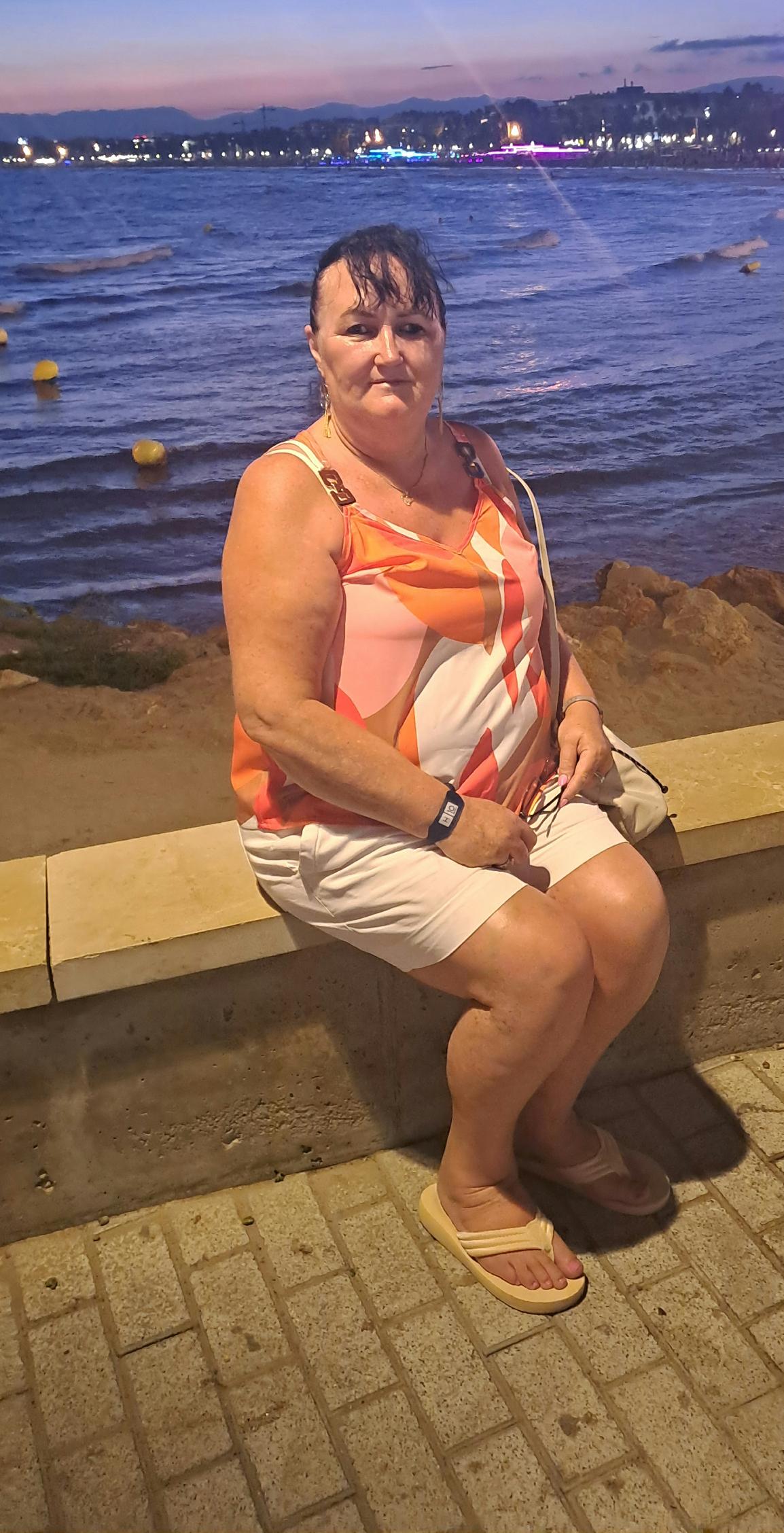
Sharon Smyth's Breast Cancer Story
Sharon Smyth was lying in bed one morning when she decided to do a breast check. This was in October 2012, and Sharon was surprised when she found a small lump. Click the link to learn more.
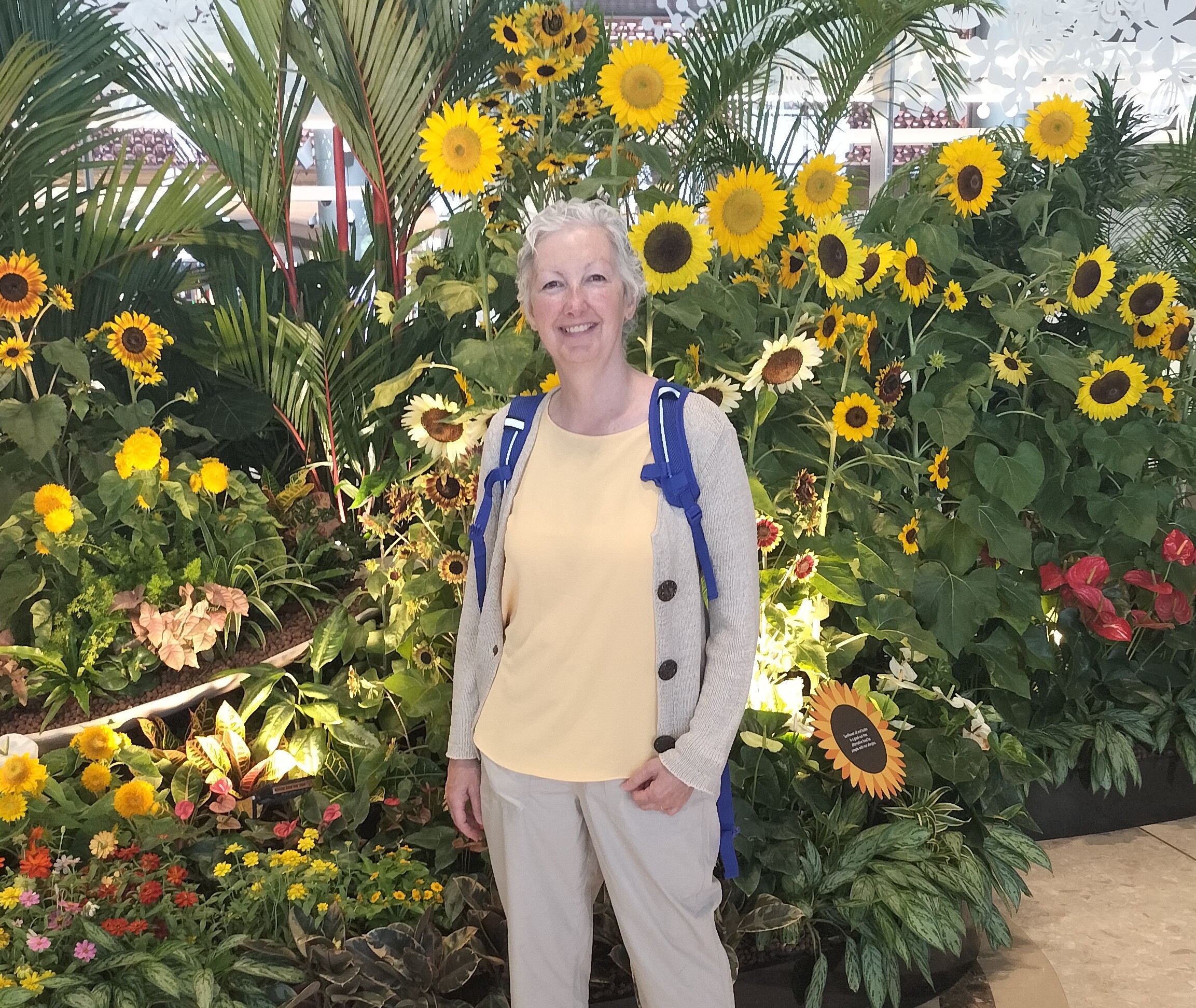
Marie Shannon's Breast Cancer Story
Marie Shannon, 63, from Killarney, Co. Kerry, was diagnosed with breast cancer in 2023 after a routine mammogram. Click the link to learn more.

Hazel Brennan's Breast Cancer Story
"If I’d waited another five or six weeks to go to my GP, the cancer would’ve progressed and my prognosis and treatment would’ve been a lot different.” Click the link to learn more.
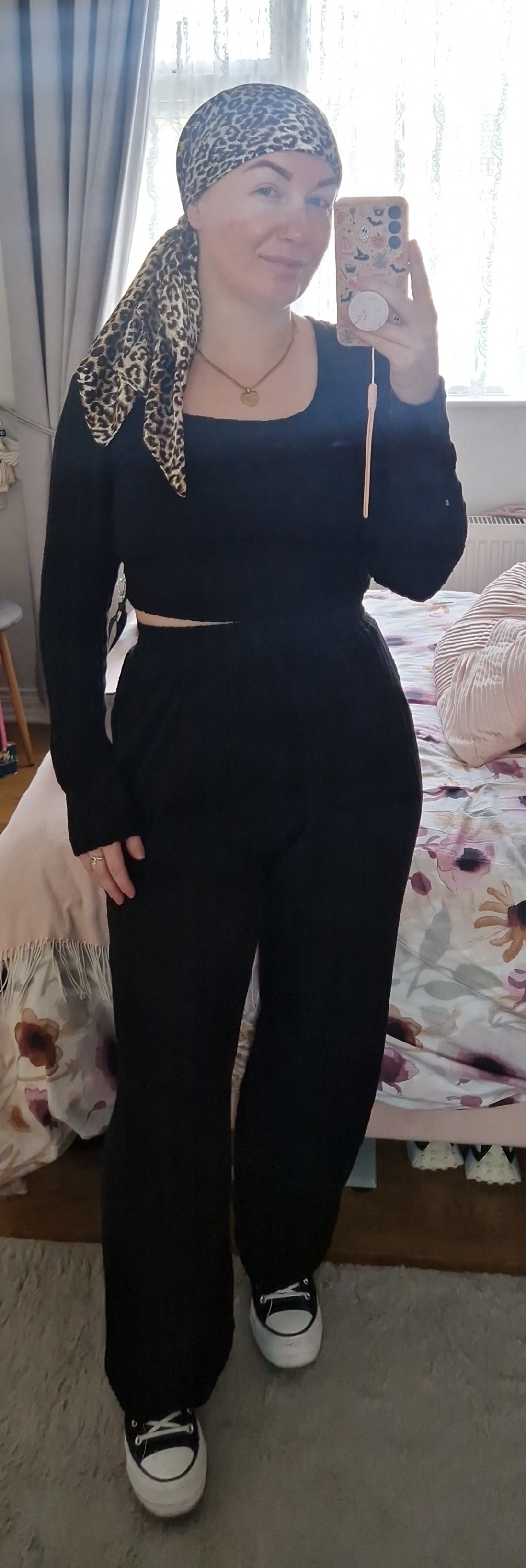
Lydia Whelan's Breast Cancer Story
When Lydia Whelan was diagnosed with breast cancer in July 2024 at age 32, it came as a shock. Click the link to learn more.
Lisa McCaffrey's Breast Cancer Story
First diagnosed with breast cancer in 2007, 46-year-old mother of five Lisa McCaffrey has had cancer in her life for over 18 years. Click the link to learn more.
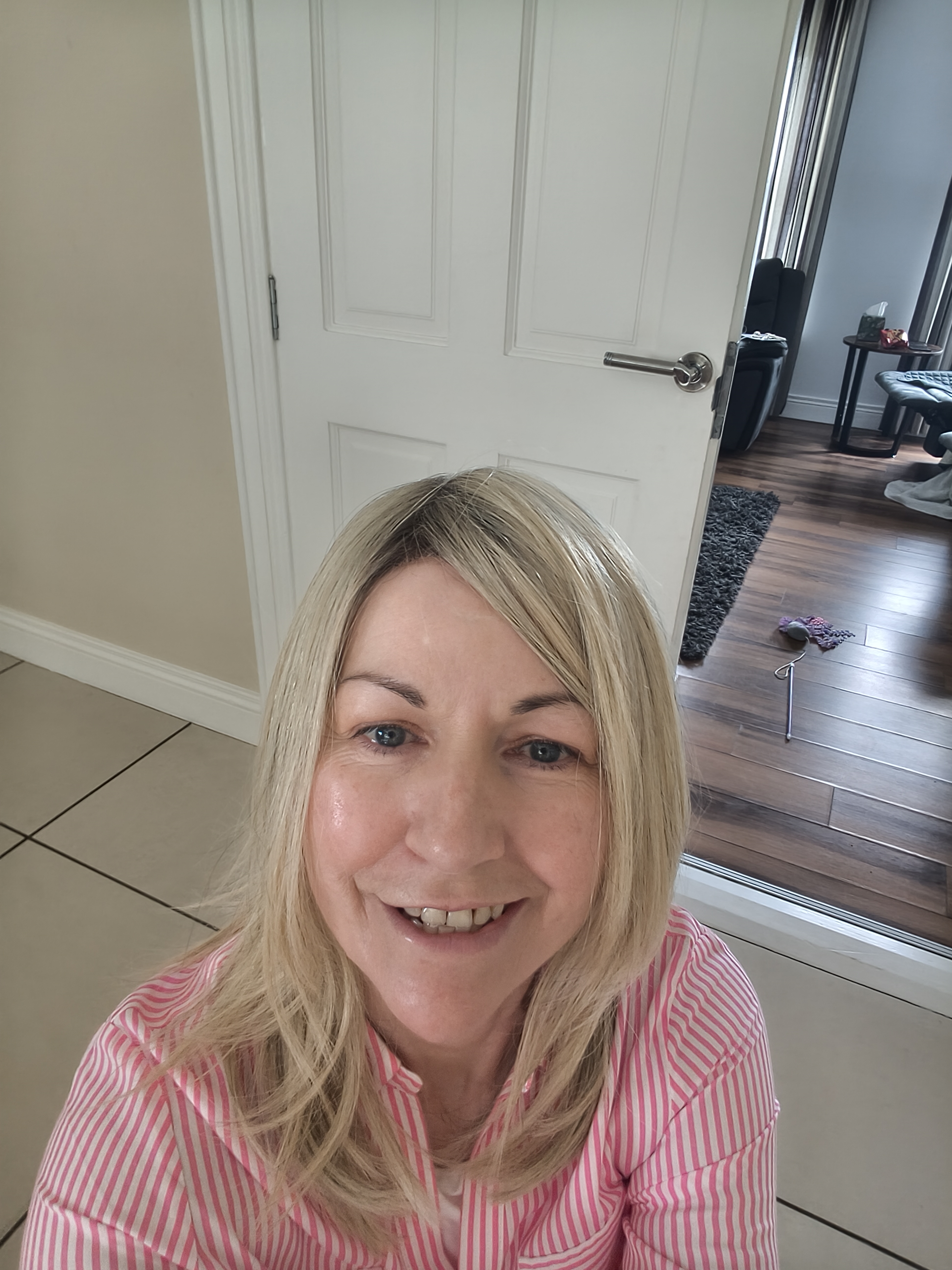
Helen McKinney Russell's Breast Cancer Story
Helen McKinney Russell found a lump in her left breast by accident when she was in the shower in April 2025. Click the link to learn more.
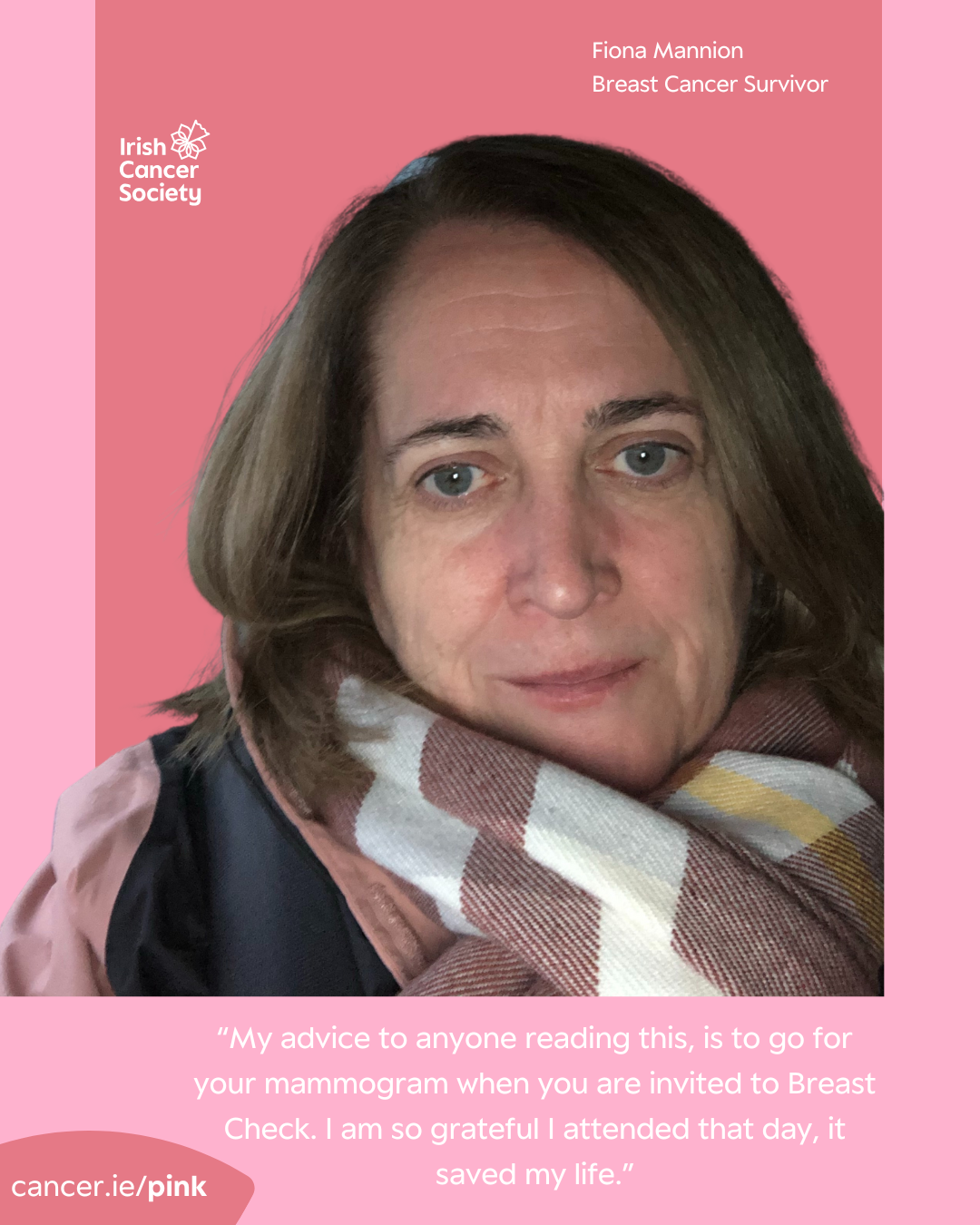
Fiona Mannion's Breast Cancer Story
On the 10th of March 2020, Fiona Mannion from County Mayo was called to attend Breast Check for the first time.
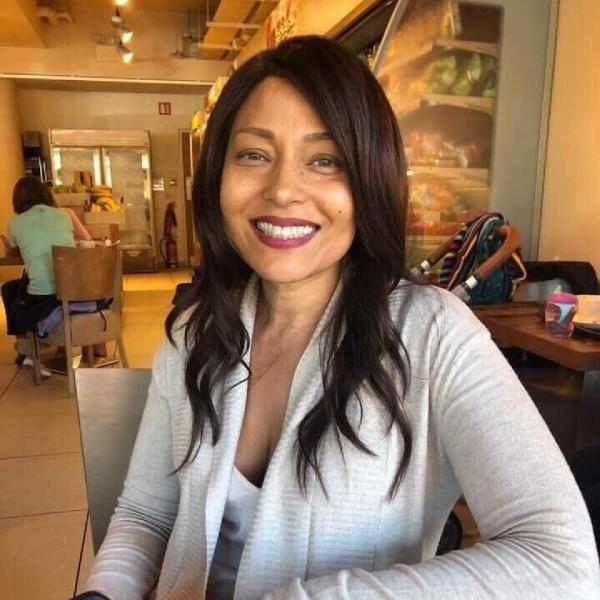
Shampa's Breast Cancer Story
Shampa Lahiri was diagnosed with breast cancer in 2019. Read her full story by clicking the link.
Tracey Judge's Breast Cancer Story
Tracey Judge became concerned after she had torn her pectoral muscle, and noticed her nipple was bleeding. Click the link to learn more.

Alythea Synnott's Breast Cancer Story
Alythea Synnott decided to undergo a private health check after losing her aunty to breast cancer. Click the link to learn more.
Sarah Cunningham's Breast Cancer Story
"I never thought it could’ve been cancer, I just assumed it was mastitis because I’d been breastfeeding." Click the link to read Sarah's story.
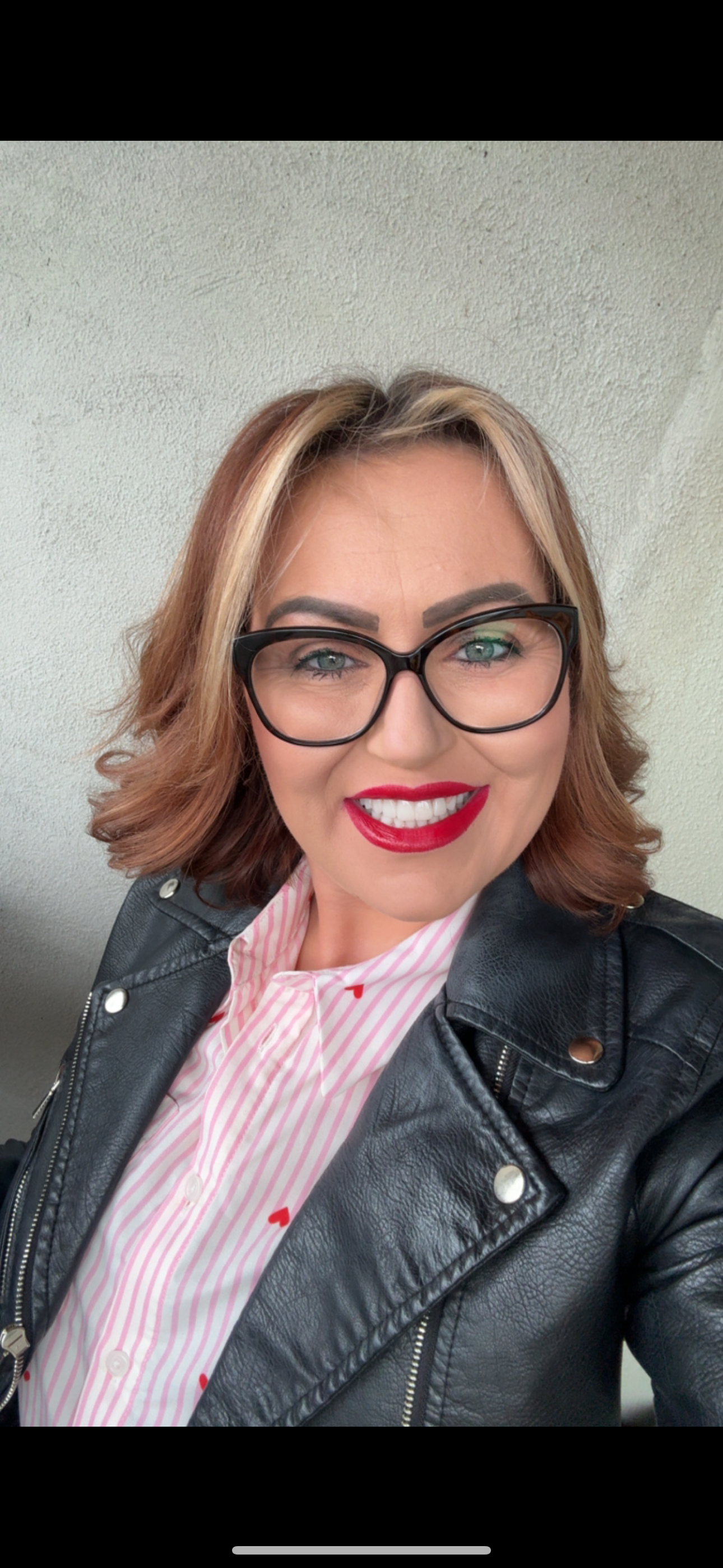
Laura Hughes's Breast Cancer Story
Laura Hughes shares her experience of treatment delays after being diagnosed with breast cancer. Click the link to learn more.
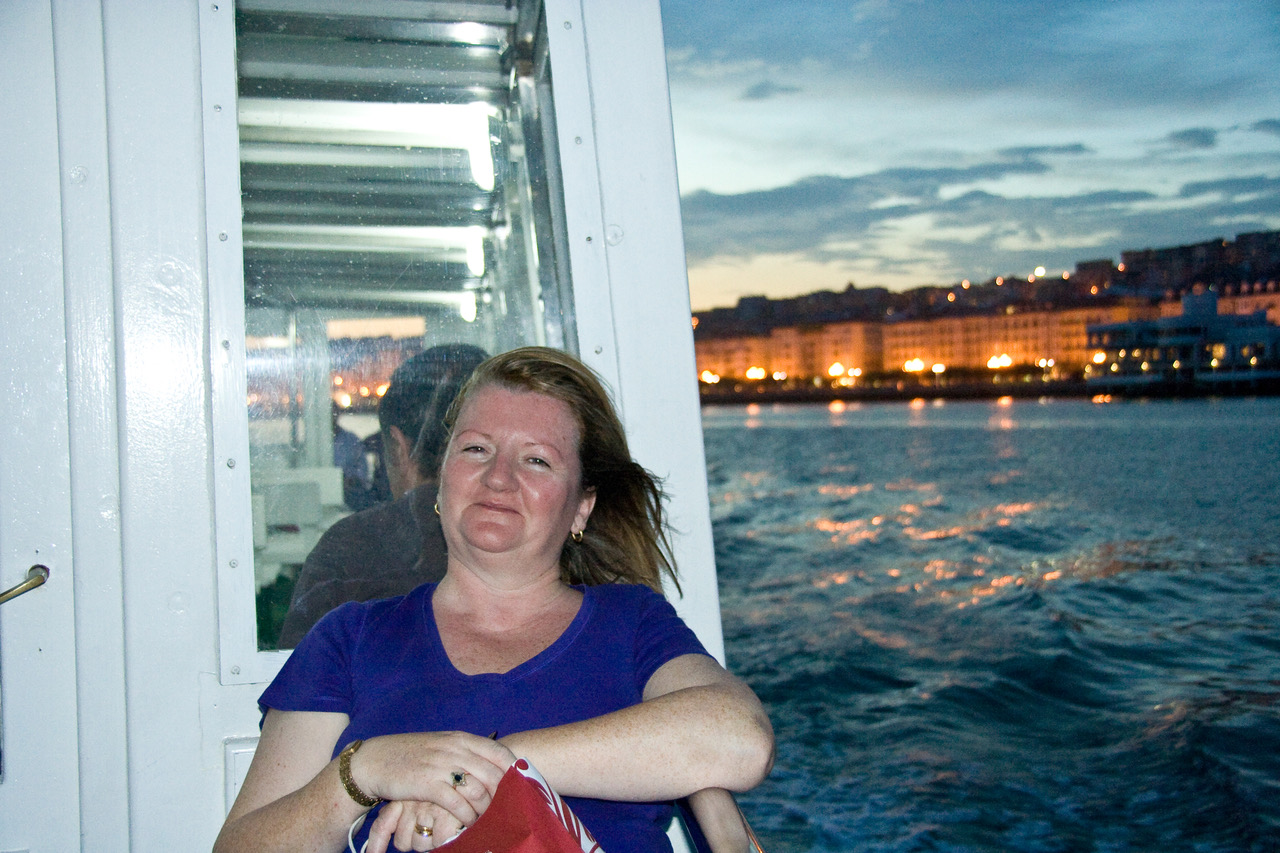
Sandra Moore's Breast Cancer Story
"You don’t forget about your cancer. I go to bed at night and wake up in the morning knowing I have cancer, but I try to put it aside and still have the craic.” Click the link to learn more about Sandra's breast cancer story.
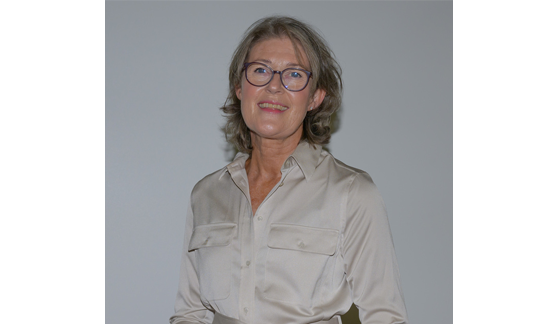
Fiona Gallagher's breast cancer story
"If sharing my journey can help even one person feel less alone, if it can give someone else the courage to keep going, then it’s all worth it." Click the link to learn more about Fiona's breast cancer story.
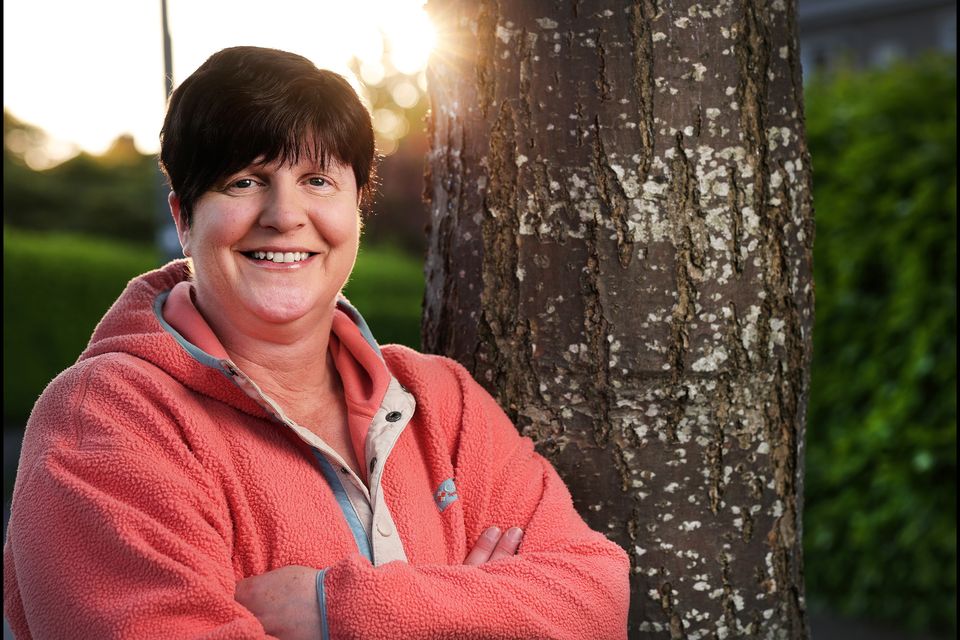
Ciara Hayes's breast cancer story
“We need to get into the habit of checking our bodies regularly and if something doesn’t feel right, don’t delay, go and get checked out.” Click the link to learn more about Ciara's breast cancer story.
Amy Carswell's Breast Cancer Story
“When we check ourselves, we’re not just checking for a lump” Click the link to learn more about Amy's breast cancer story.
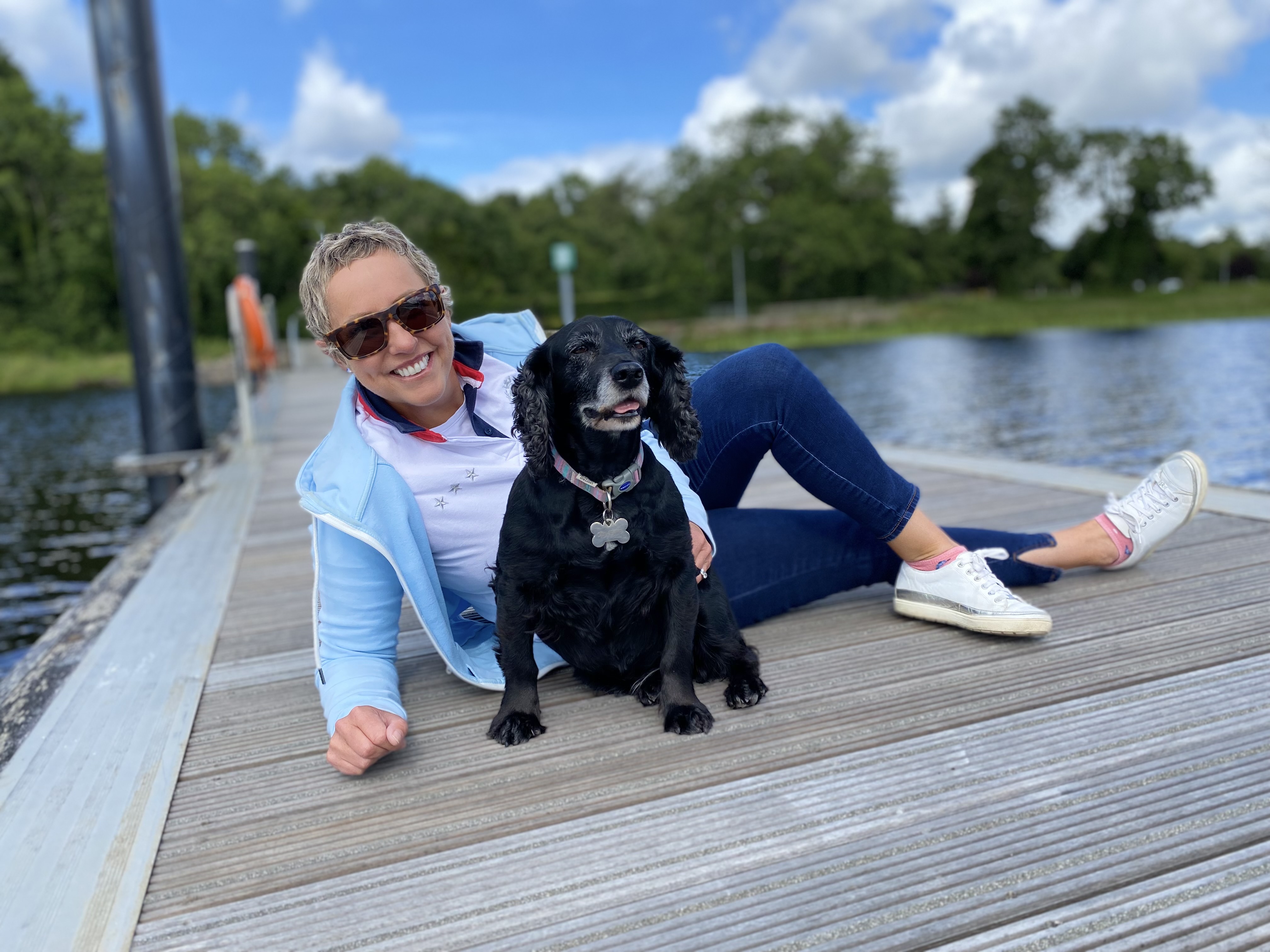
Olivia Nolan's breast cancer story
Olivia recalls learning about her breast cancer diagnosis: “I was absolutely heartbroken. When going for those tests, you know it is a possibility, but you don’t think it is going to happen to you.” Read her full story by clicking the link.
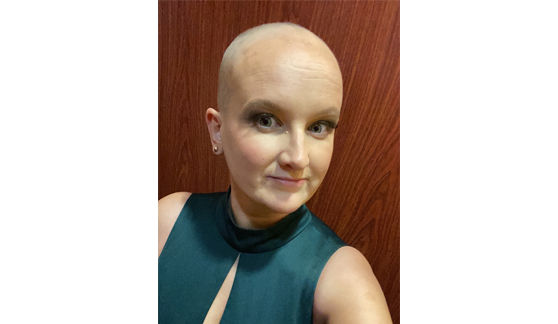
Áine Martin's breast cancer story
In July 2021, thirty-six-year-old Áine Martin woke in the early morning at 5am and found her hand drawn to a lump on her right breast. Read her full story by clicking the link.

Natalie Cambridge's breast cancer story
In 2016, 41-year-old Natalie Cambridge from Cork discovered a lump in her breast “Two years previously, my husband was diagnosed with bowel cancer." Read more of her story by clicking the link.
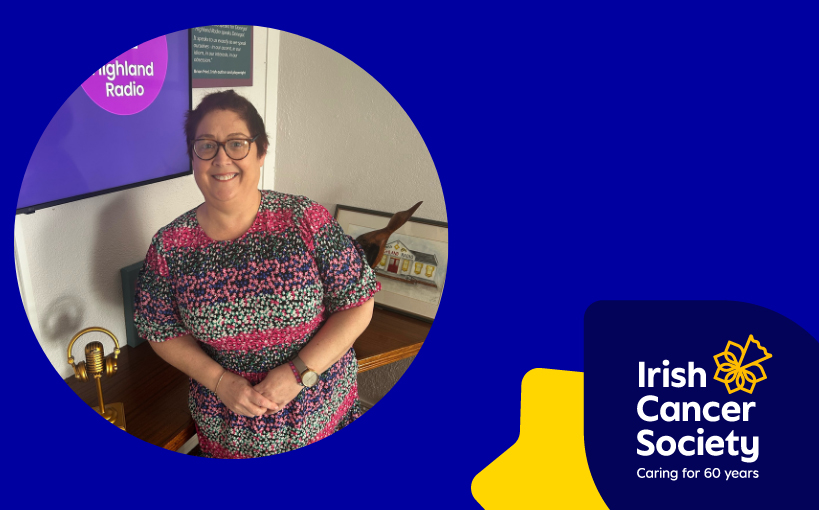
Fionnuala Rabbitt's Breast cancer story
In August 2023, Fionnuala Rabbitt, aged 52, went for her BreastCheck appointment in Letterkenny, Co. Donegal. Read her story by clicking the link.
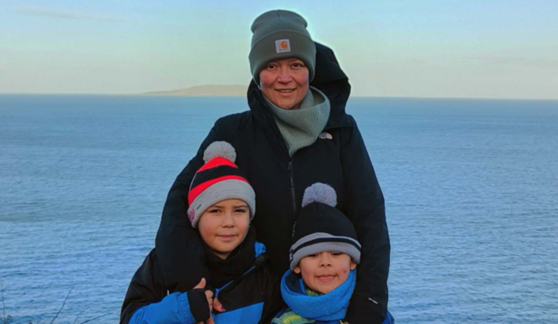
Mariana's Breast cancer story
In July 2023, Mariana, who moved to Dublin eight years ago from Mexico, noticed a lump on her breast when she got out of the shower. Read Mariana's story by clicking the link.
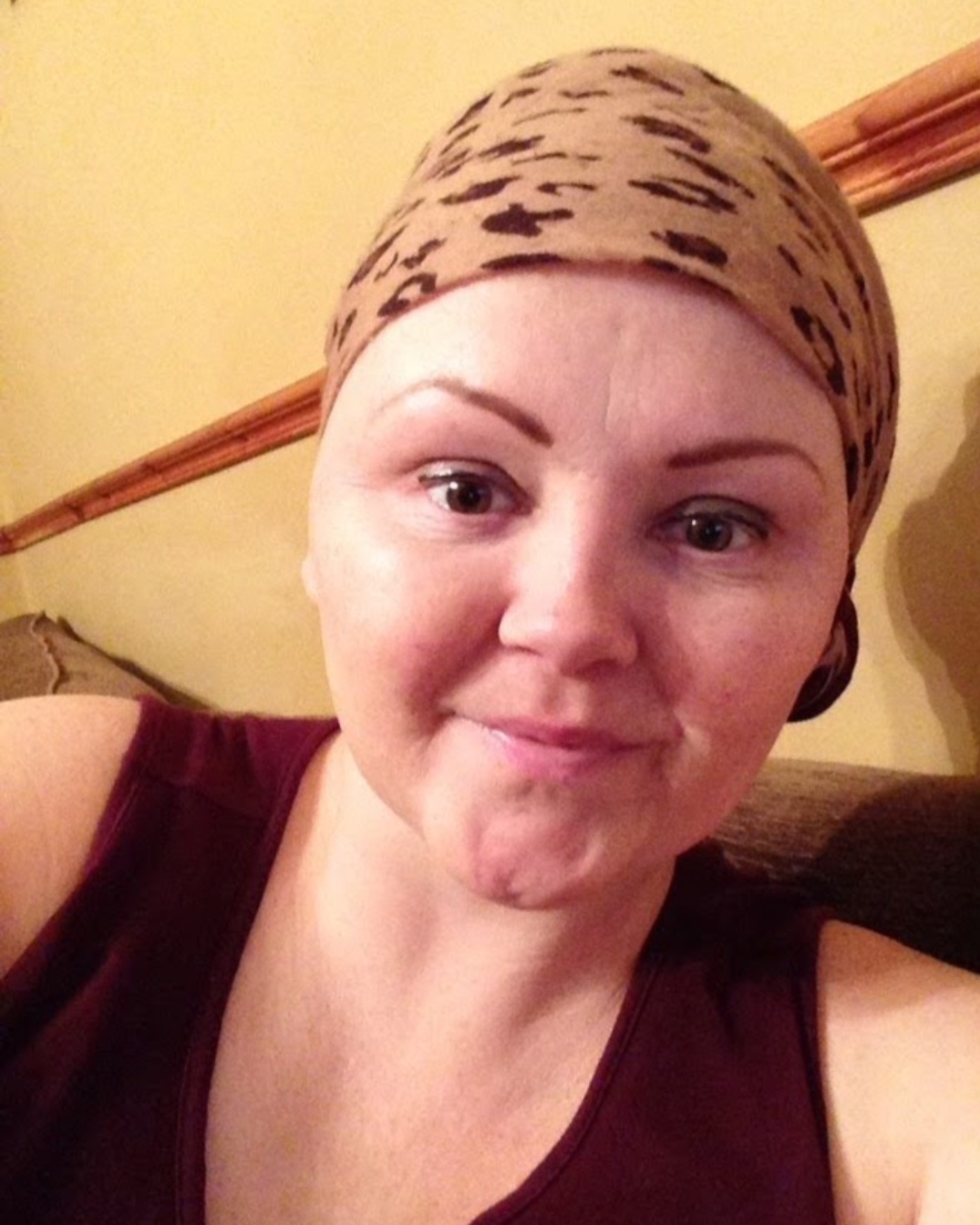
Jacqui Tangney's Breast Cancer story
In 2014, 39-year-old Jacqui Tangney from Killarney was taking a shower and decided to do a breast exam. To learn more, read her story by clicking the link.
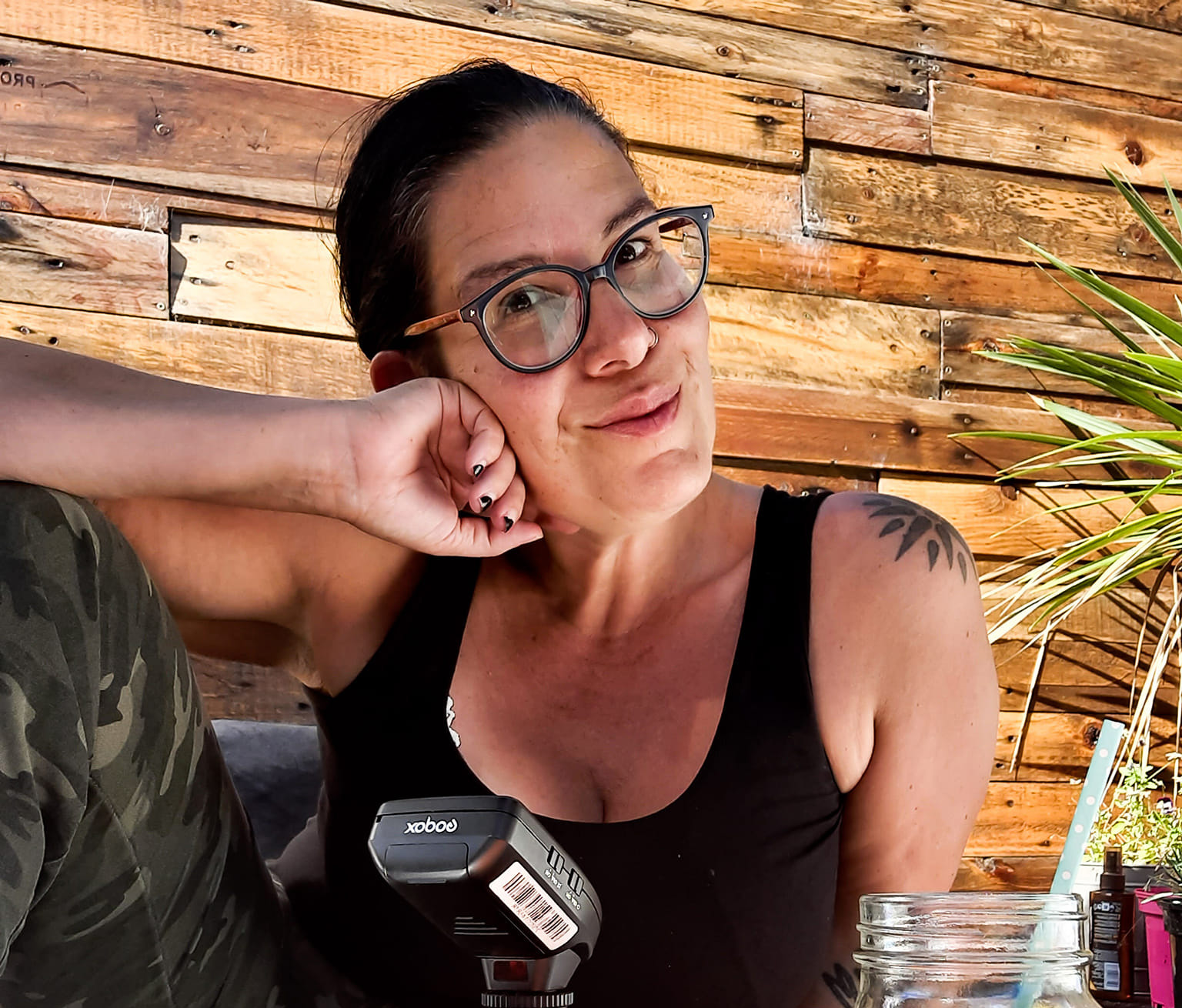
Kriszti Németh's breast cancer story
Portlaoise-based Kriszti Nemeth was diagnosed with breast cancer in 2023. Click the link to read her story.
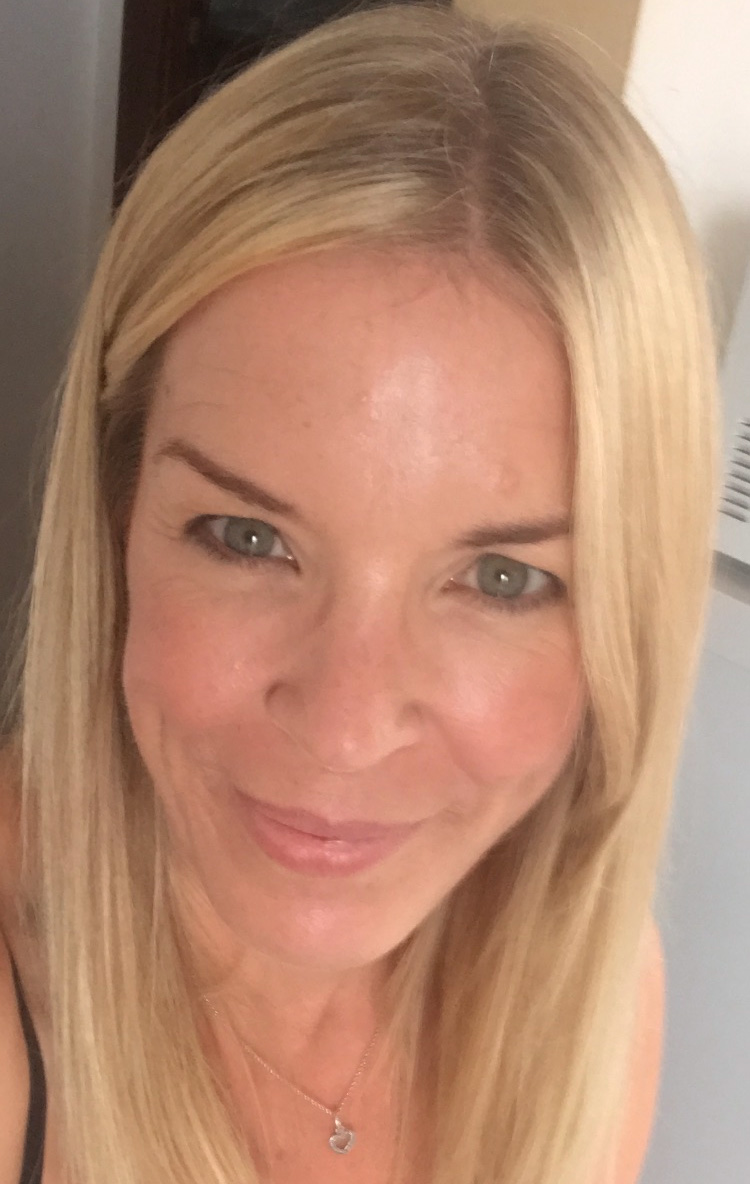
Robyn Finucane's breast cancer story
'It was playing on my mind. It was the beginning of July and after checking my breasts purely by chance after reading this article, I found a lump.” Click the link to read more.
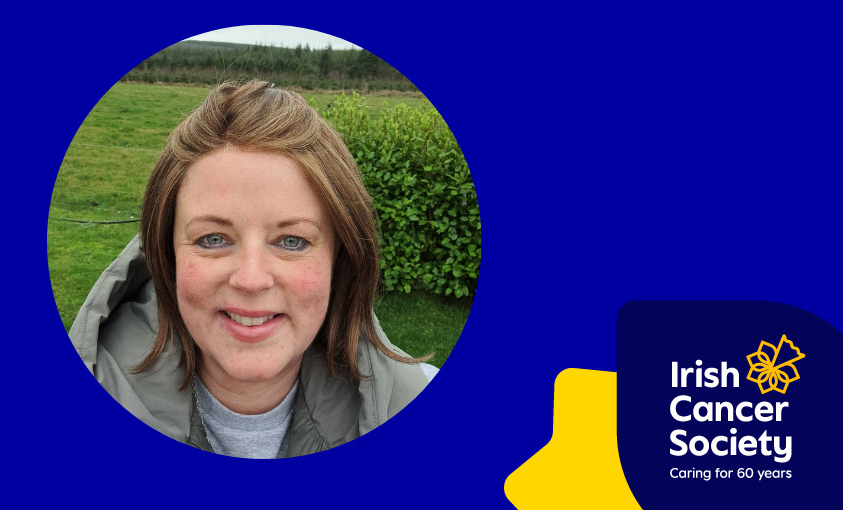
Debbie Murphy's breast cancer story
After noticing a lump in her breast, Debbie Murphy, a 48-year-old palliative care nurse manager of 24 years, monitored it for a two-week period to see if it went away. Click the link to read more.
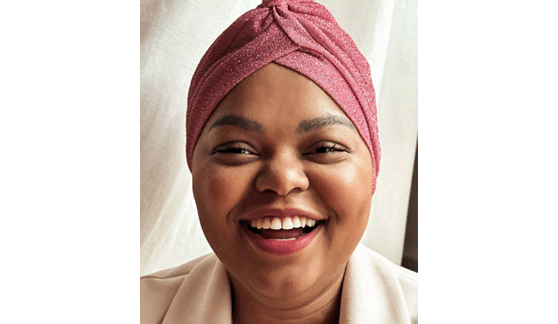
Thamires Lima' breast cancer story
Aged just 31, Thamires Lima, a Brazilian student living in Dublin, noticed a change in the appearance of her breast skin. Click the link to learn more
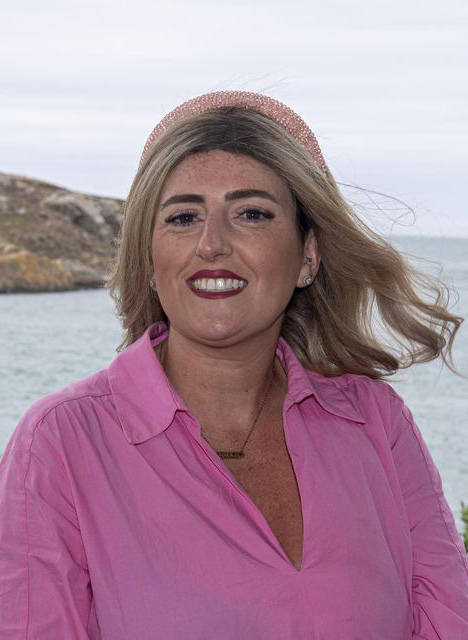
Kim Clack-Whelan's breast cancer story
38-year-old Kim Clack-Whelan from Ballybrack Dublin remembers the moment she knew something was wrong in her body, click the link to read more about Kim's story.
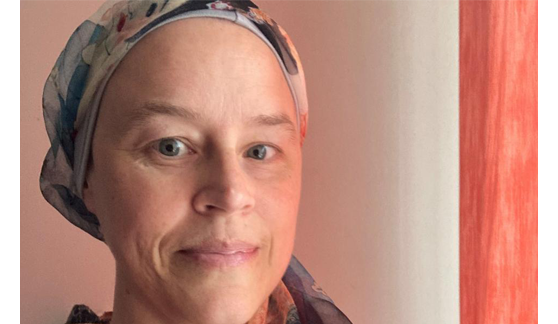
Susan Lanigan's breast cancer story
Susan Lanigan lives in Cobh with her family. A few weeks before Christmas 2022, she discovered a lump on her breast, and in January 2023 she was diagnosed with breast cancer.
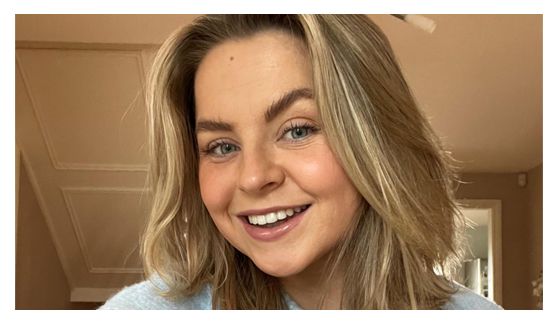
Lauren Barrett's breast cancer story
24-year-old Lauren Barrett from Tralee describes her experience with cancer as ‘a little complicated’. Click the link to read more.
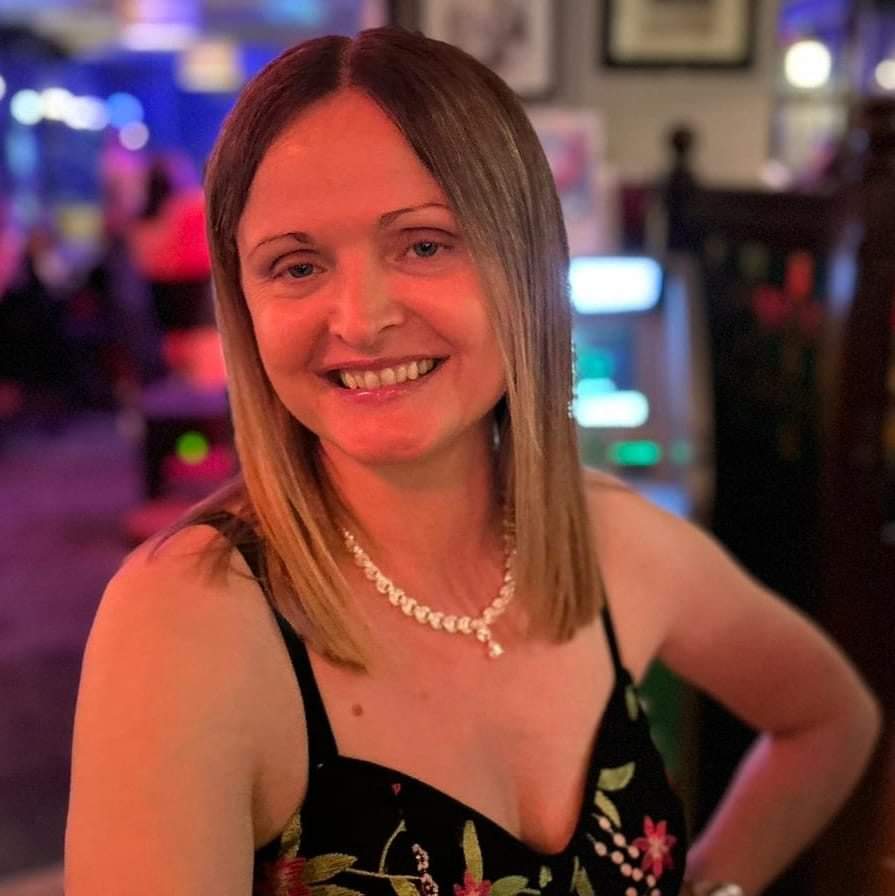
Lisa Kelly's breast cancer story
“Early detection is key. If something is abnormal for you, just go to the GP and get it checked out, even if it’s scary." Read Lisa's breast cancer story via the link.

Lynn-Marie Cowin's breast cancer story
"The cancer had spread to my lymph nodes, but I would need to have a CT scan to see if it had also spread to my other organs." Read Lynn's story via the link.
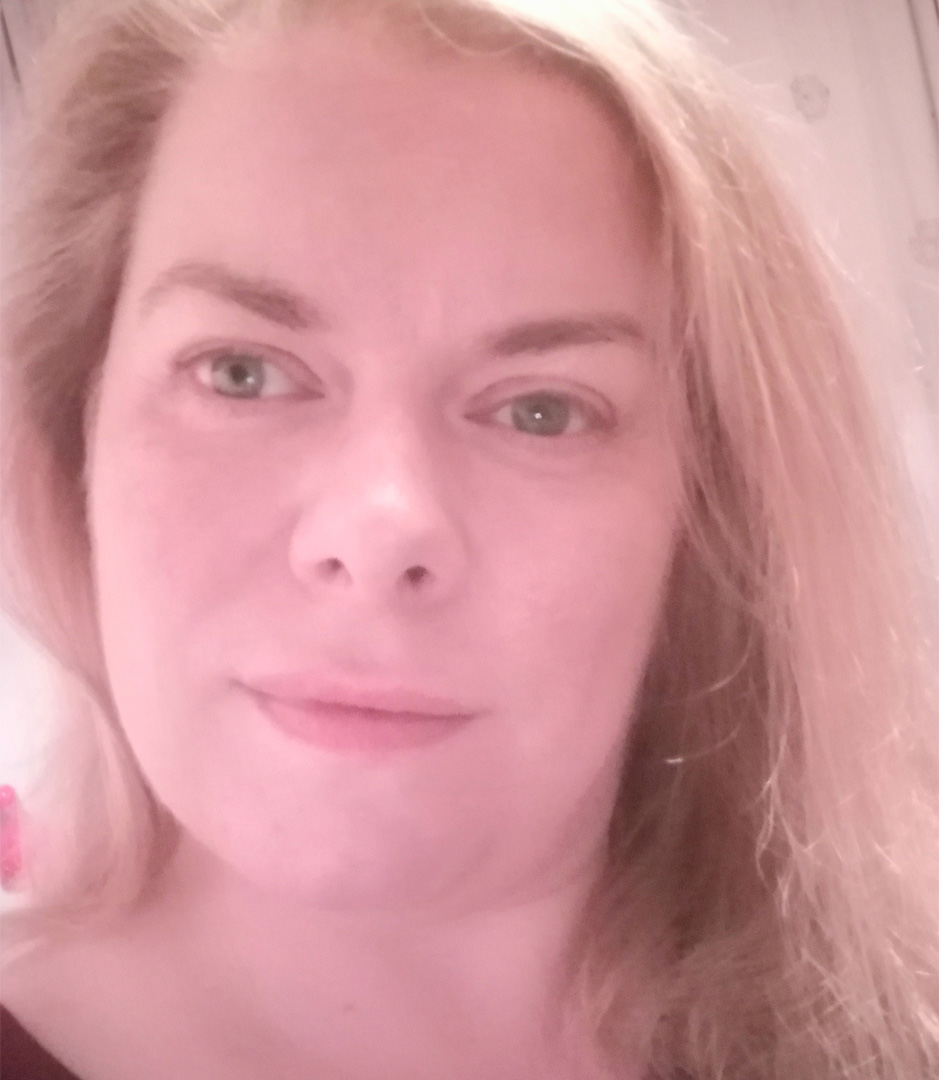
Edel Curran's breast cancer story
I was diagnosed with invasive ductal carcinoma, which is oestrogen-receptive and HER2+. Thankfully, it hasn’t spread to my lymph nodes.” Read more of Edel's story by clicking the link.
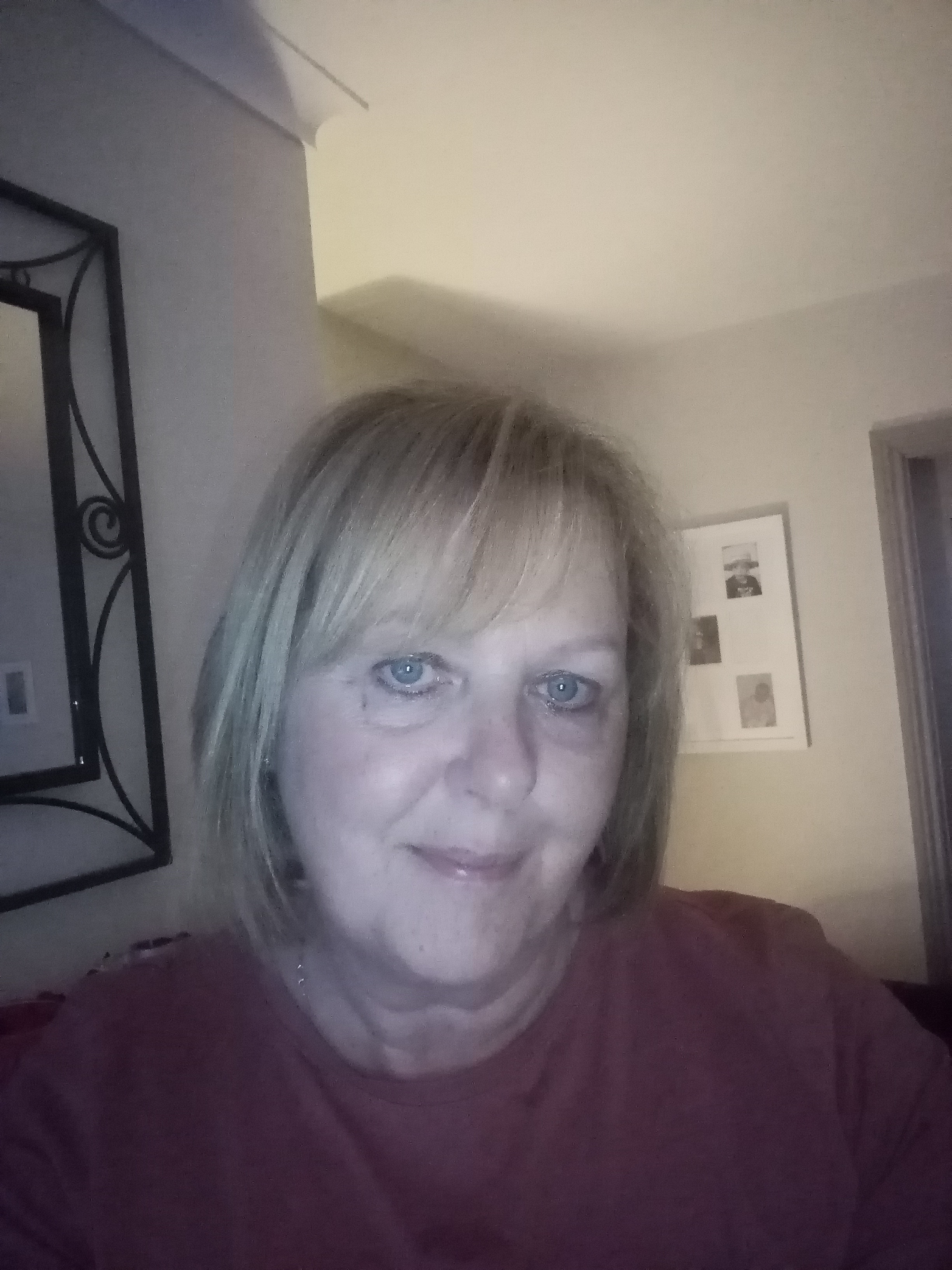
Evelyn McNamara's breast cancer story
When the day came, my husband came with me for my results. I was diagnosed with HER+ breast cancer. It was stage one, so thankfully it was caught early. Read Evelyn's full story via the link.

Martina Balfe's breast cancer story
It was during a spot of virtual Zumba in her living room that Martina Balfe from Clonee in Dublin began noticing a pain in her chest. She was later diagnosed with breast cancer. Read her full story here.
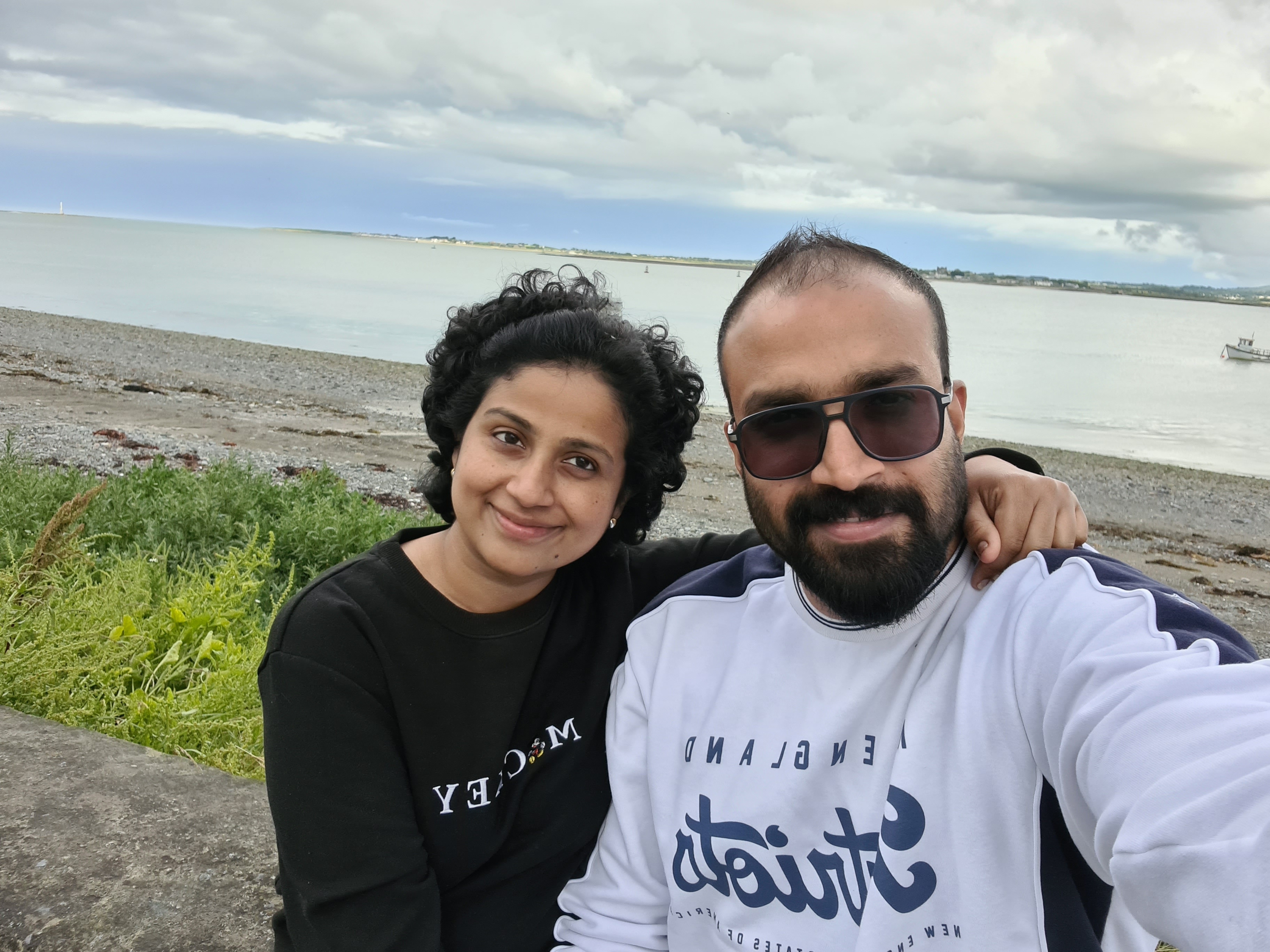
Anu Varghese's breast cancer story
In March 2020, 33-year-old Anu Varghese's dreams of a new life were put on hold as she received a breast cancer diagnosis just months after moving to Ireland. Click here to read her full story.
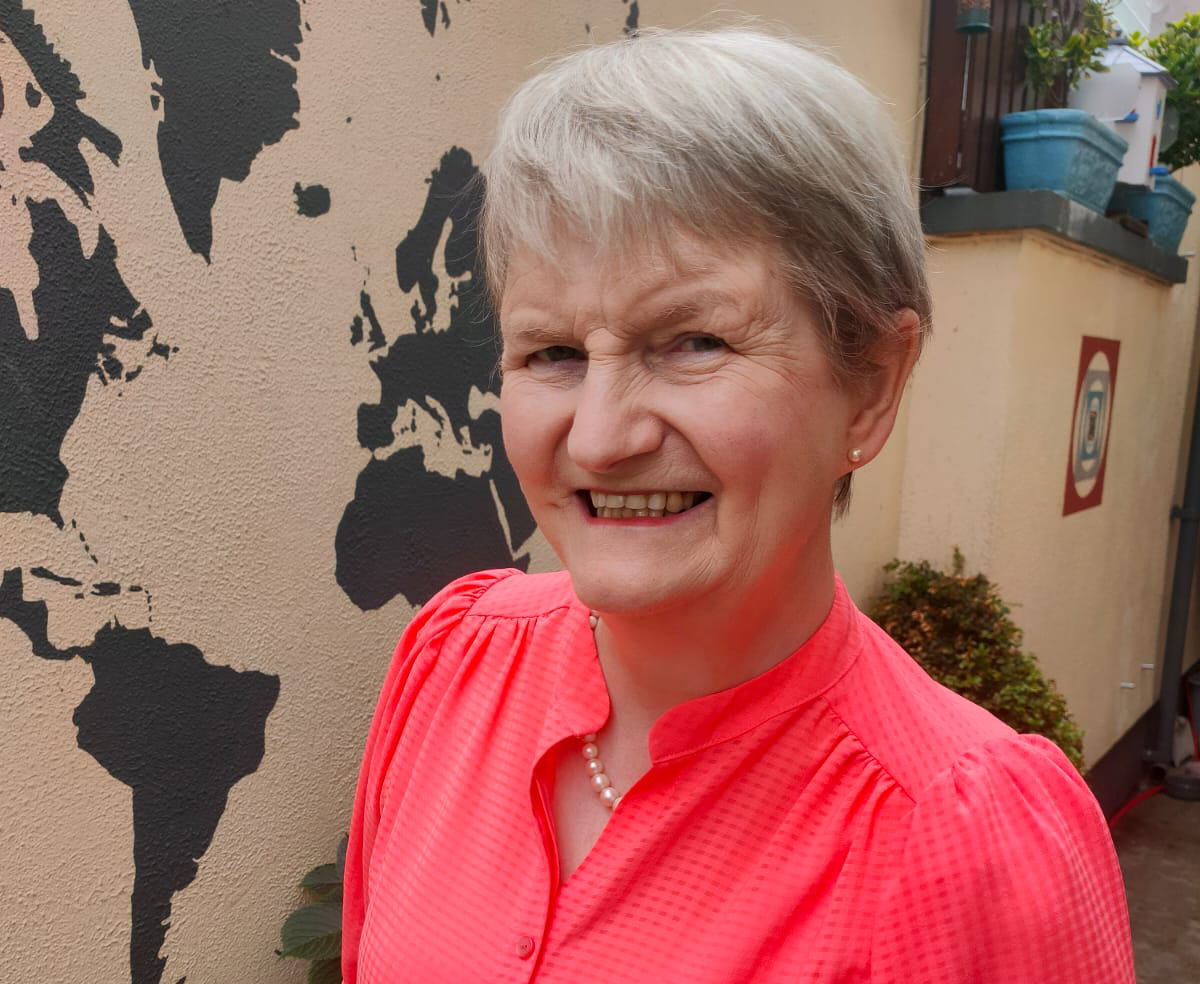
Margaret Molumby's breast cancer story
In 2017, Margaret was told her breast cancer had spread to her sternum and spine. Her metastatic diagnosis followed her previous breast cancer experience in 2004. Read her full story here.
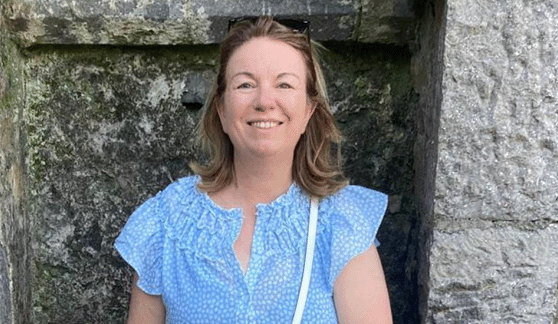
Mags Nolan's breast cancer story
With lobular breast cancer in both breasts, Mags had a decision to make about her treatment. “Throughout my cancer experience, I felt very much in control of what we did next." Read Mags' full story here.
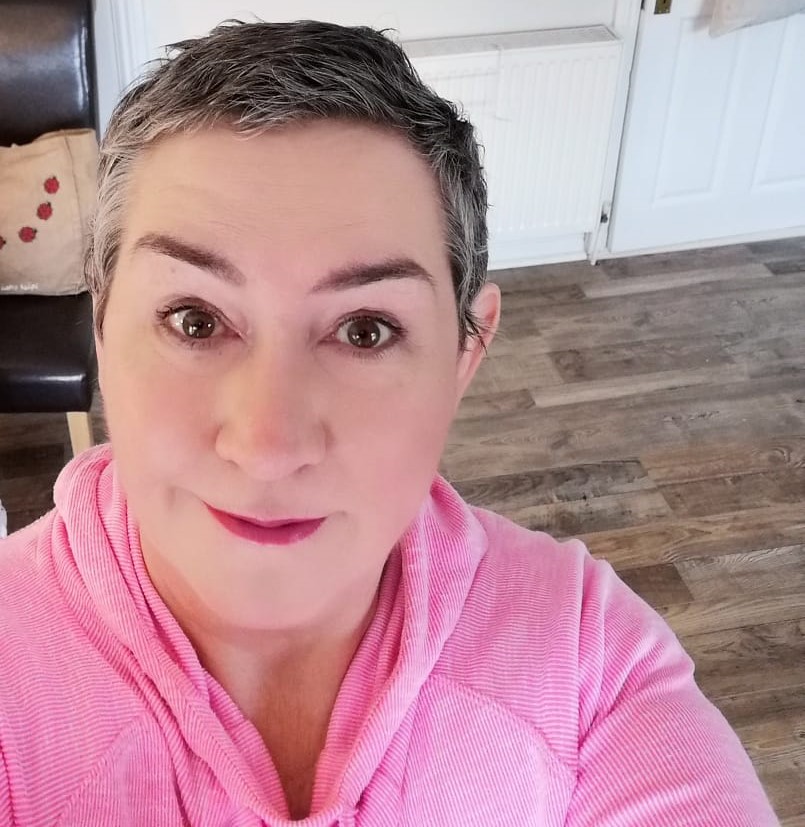
Catherine Kiely's breast cancer story
In March 2020, following an examination, mammogram, ultrasound and biopsy, Catherine received the devastating news that she had triple negative breast cancer. Read her full story here.
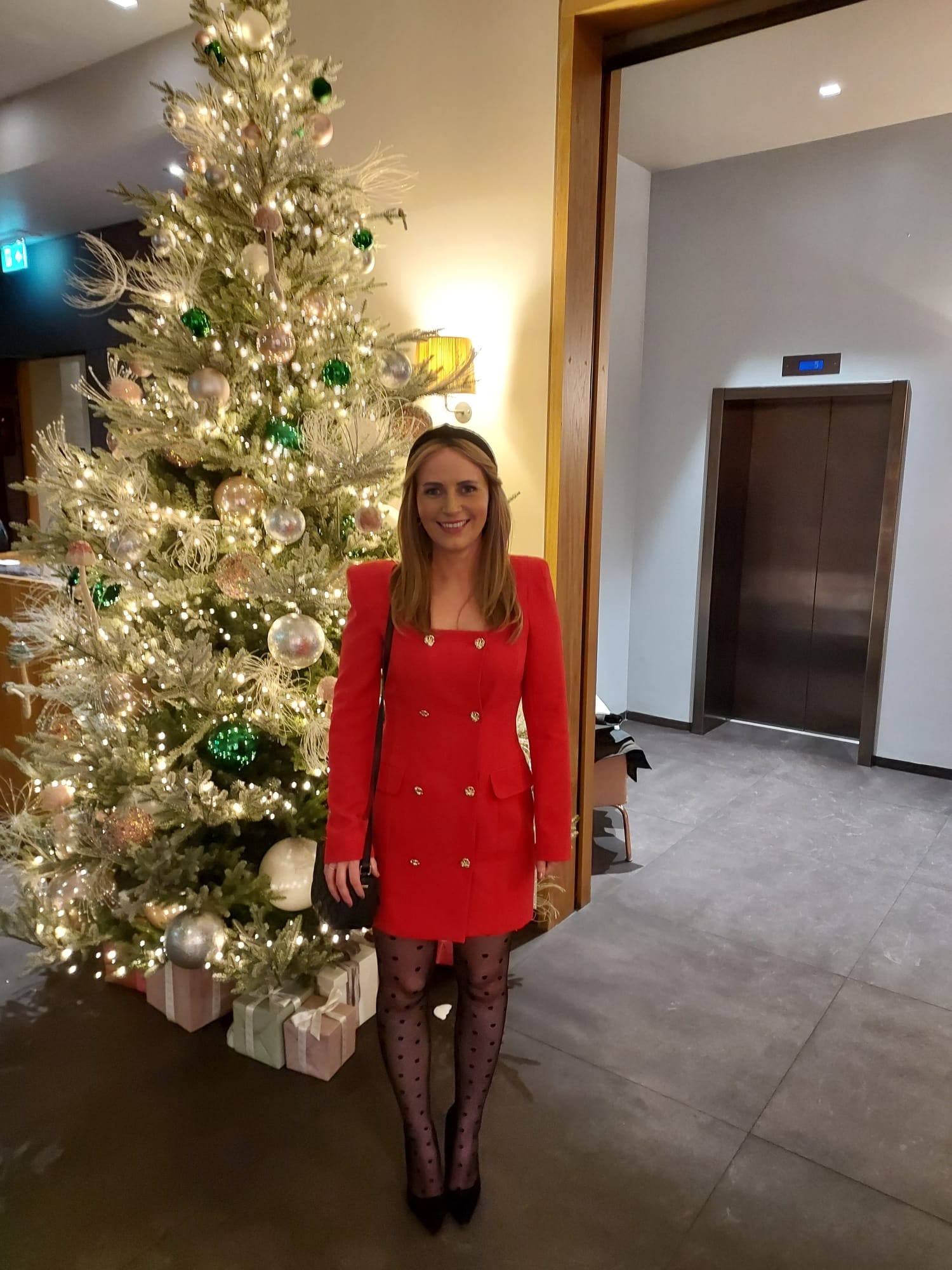
Tara Doonan's breast cancer story
In the summer of 2022, then 36-year-old Tara Doonan from Co. Cavan was diagnosed with Invasive Ductal Carcinoma, a type of breast cancer. Read her full story by clicking here.
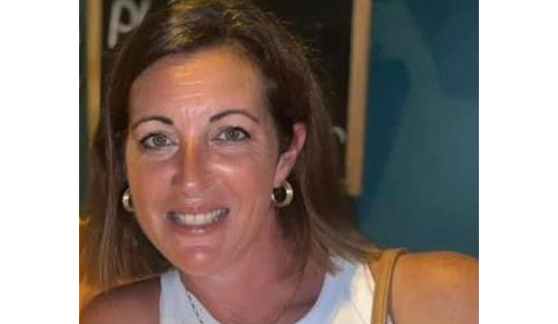
Carolyn's breast cancer story
“Everything moved so quickly. The tests and the scans and then you’re left waiting for the results. A couple of days later, I got the call to say that I had cancer.” Click the link to read more.
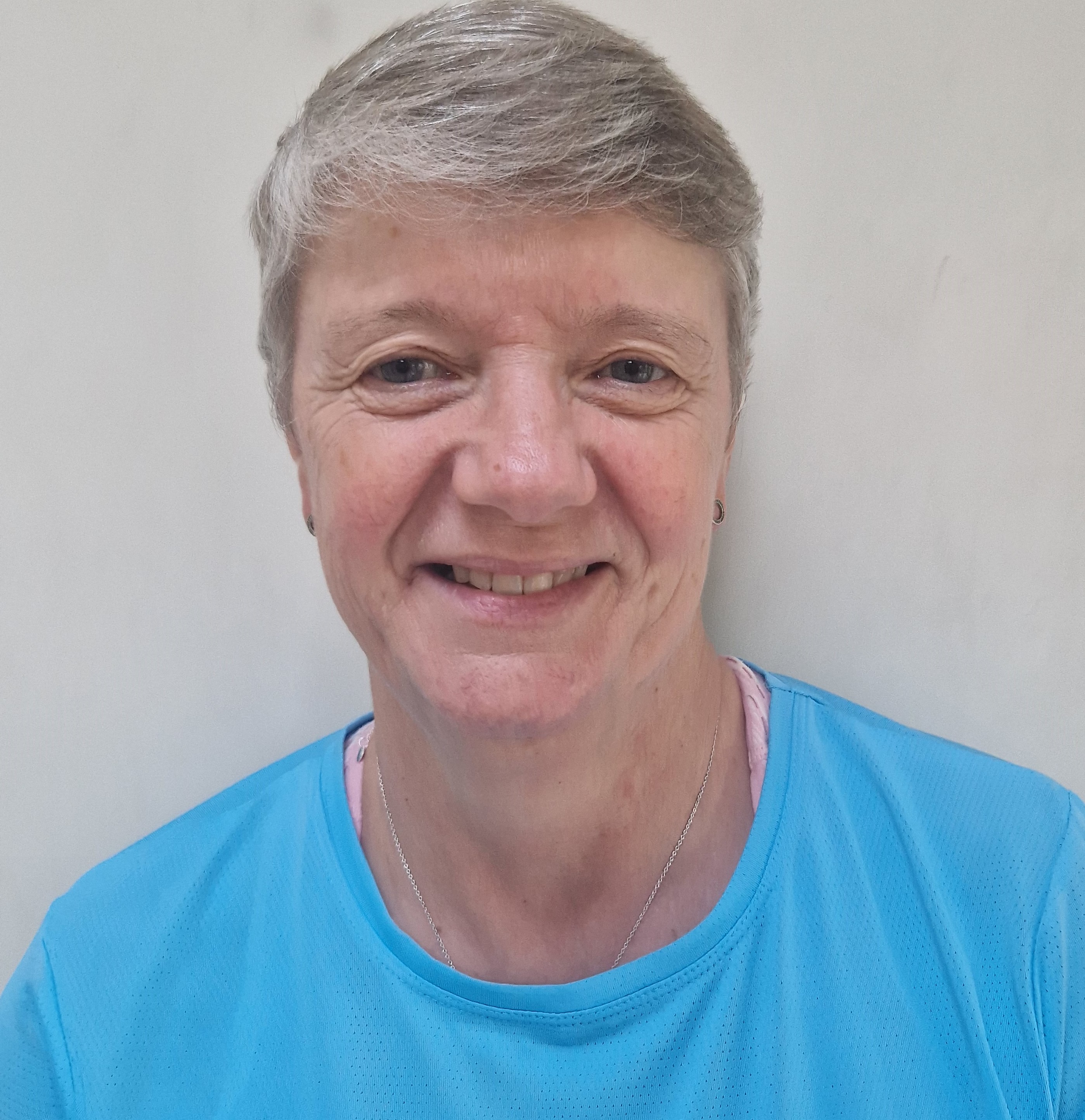
Sheena McCabe's breast cancer story
“It concerned me so on the Monday morning, I went straight to the GP. I was referred on for a triple assessment. I could tell from the reactions of everyone at appointment, that it wasn’t good news. Click the link to read more.
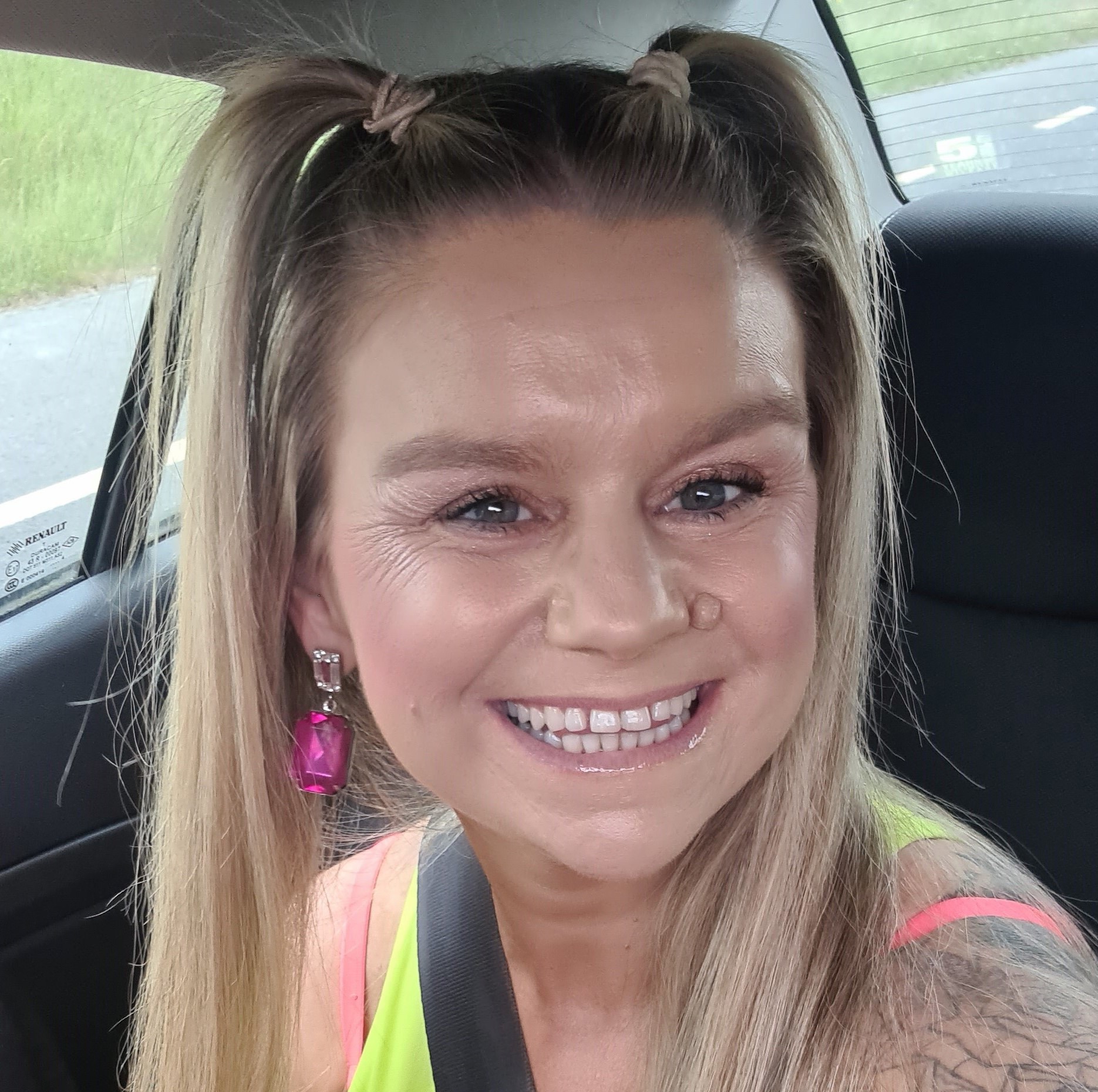
Sharon Felton's breast cancer story
“I had been feeling tired for a while but otherwise nothing else too unusual. My mum had breast cancer so I did check myself regularly enough, usually in the shower.” click the link to read Sharon's story.
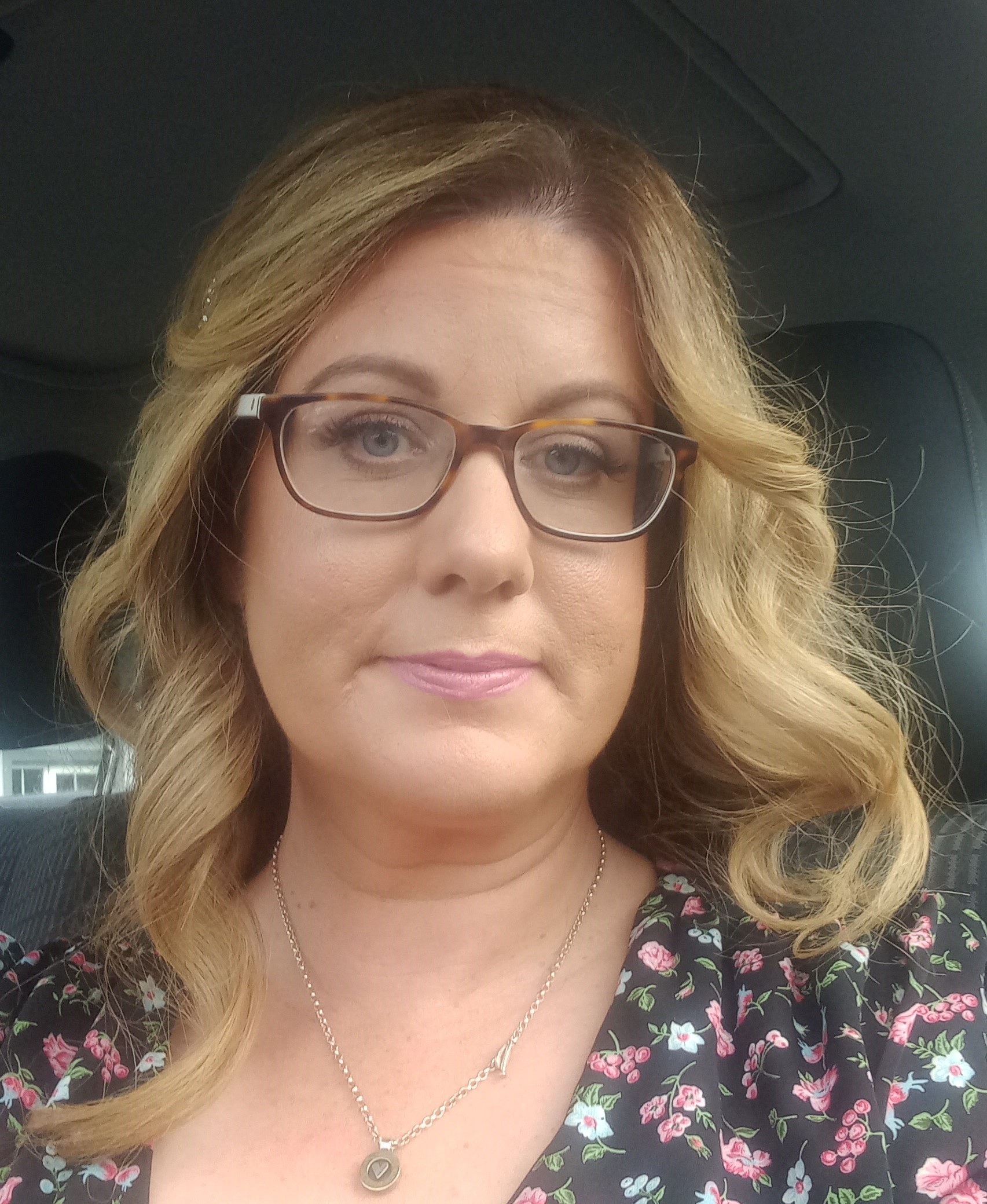
Sandra Kavanagh's breast cancer story
“I felt a jolt of fear go through my body. I showed my husband and sister-in-law and they pushed me to go to my GP." Read Sandra's story by clicking the link.
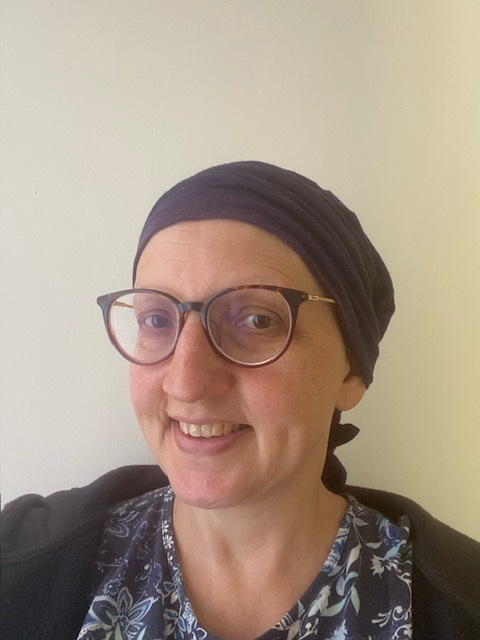
Jennifer French's breast cancer story
“It was through a routine mammogram with BreastCheck and I had no symptoms at all; it was a complete surprise” Click the link to read more.
Skin cancer stories
Aislinn Walsh Shares Story of Losing Husband Tom to Melanoma
“If sharing mine and my late husband’s story even gets one person to check a mole they're not sure of, put on sunscreen as they’re waiting for the kettle to boil, or even gets someone second-guessing getting a tan this summer, I don't think it will have been shared in vain.”
Jane Murray's Skin Cancer Story
"A tan is not worth the risk. You always think skin cancer will never happen to you, but it can." Read more about Jane Murray's skin cancer story by clicking the link.
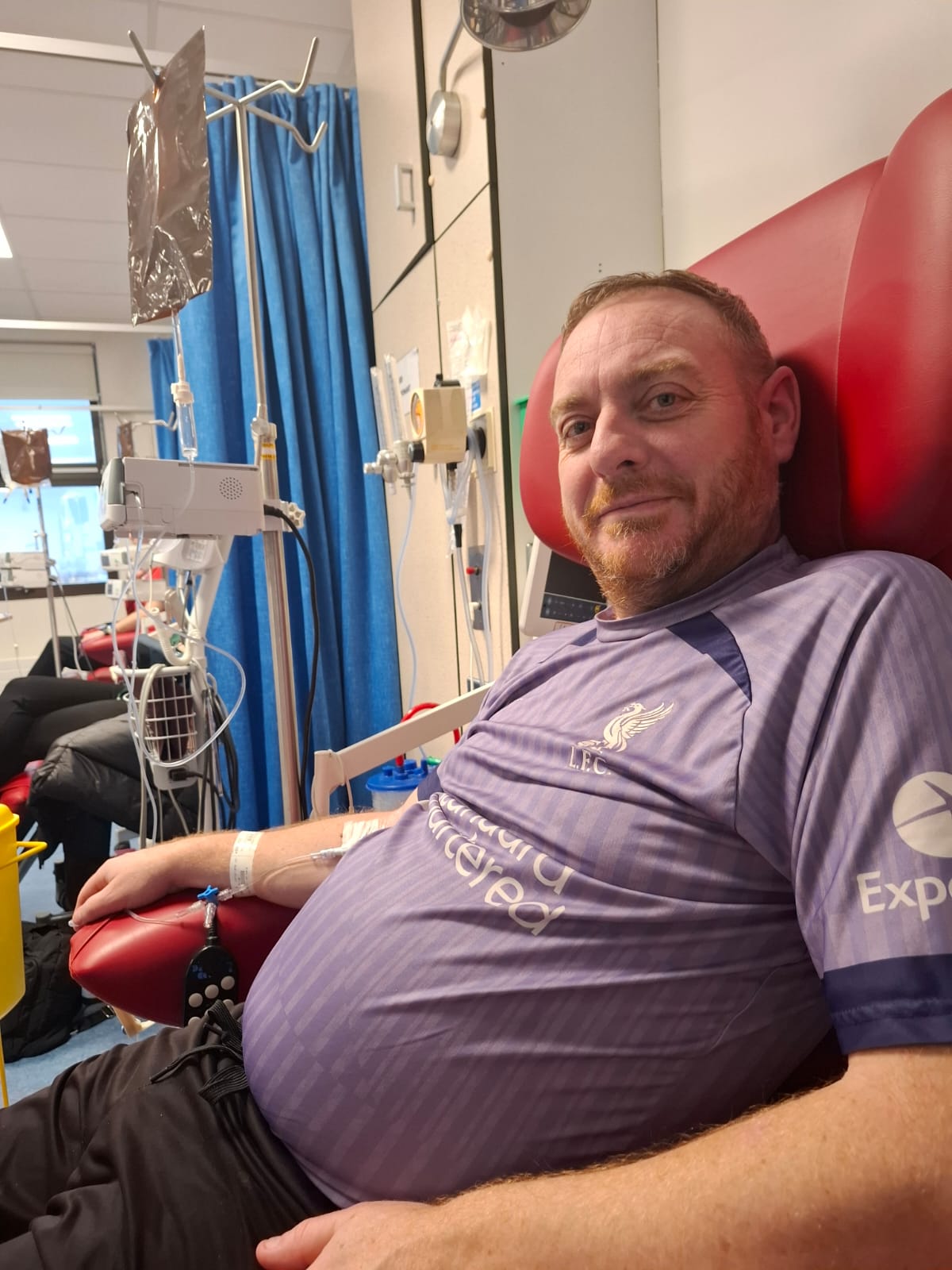
Stephen Gray's Skin Cancer Story
"I wouldn’t have been the type to go to the doctor, I only went because the mole started seeping and bleeding.” Read more about Stephen Gray's skin cancer story by clicking the link.
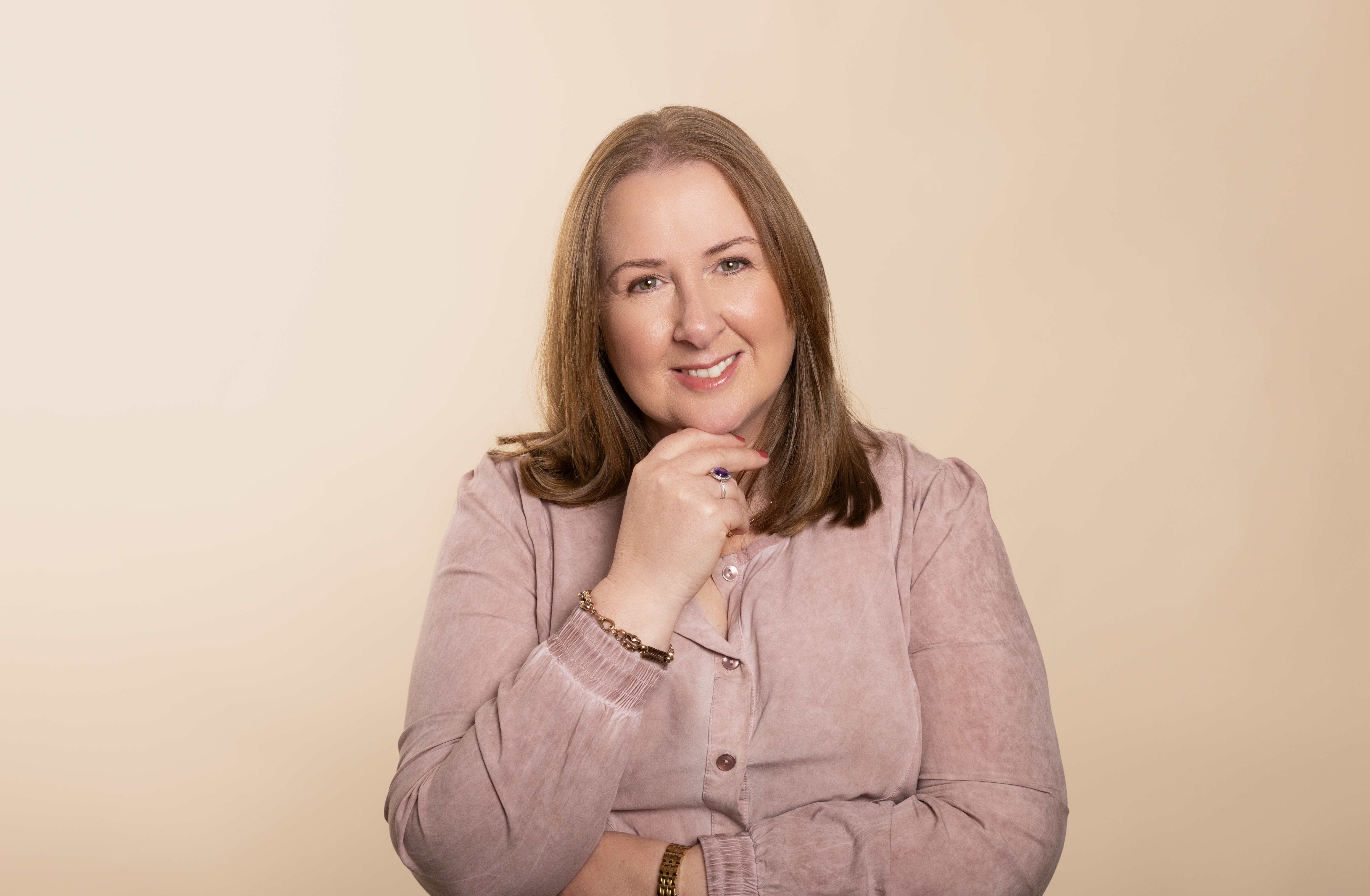
Linda Chander's Skin Cancer Story
“We should be shouting from the rooftops how important it is to protect your skin and how you can do it”. Click the link to read more.
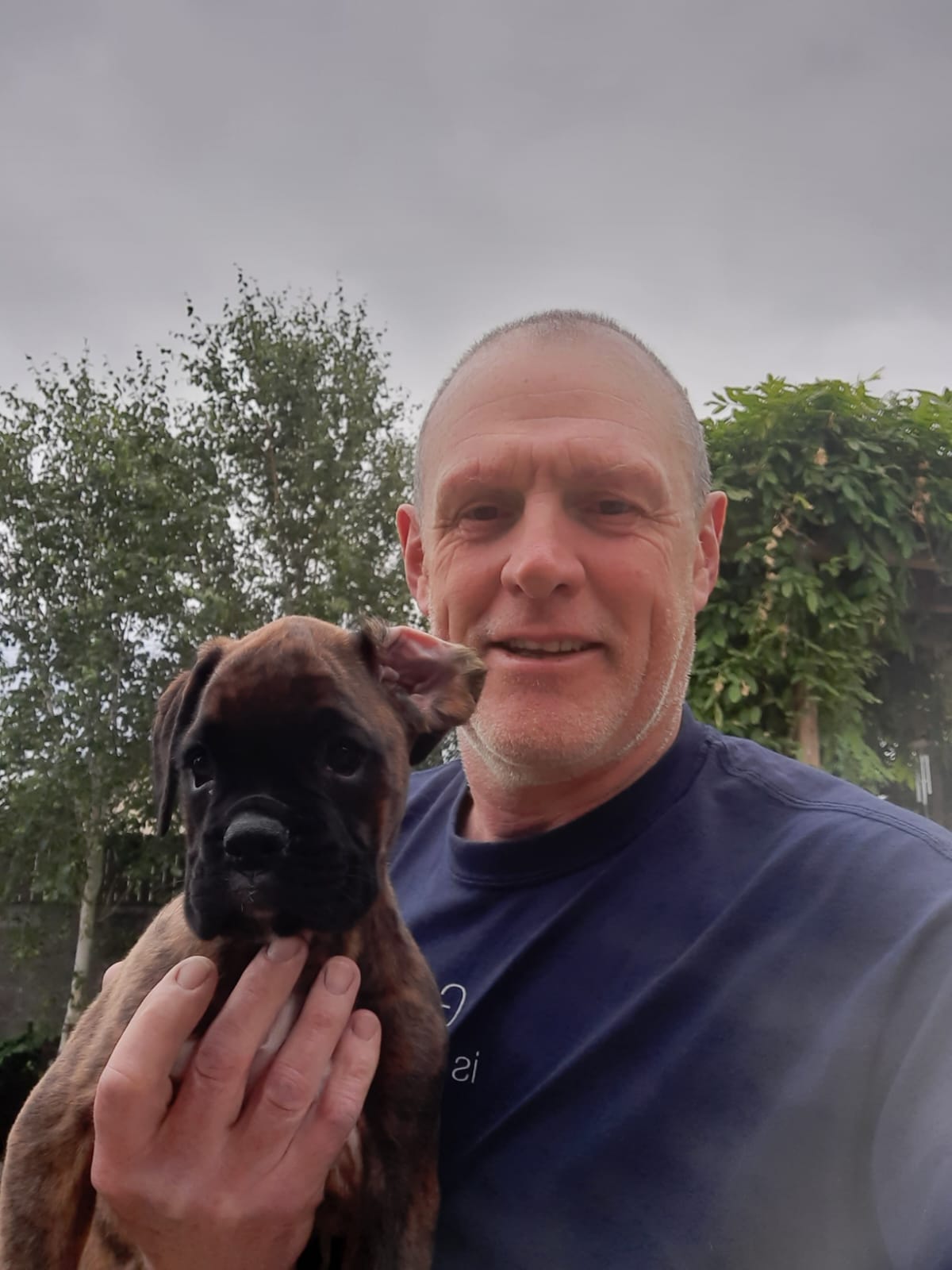
Kevin Roden's Skin Cancer Story
“The more people who take part in clinical trials, the more new and innovative treatments we can eventually make available to more patients.” Read more about Roden's ski cancer story.
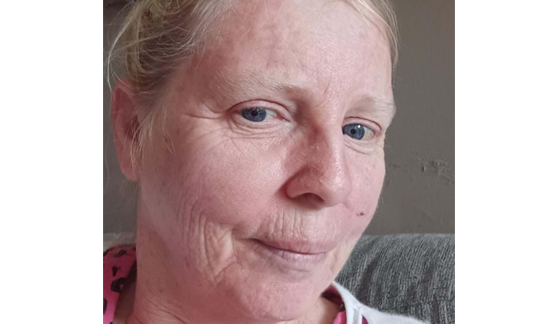
Deirdre Bonass' skin cancer story
"As a single mother to six children, I know I have used sun cream sparingly in the past because you’re trying to stretch out how long a bottle lasts. Click the link to read more.
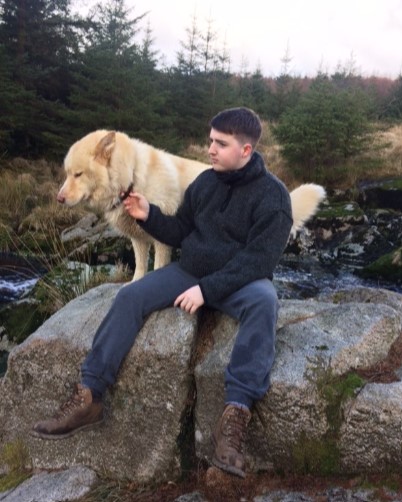
Sean Ryan's Melanoma Story
"It was a big commitment of course, but so worth it. I was still able to go to school, work and play football. I really tried to live life relatively normally. When I was 23, my team told me I was in complete remission." Read more Ryan's story.
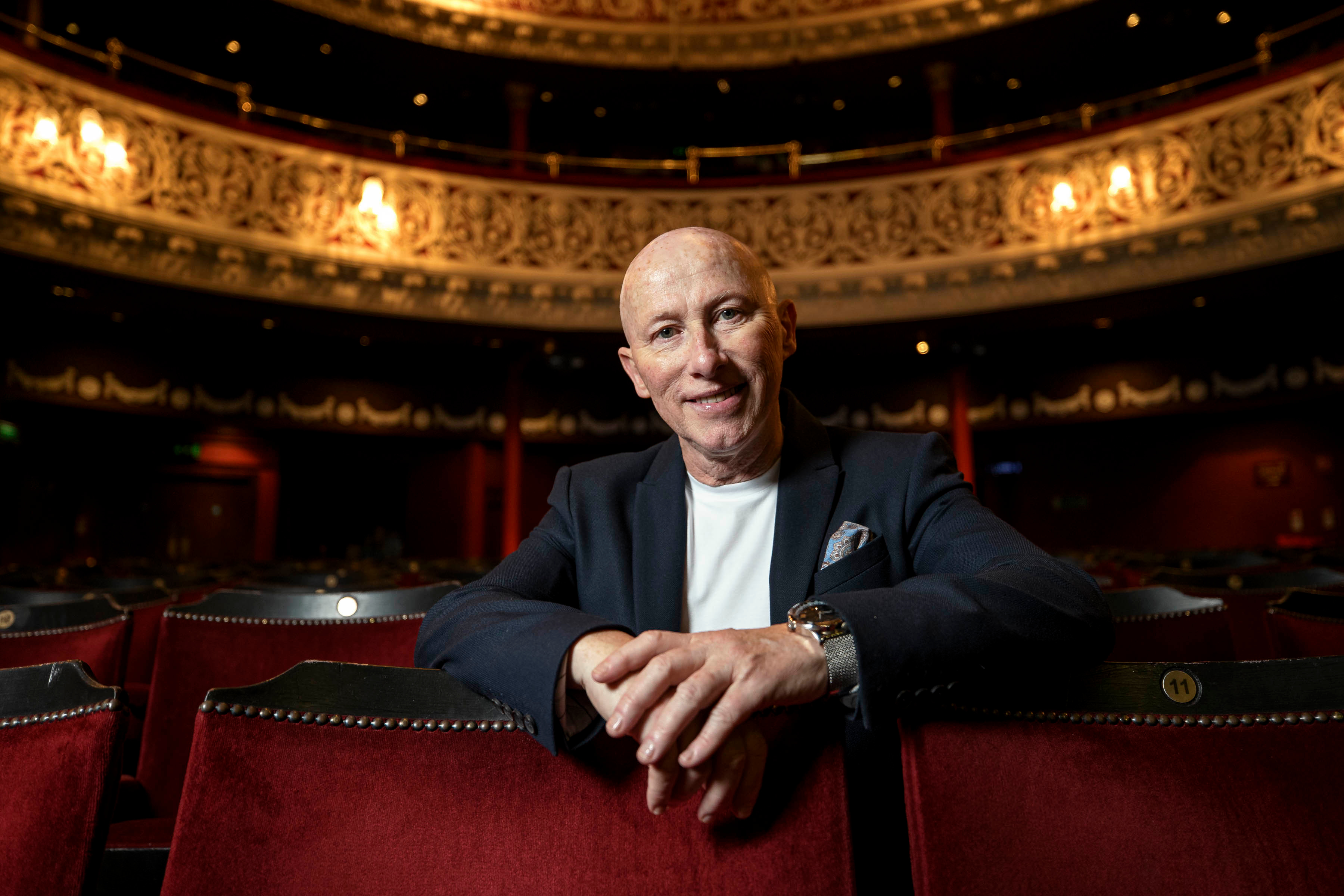
Joe Collin's multiple myeloma story
58-year-old Joe Collins began experiencing extremely bad back pain in 2017 “I had issues with my back before, but this time the pain was excruciating. Click the link to read more.
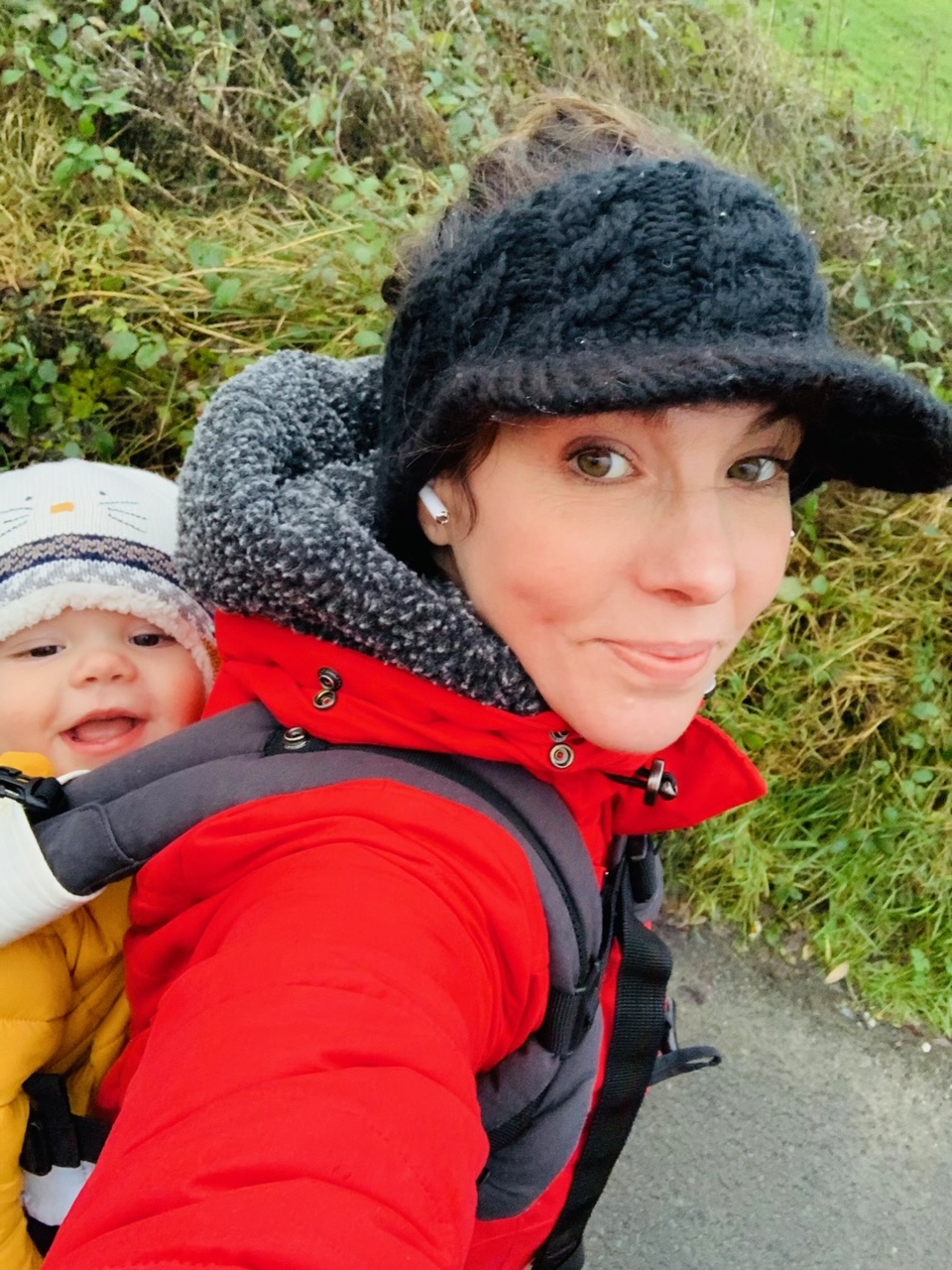
Vanessa Clarke's melanoma story
Vanessa Clarke shares her story of a diagnosis of stage 3 nodular melanoma aged 26. Click the link to read more.
Prostate cancer stories
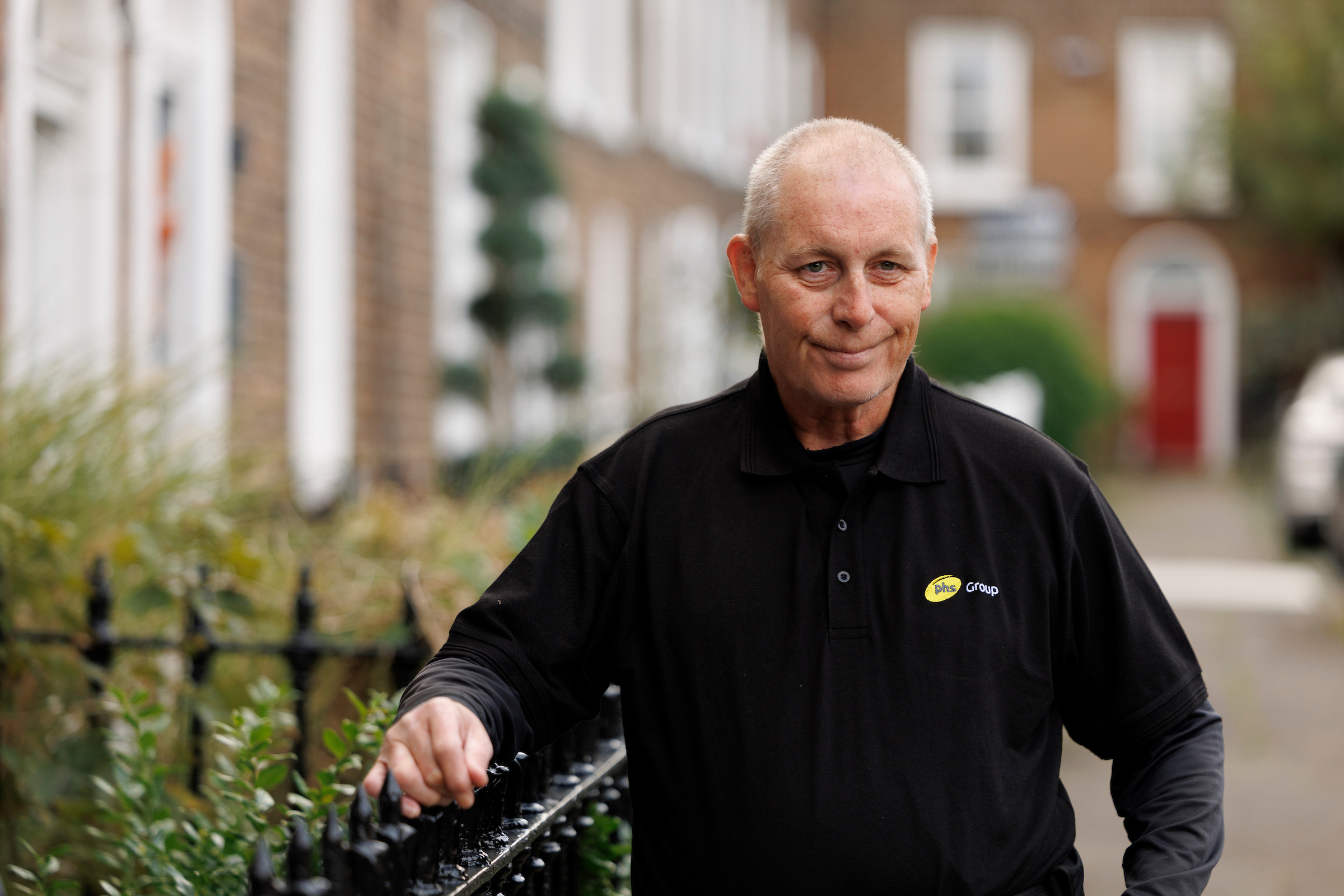
Marcus Humphries' Prostate Cancer Story
Marcus Humphries, 59, from Dublin is currently living with prostate cancer. Marcus is a delivery driver for phs Ireland and has worked with the company as a service driver for around 18 years installing and repairing washroom products for the hygiene provider.
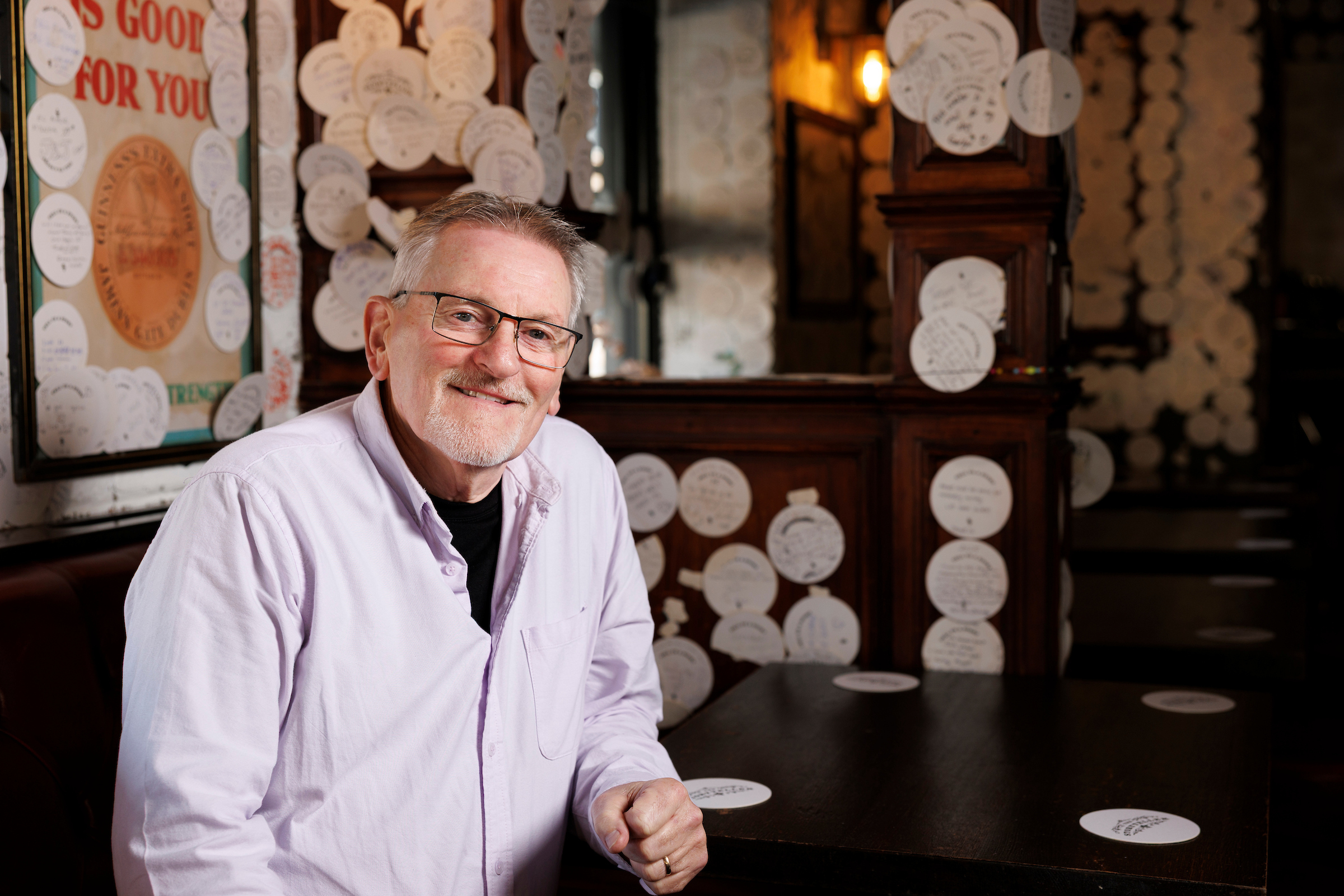
Gerry Connolly's Prostate Cancer Story
Semi-retired stationary salesman Gerry Connolly, 69, from Donegal was diagnosed with prostate cancer in 2013.
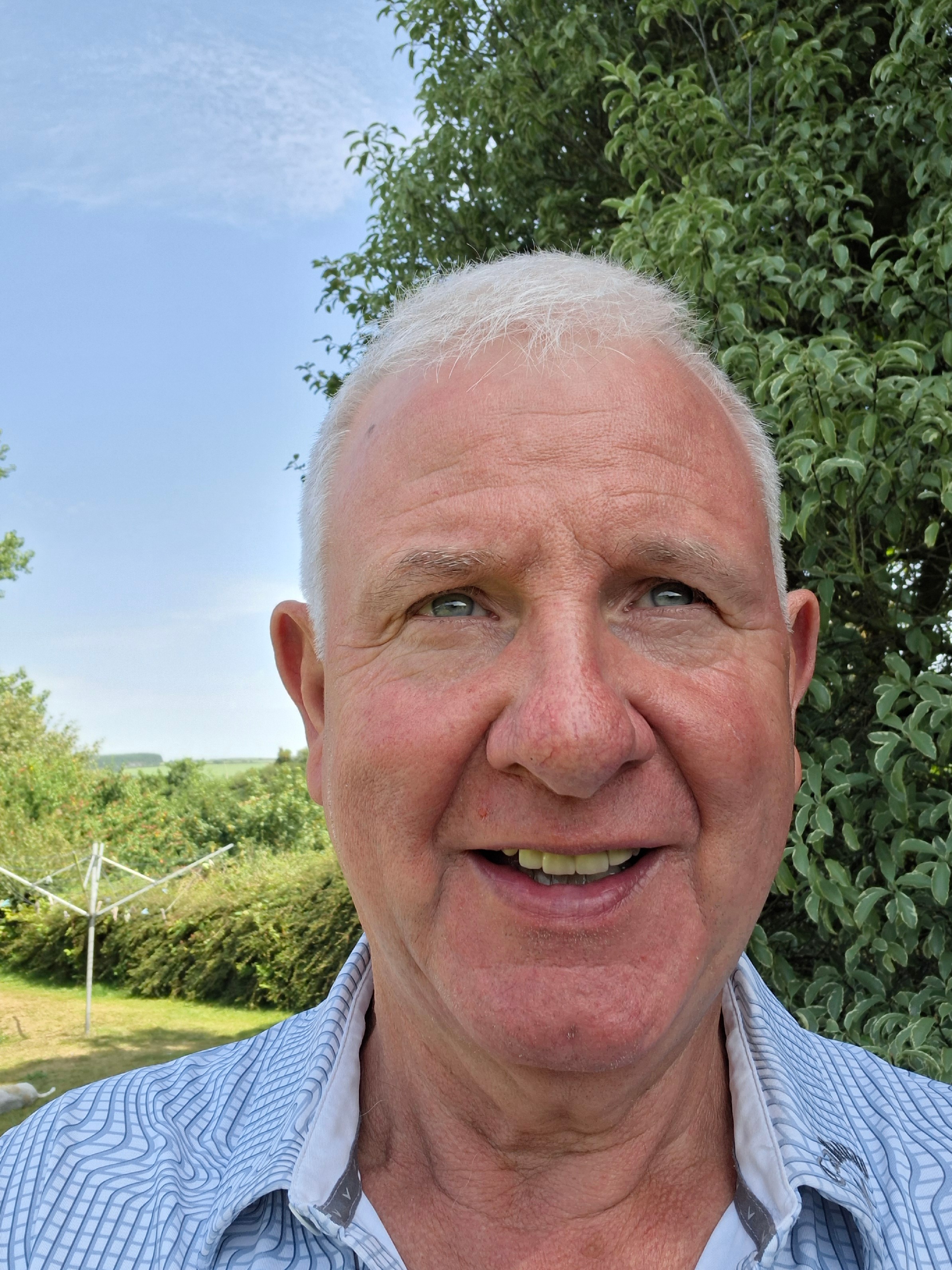
Gerry Kelly's Prostate Cancer Story
Gerry Kelly, 67, from Cork was diagnosed with prostate cancer in 2021. His cancer was discovered as a result of a routine blood test that showed a high PSA (prostate-specific antigen) level. Read his full story by clicking the link.
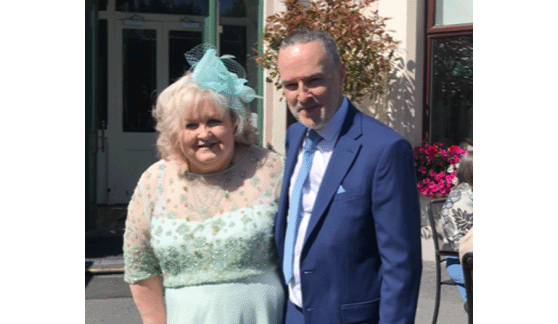
Phelim Warren 's prostate story
Phelim Warren had celebrated his 57th birthday six days before he was diagnosed with prostate cancer in September 2023. Read his full story by clicking the link.
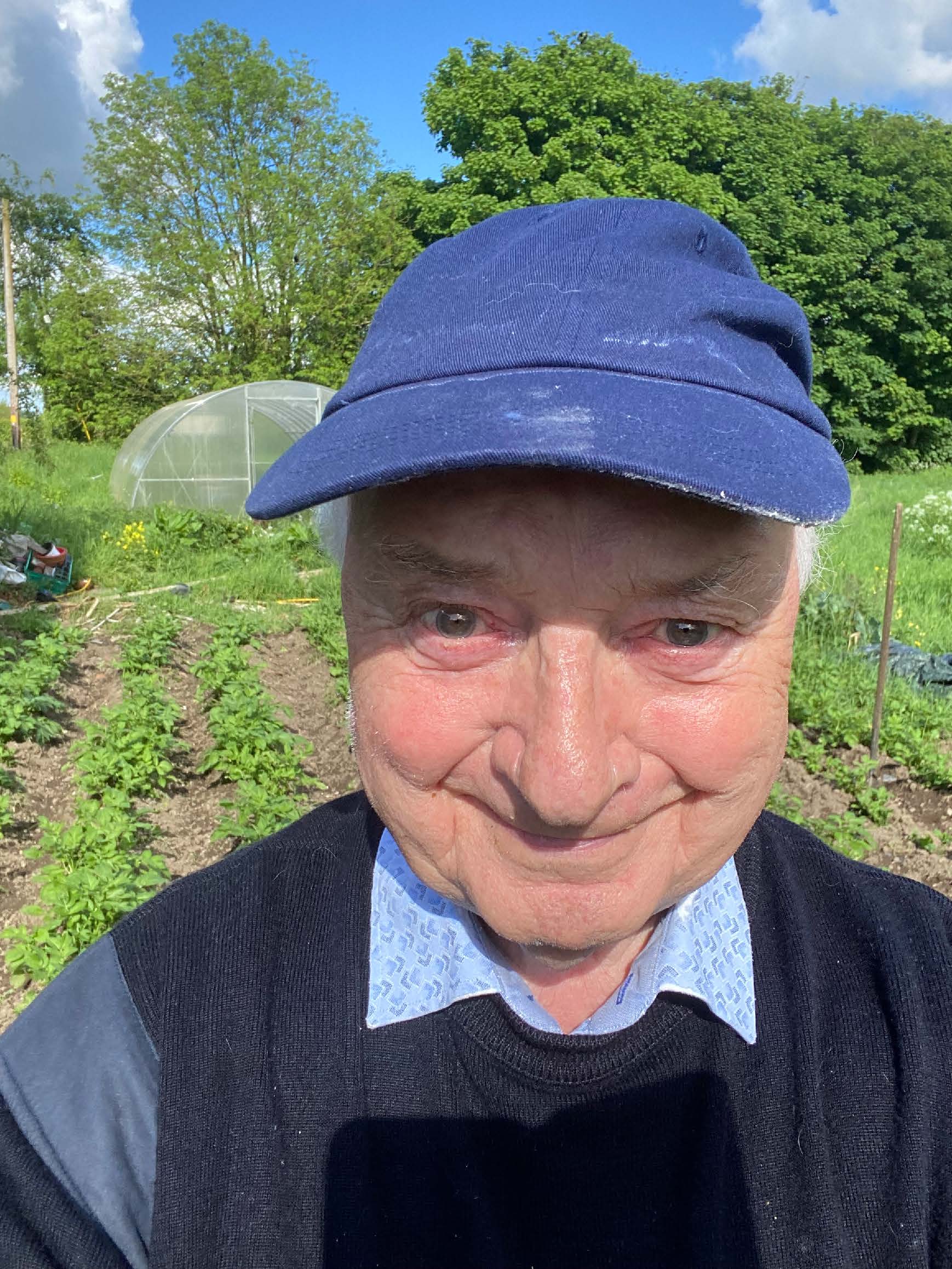
Hugh O'Rourke's Prostate cancer story
In late January of this year, Hugh O’Rourke was diagnosed with prostate cancer. As the 81-year-old from Carlow explains, there were earlier indications of his eventual diagnosis. Read his full story by clicking the link.
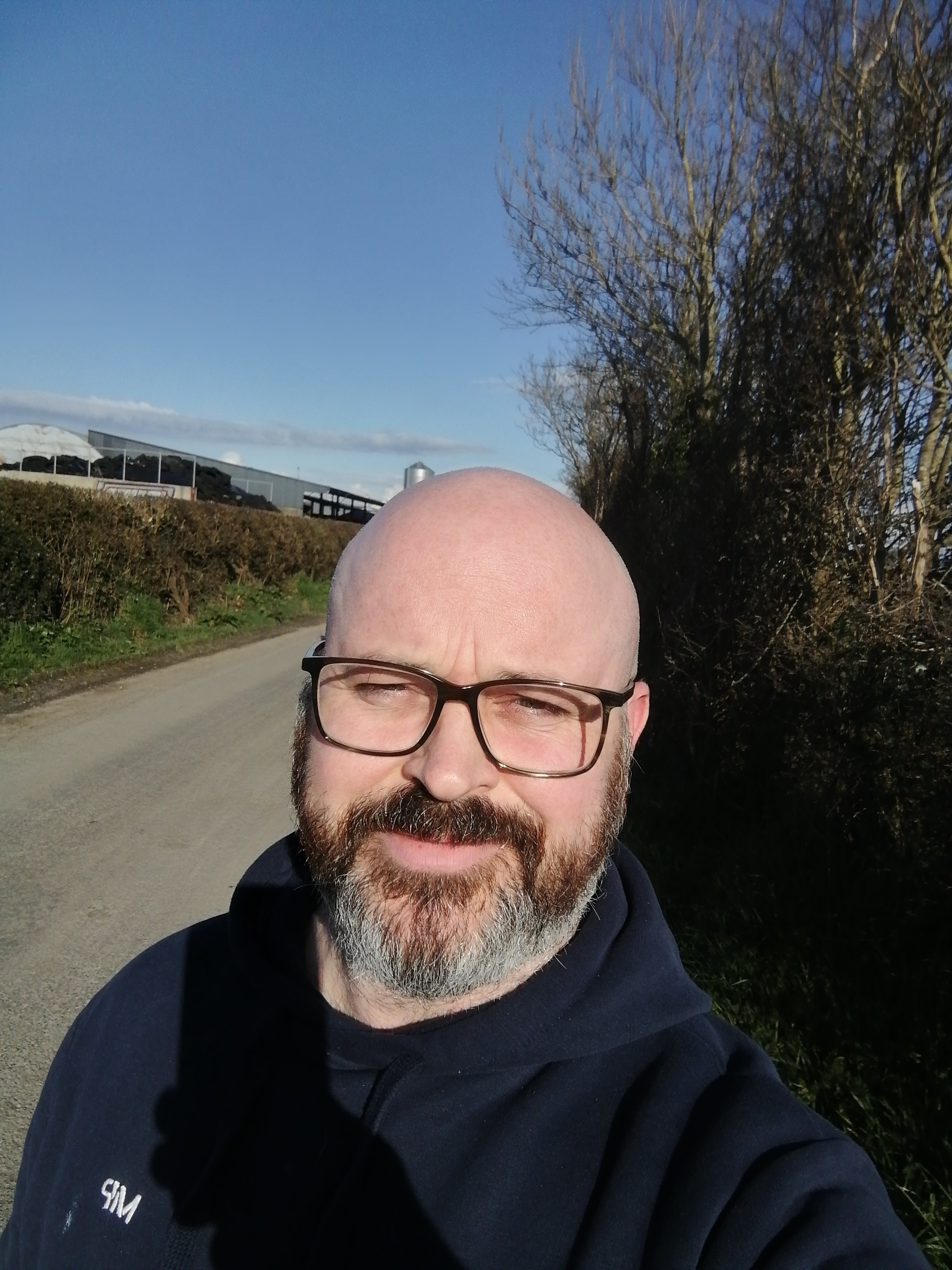
Adam Thompson's prostate cancer story
After his 40th birthday, in early July 2022, Adam Thompson decided to go and get a health check-up. “I just wanted a basic check-up, make sure everything was in order." Click the link to read more.
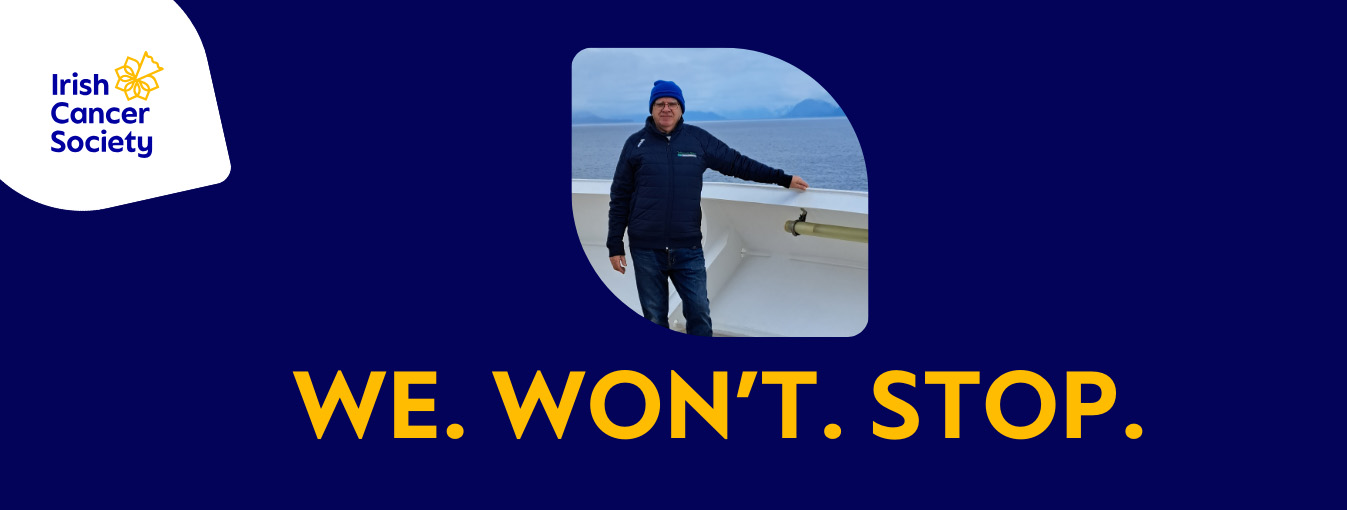
Gerry Walsh's prostate cancer Story
Before his own diagnosis in 2015, Gerry Walsh, from Tullamore, Co Offaly, was more than aware of the impact that cancer can have on a family. Click the link to learn more.

Simon Henry's prostate cancer story
‘With a newborn to deal with, my mind was spinning.’ Read Simon's prostate cancer story via the link.
Lung Cancer stories
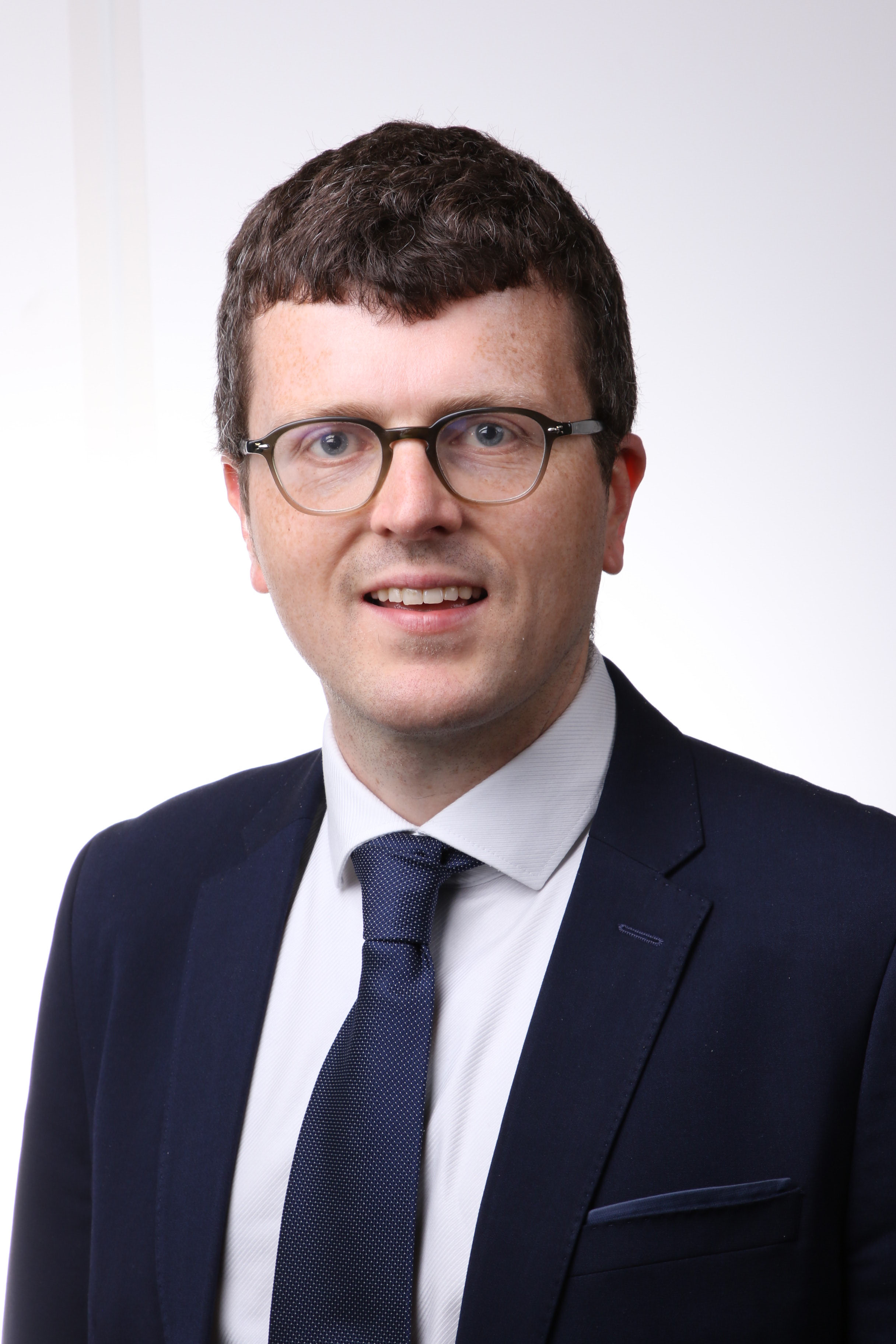
Dr David O'Reilly's Lung Cancer Researcher Story
Meet Dr David O'Reilly, an Irish Cancer Society-funded researcher who is working on a project looking at using liquid biopsies to improve outcomes for patients with non-small cell lung cancer. Click the link to read more.
Declan Costello's Lung Cancer Story
Declan Costello, 60, from Rush, Co. Dublin was diagnosed with lung cancer in January 2025 after he developed a cough that wouldn’t go away, a sudden loss of appetite and significant weight loss. Click the link to read his story.
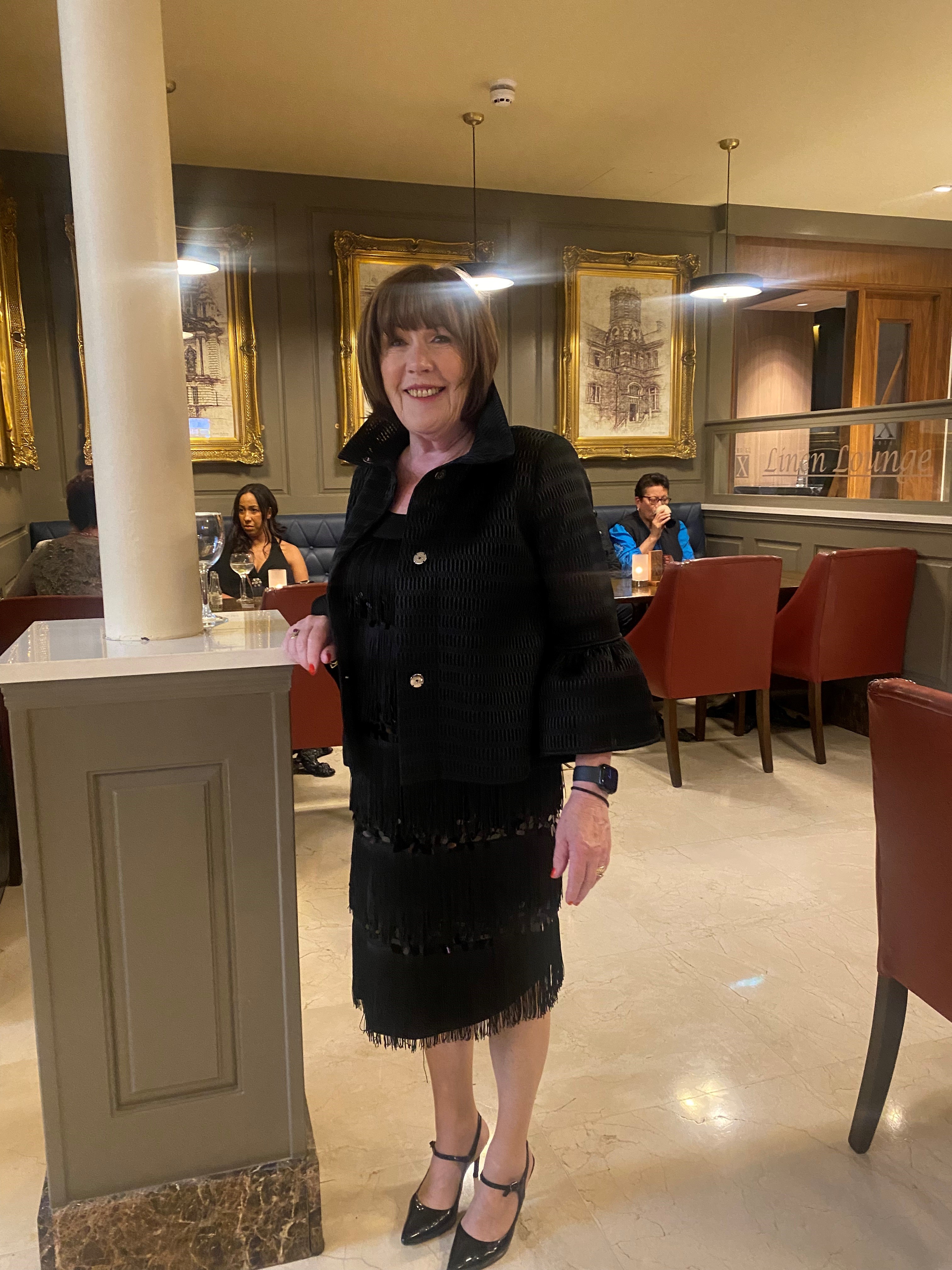
Kay Sweeney's Lung Cancer Story
“I was very healthy, I ran a lot, I walked the dogs every day, and at no point did I ever feel unwell or like I had cancer.” Click the link to read Kay's story.
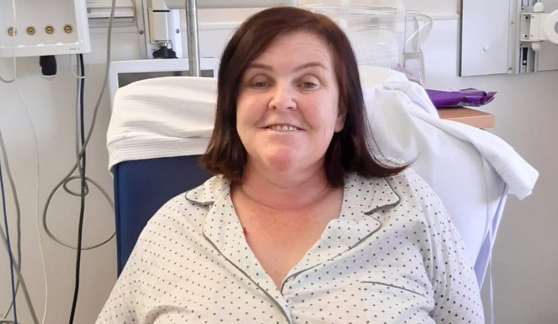
Janice Coleman's Lung Cancer Story
It was during the CT that they happened, by accident basically, to spot something on my lower lung. Click the link to learn more about Janice's lung cancer story.
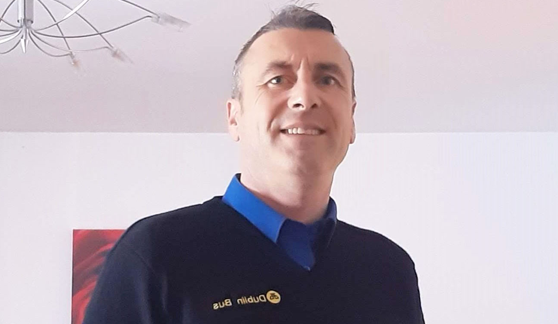
Damien O'Hara's Lung Cancer Story
“I am an example of somebody who had their lung cancer detected early and lived to tell the tale.” Click the link to learn more about Damien's lung cancer story.
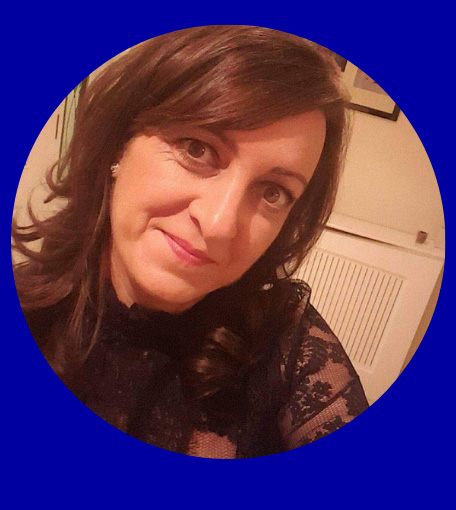
Samantha Vaughan's lung cancer story
"I was only 47 at the time and felt I wouldn’t be affected by lung cancer as I was a non-smoker. They needed to take a biopsy and remove the tumour, they also wanted to check my lymph nodes to see if the cancer had spread." Read Samatha's full story by clicking the link.
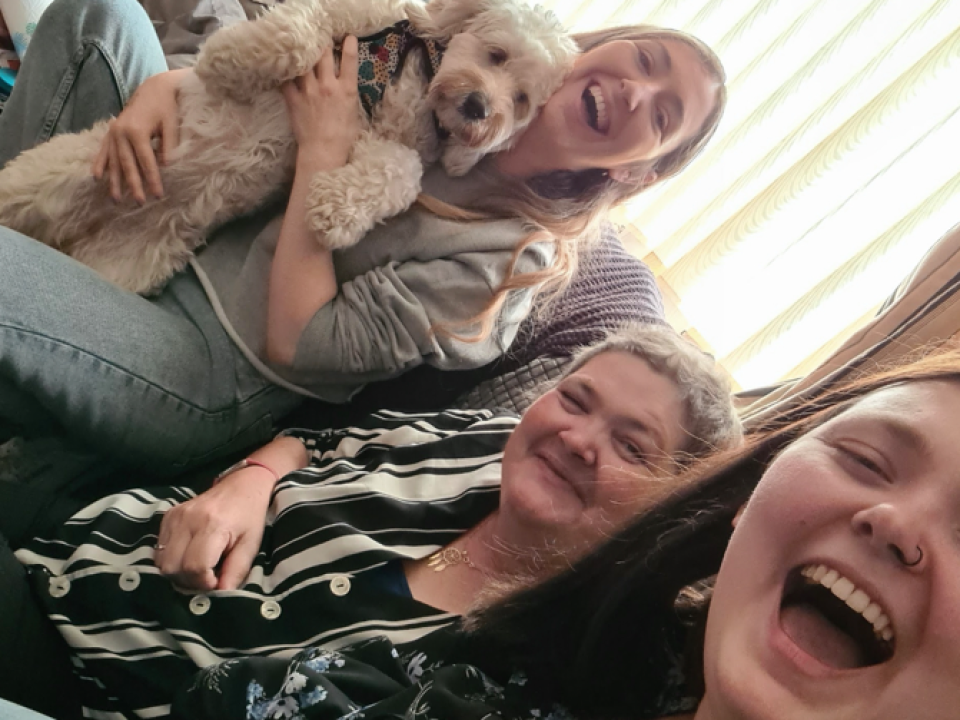
Sarah's Mum's lung cancer story
Aged just 48 years old, Sarah’s mum Deirdre, who went by Dee, was diagnosed with lung cancer. Click the link to read more.
Bowel Cancer stories
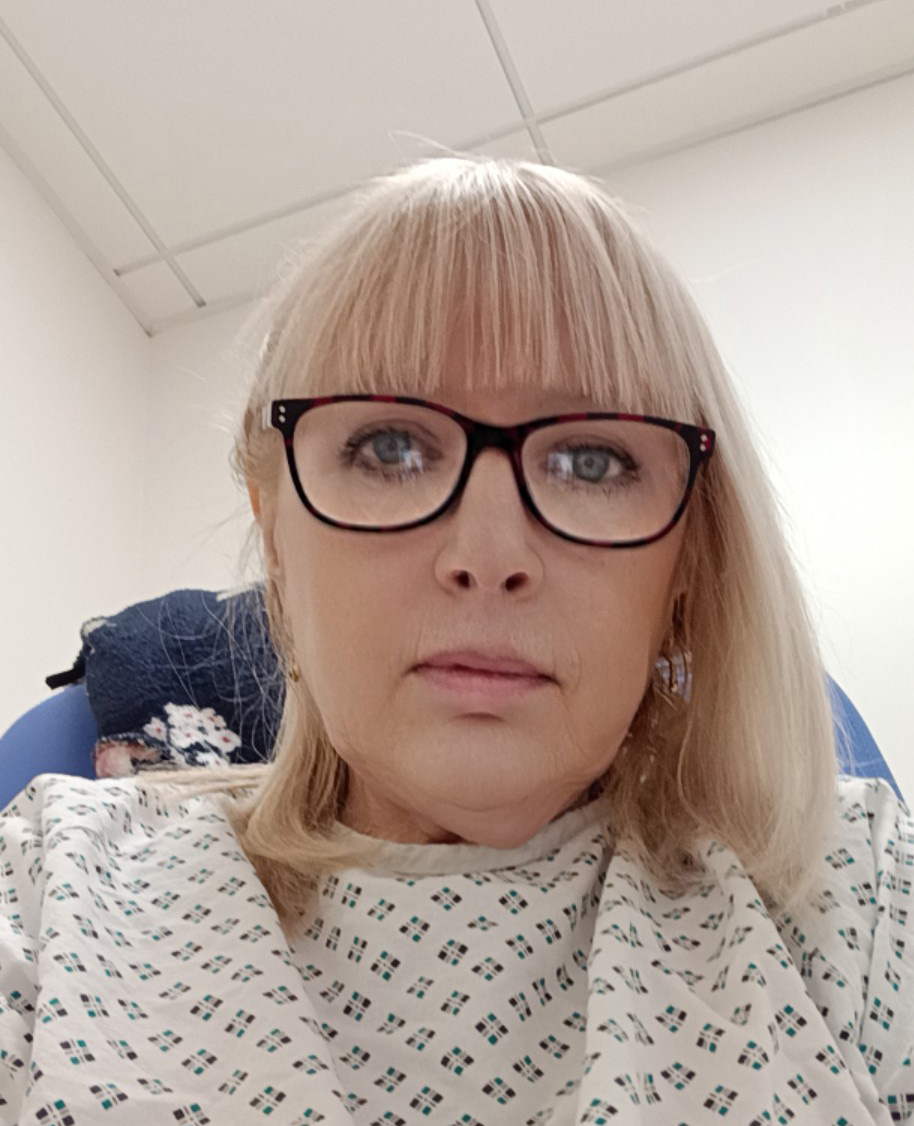
Ann Marie Flynn's Bowel Cancer Story
"With me, when I heard stage 4, I thought, ‘that's it, I'm gone’. But it's not the case at all. Talk to your caregiver, and they'll explain properly. They can reassure you that there is life after stage 4.” Click the link to learn more about Ann Marie's bowel cancer story.
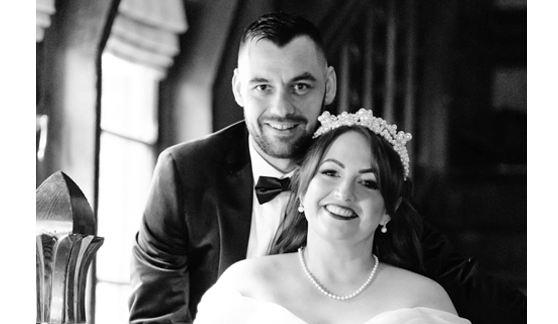
Kerrie Kennedy's Bowel Cancer Story
“My age went against me. Now, here I am in my early 40s with incurable bowel cancer. That should never happen to anybody.” Click the link to learn more about Kerrie's bowel cancer story.
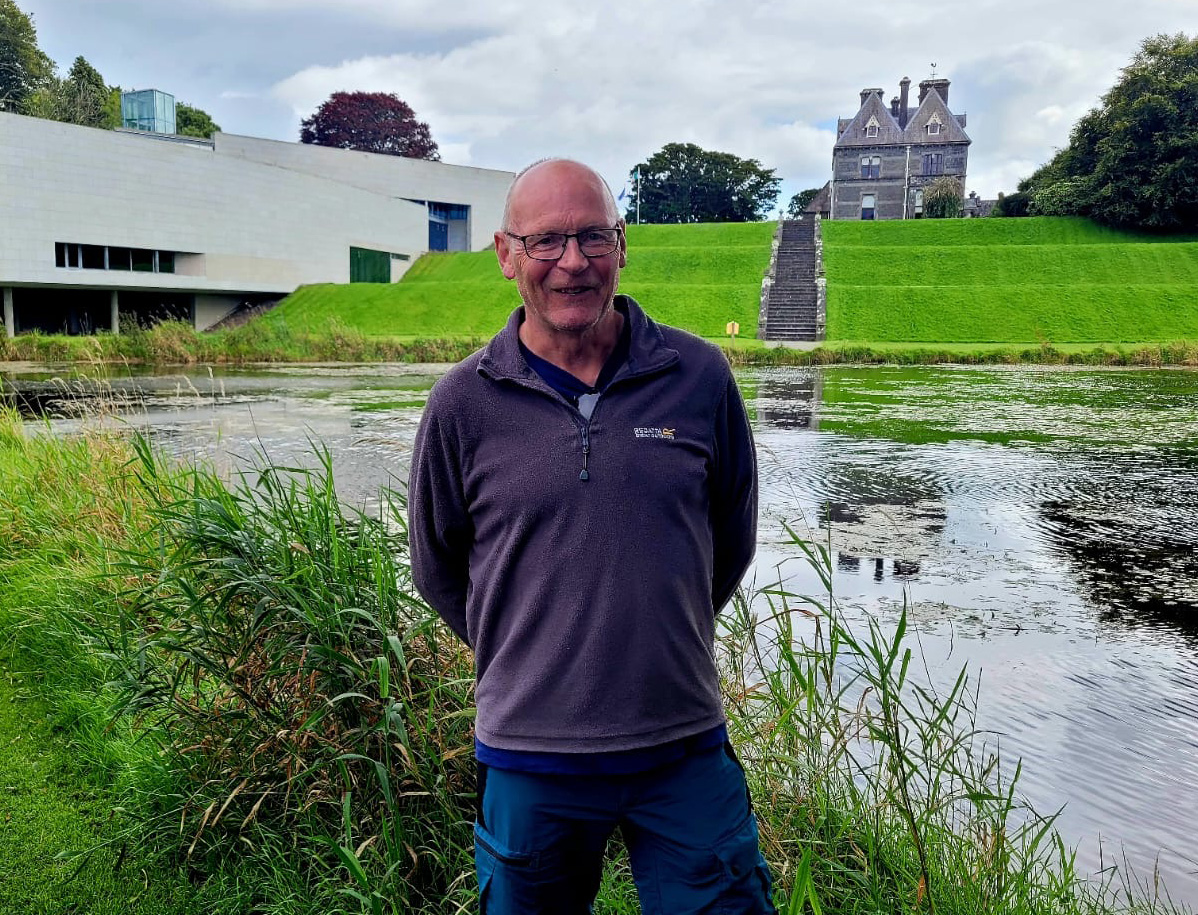
Tom McHugh's Bowel Cancer Story
“If just one person reads my story and checks they are signed up for BowelScreen or does their test, that will be worth me sharing my experience.” Click the link to learn more about Tom's bowel cancer story.
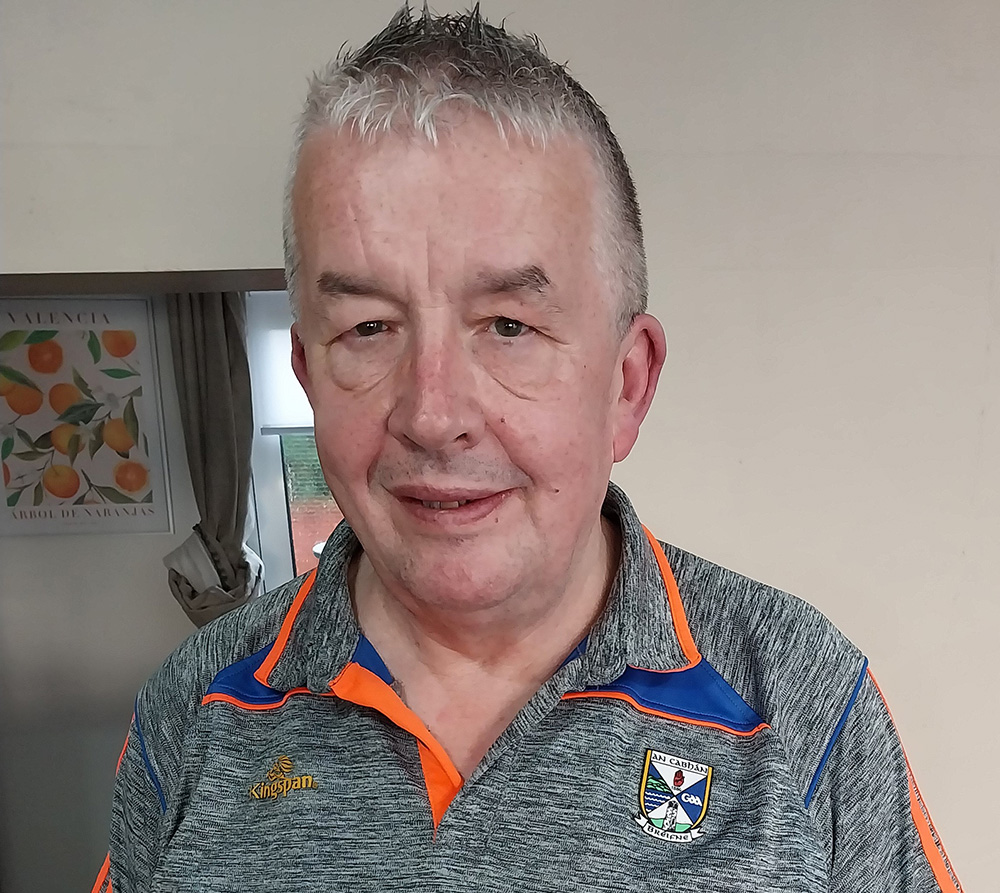
Tom Crowe's Bowel Cancer Story
"I had my five-year clear scan just this year and my consultant in Tallaght said to me, ‘in the nicest possible way, hopefully I never see you again’." Click the link to learn more about Tom's bowel cancer story.
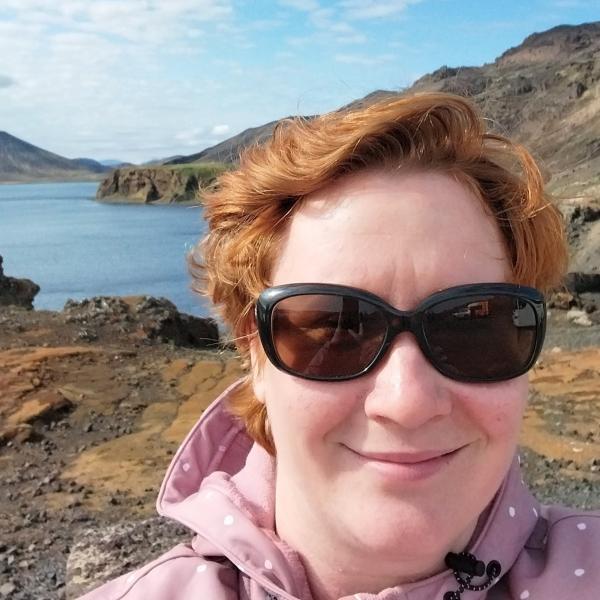
Deirdre Fleming's Bowel cancer story
“I just want people to hear my story and become more aware of the signs and symptoms of bowel cancer and to not be afraid to talk about your poo.” Click the link to read more about Deirdre's story.

Maggie Donnelly's colorectal cancer
In September 2020, Maggie Donnelly Lough’s husband, Pat, was diagnosed with colorectal cancer. Read her story to learn more.
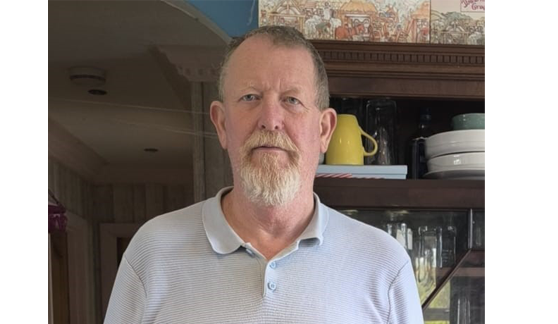
Paul Vickers' colorectal cancer story
“It could have been a lot worse for me and I’m so grateful to be able to tell my story to raise awareness of bowel cancer” Click the link to read more about Paul's story.
Children's cancer stories
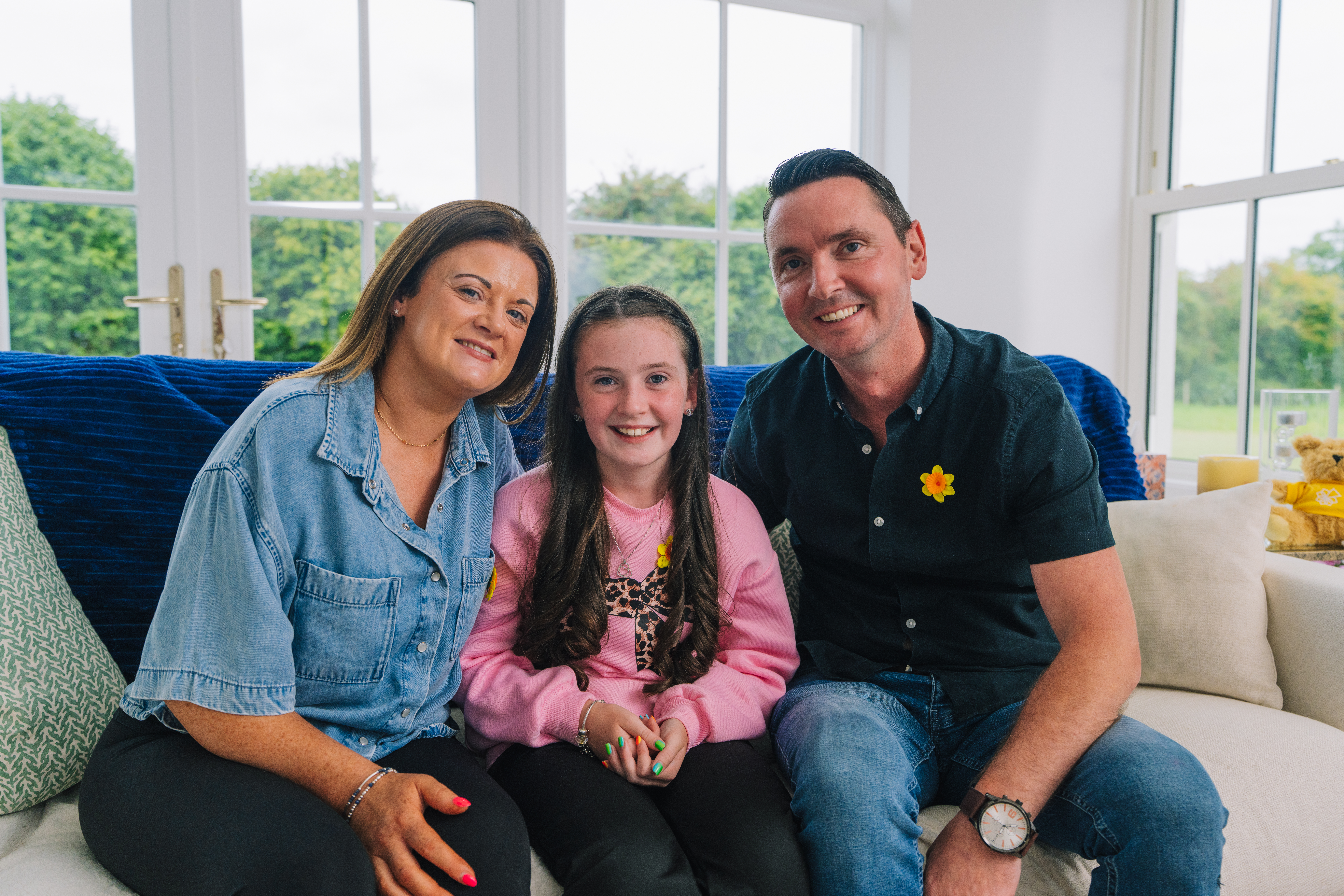
Michelle and Sophia's Childhood Cancer Story
At age three, Sophia-Grace Conway received her first cancer diagnosis after a brain tumour was discovered during a scan. The young girl then had two cancer recurrences, one in 2019 and another in 2020. Click the link to learn more.
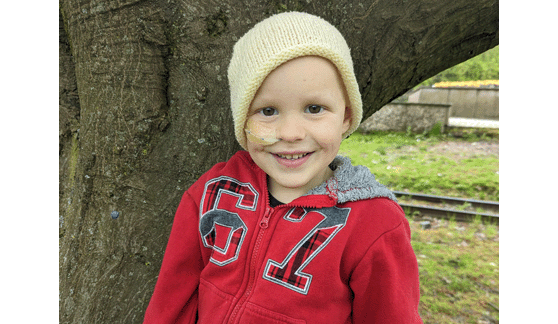
Cadoc's rhabdomy sarcoma story
"On 8 November 2022, we went to the hospital and by 6 pm, we found out he had cancer." Read more of Cadoc's story by clicking the link.
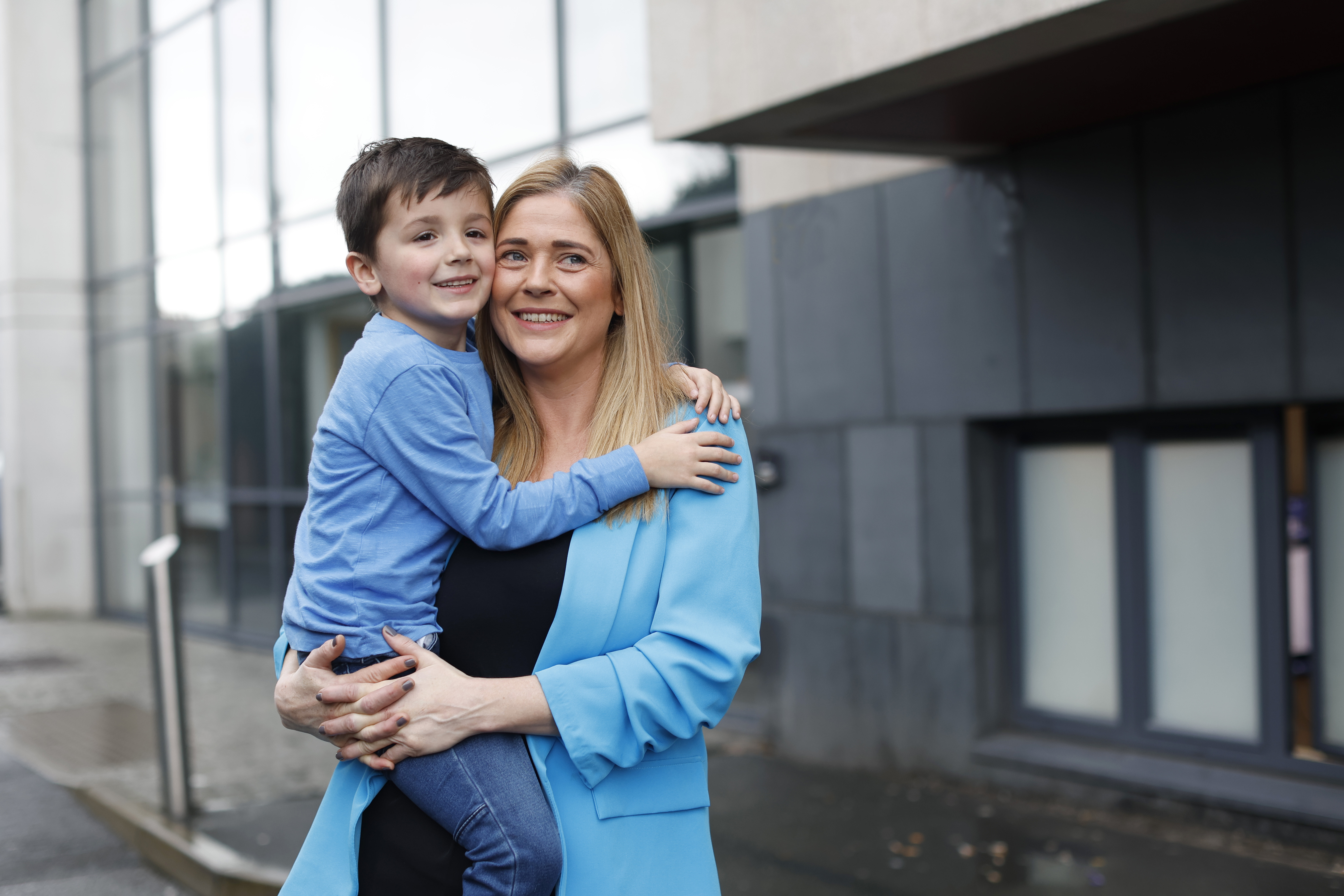
Róisín & Tommy's acute myeloid leukaemia story
In his mum Róisín’s own words, she feels “incredibly lucky” to see her four-year-old son Tommy getting back to his old self after a devastating cancer diagnosis.
More cancer stories
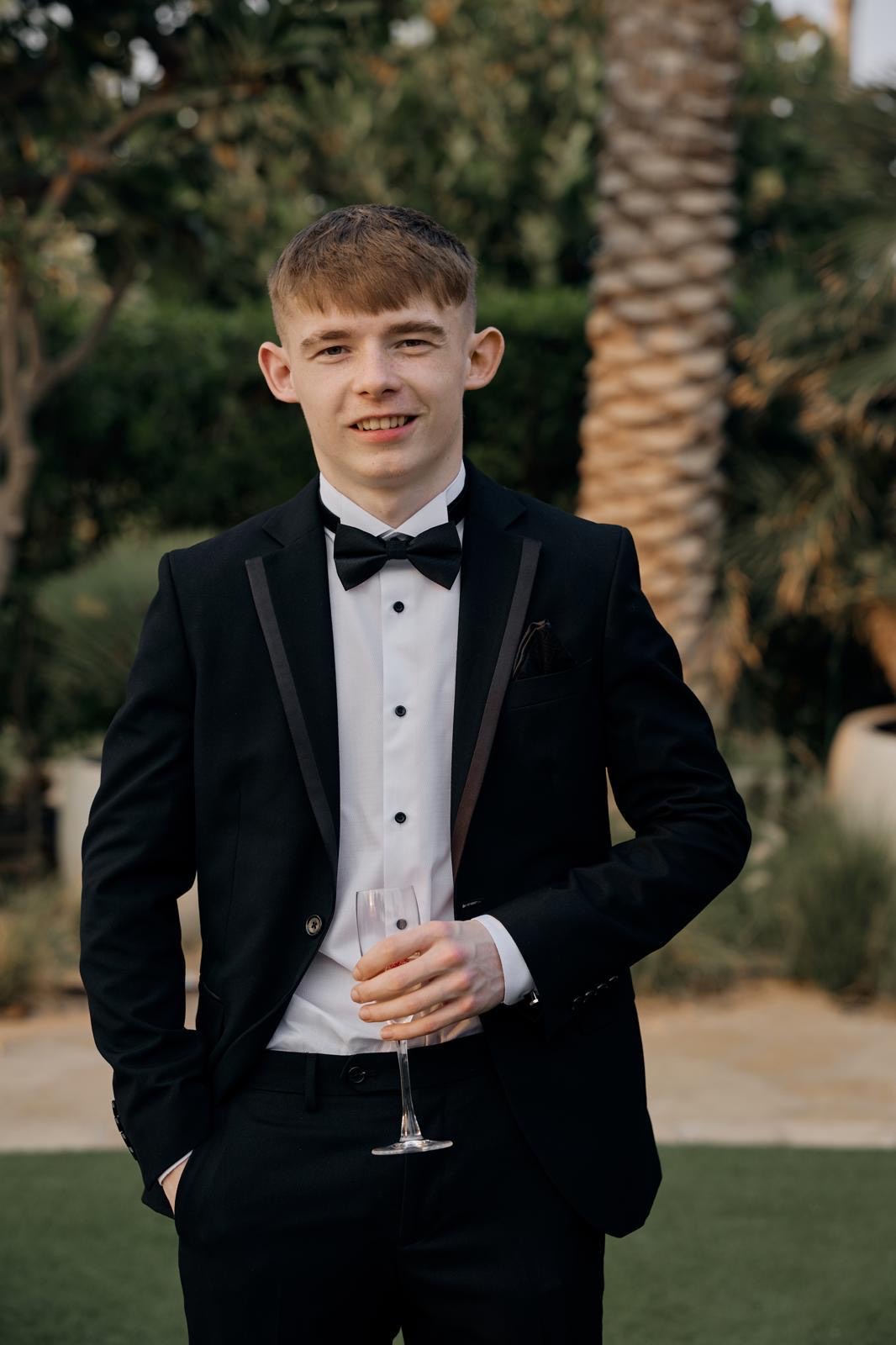
Joel Messenger's Chronic Myeloid Leukaemia (CML) Story
"Hearing the word 'cancer' at the age of 19 was surreal." Click the link to read Joel's story.

Emma Butler's Chronic Myeloid Leukaemia (CML) Story
“I had fatigue and I had night sweats, but it was during the summer, and I was really busy with work, so it was easy for me to write those symptoms off." Click the link to read more of Emma's story.

Richard Kennedy's Lymphoma Story
Richard Kennedy shares how support from the Irish Cancer Society helped him as he recovered from treatment for lymphoma in his duodenum. Read his full story by clicking the link.
Declan Whelan's Chronic Lymphocytic Leukaemia Story
Declan Whelan's cancer diagnosis came about after he experienced a number of worrying symptoms. Read his full story by clicking the link.
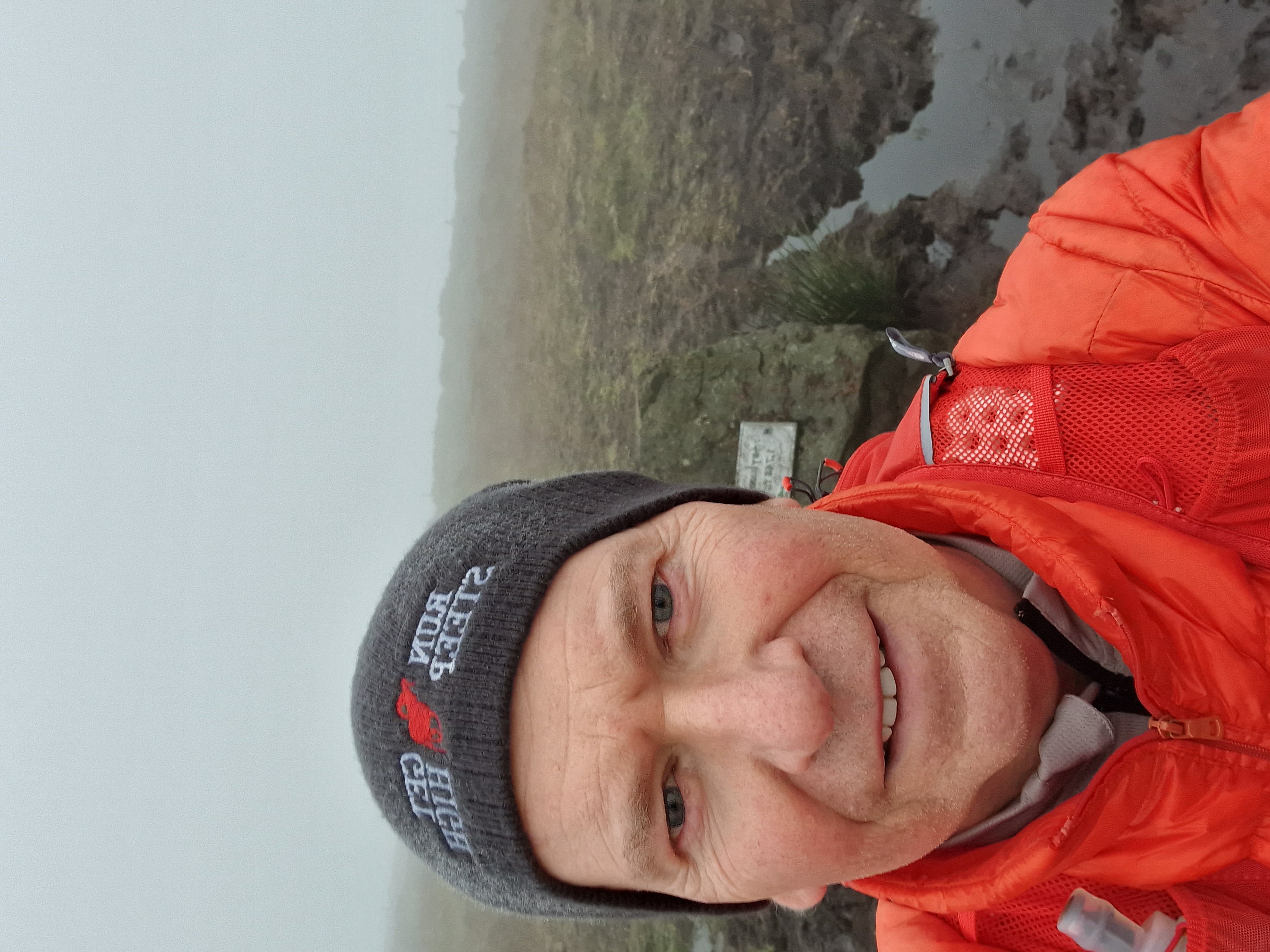
Mike Freeney's Head and Neck Cancer Story
“Don’t look in the rearview mirror – the only way is forward. You have to push through it, and things will get better." Click the link to read more.
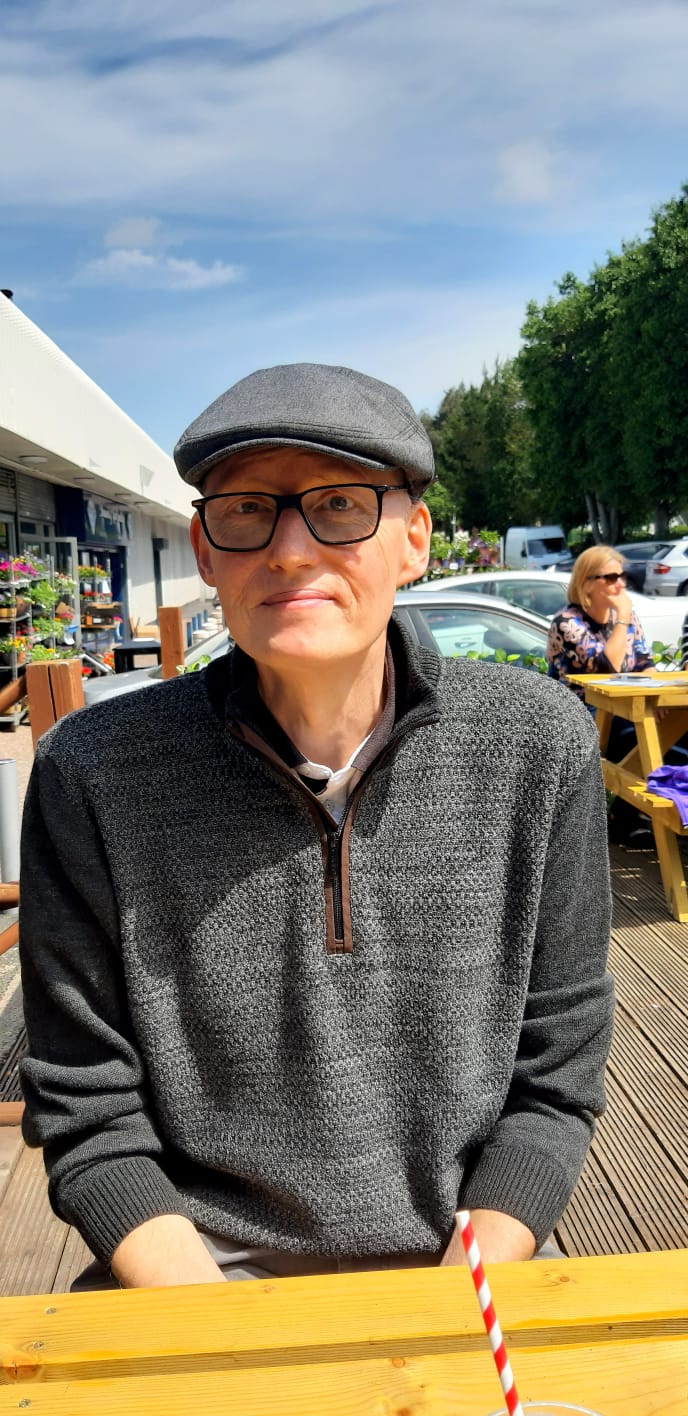
Paul Mooney's Head and Neck Cancer Story
“When I was told it was cancer, it felt like my whole world just collapsed. I wanted to use a lot of bad language, but then my thoughts were just focused on what I needed to do next.” Click the link to read more.
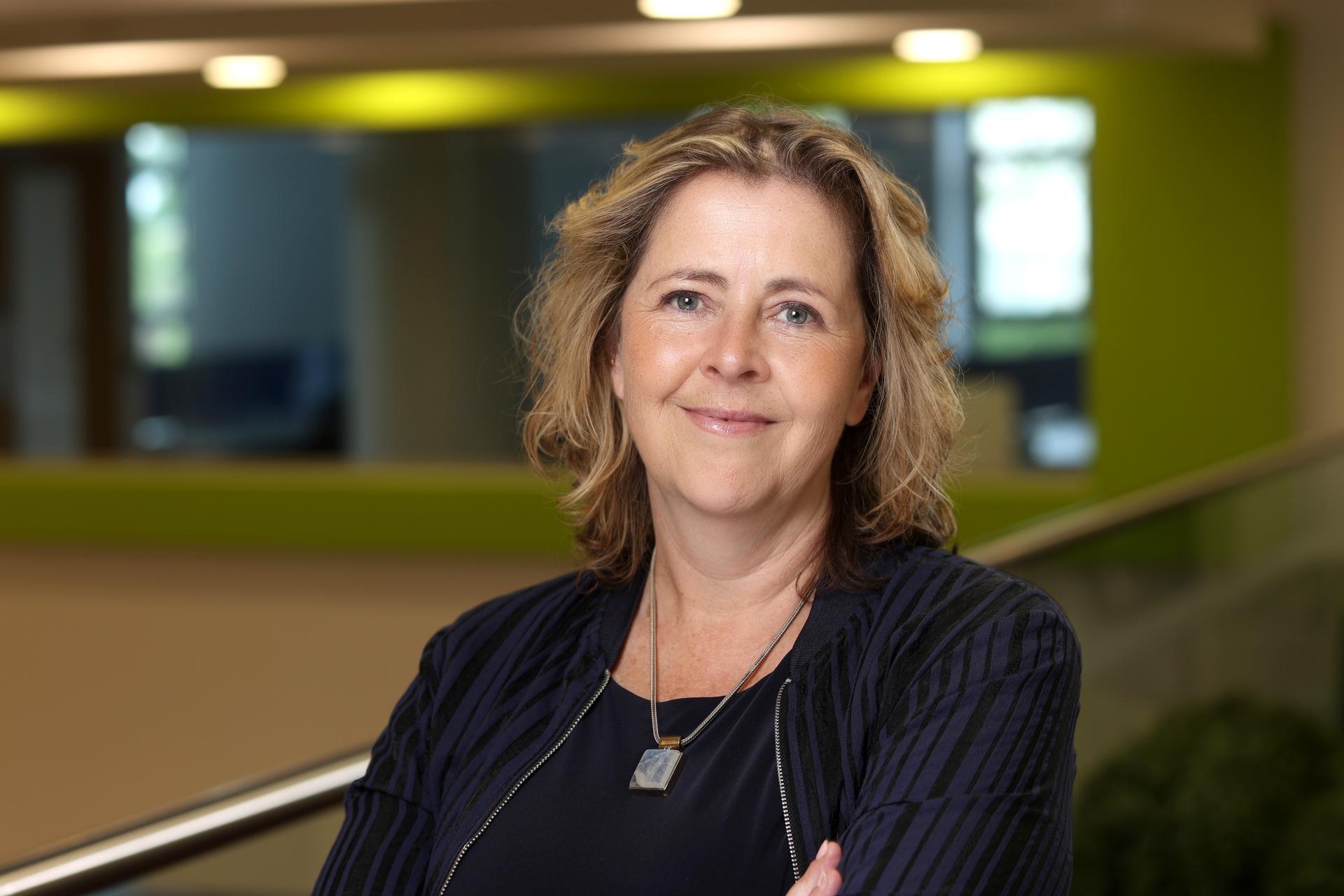
Siobhan's metastatic cancer story
When I received my diagnosis, I actually felt I was able to accept it relatively quickly. My work focused on medicines research & development," Read more about Siobhan's metastatic cancer story.
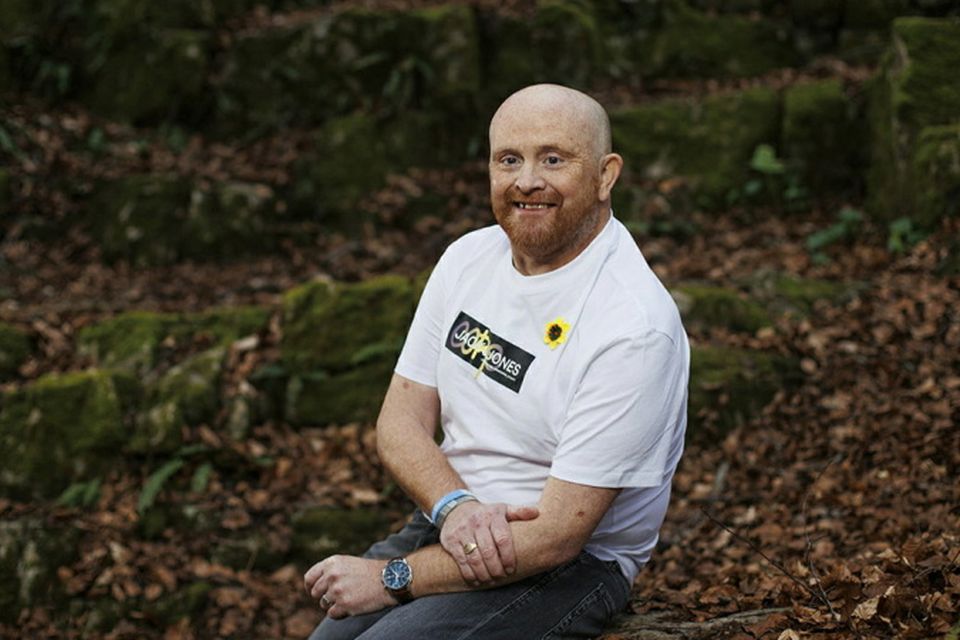
Paul Ryan's Oesophageal Cancer Story
“The supports they offer would have been really beneficial to me at the beginning of my cancer journey, but I’m still on that journey and I take great comfort knowing that these supports are going to be in place.” Click the link to learn more about Paul's oesophageal cancer story.
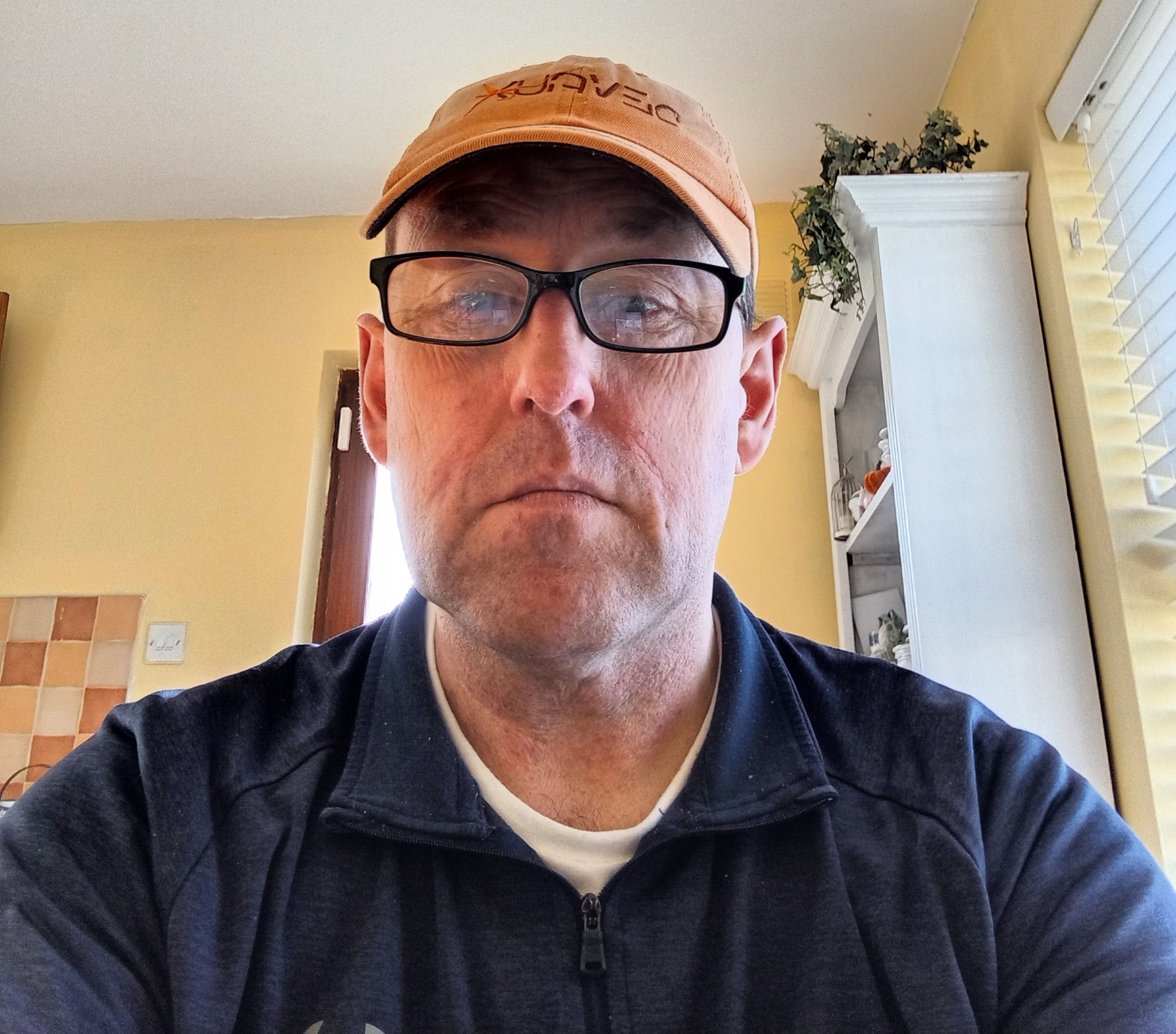
Patrick Phelan's Leukemia Story
“The Irish Cancer Society Transport Service was there for me when I didn’t even know what it was.” Click the link to learn more about Patrick's leukaemia story.
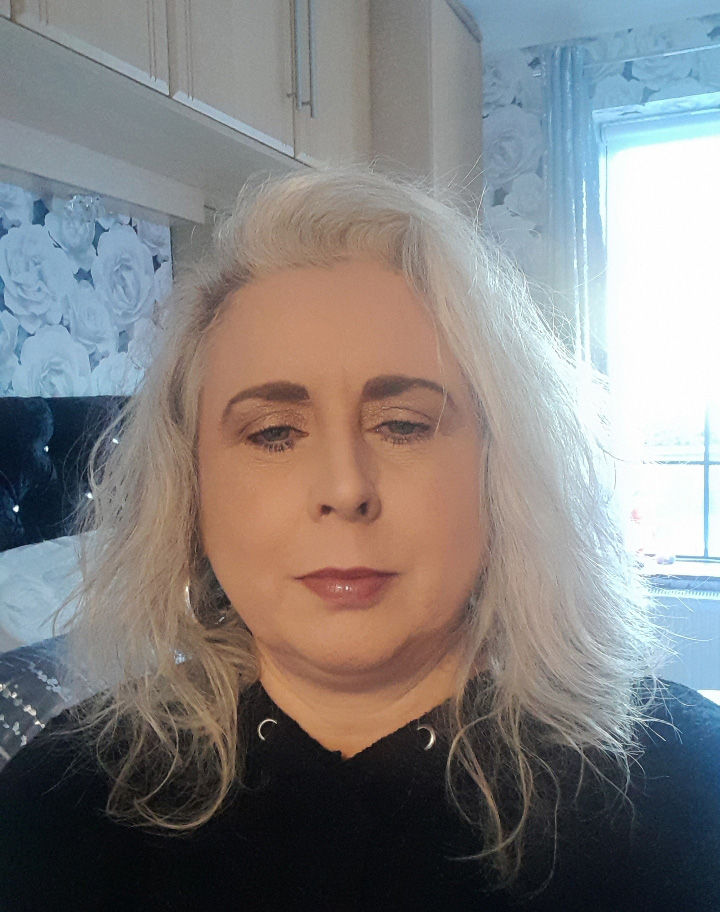
Suzanne Byrne's ovarian cancer story
At the end of 2022, 54-year-old Mum-of-four and grandmother-of- five, Suzanne Byrne from Greystones was beginning to go through the menopause when she was diagnosed with ovarian cancer. Read her story by clicking the link.
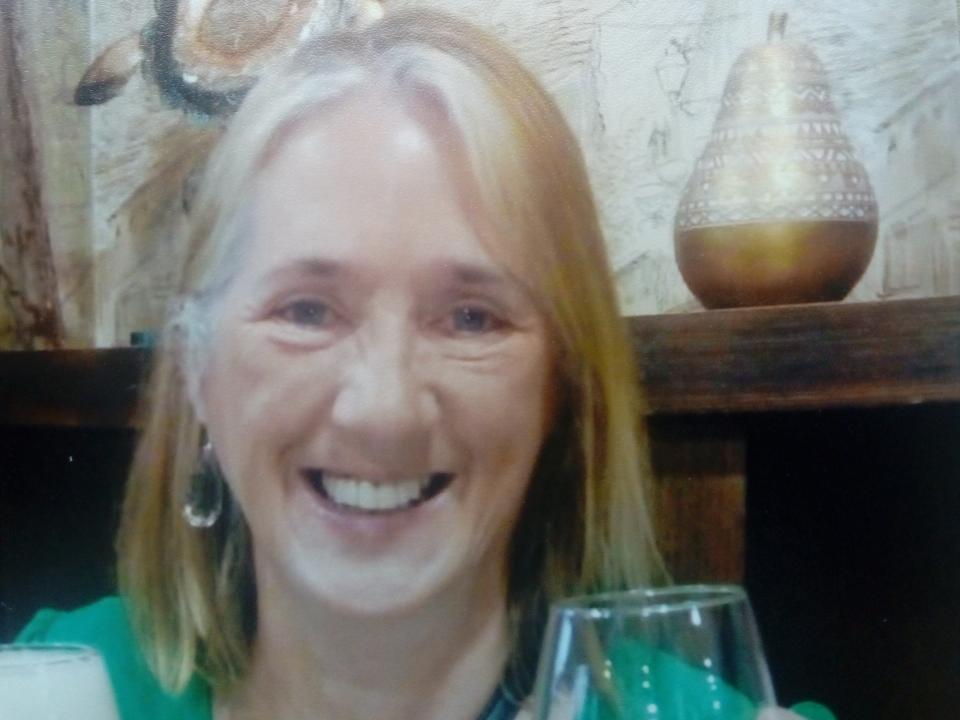
Mary Maybury O'Connor's tonsillar cancer story
Mary Maybury O'Connor, registered nurse and midwife, was diagnosed with tonsillar cancer in October 2016. Click the link to read more about Mary's story.
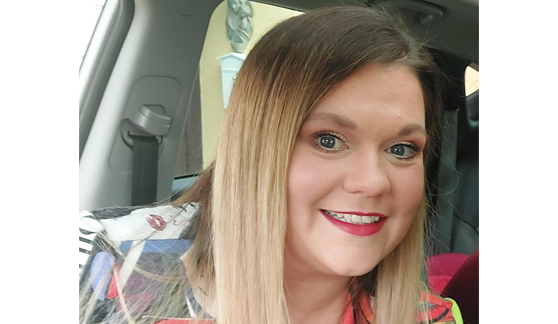
Jennifer's Langerhans Cells Histiocytosis story
Jennifer Pearson from Blessington in Co. Wicklow was diagnosed with a rare cancer-like condition called Langerhans Cells Histiocytosis in 2016. Click on the link to learn more.
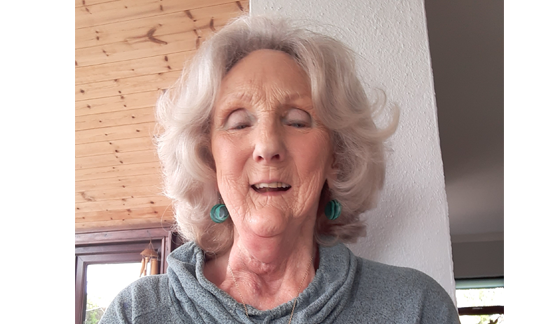
Rita Williamson's mouth cancer story
In March 2020, just as Covid was happening, I received my diagnosis for Squamous Cell Carcinoma—a mouth cancer—in my jaw. To learn more of Rita's story, click the link.
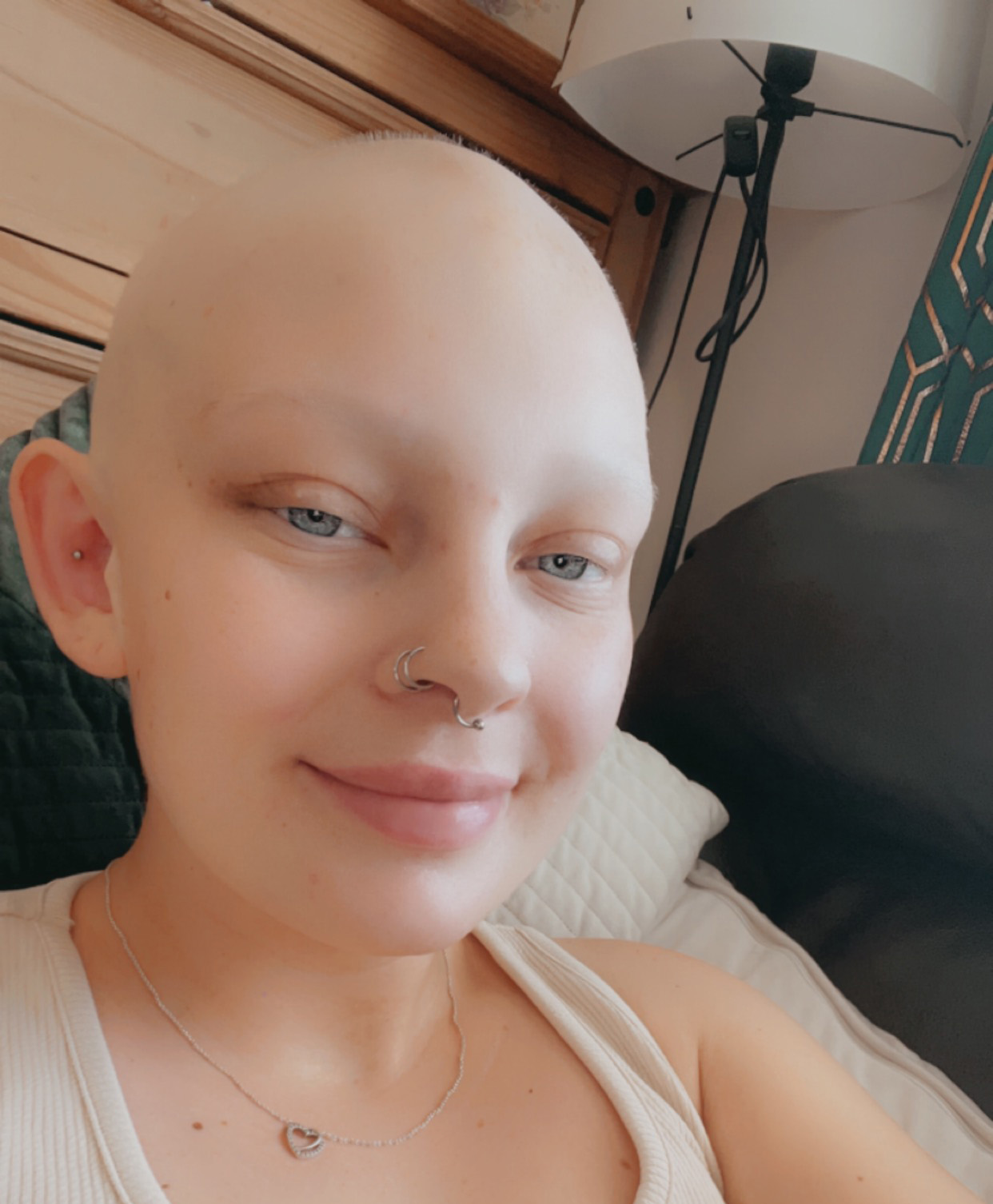
Letitia McFarlane's Lymphoma Story
After a biopsy, Letitia received her formal diagnosis of Stage 2 Primary Mediastinal Large B Cell Lymphoma. “I was straight in for chemotherapy almost immediately." Read her full story by clicking the link.
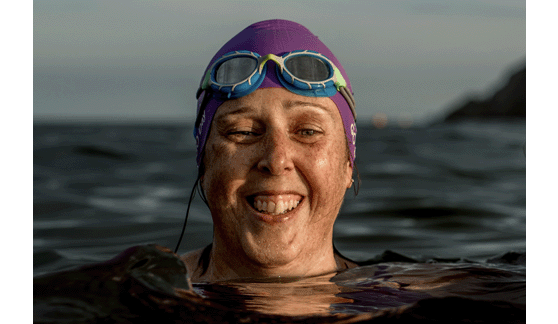
Deirdre O’Raw's ovarian cancer story
Deirdre O'Raw was diagnosed with ovarian cancer."I had symptoms in January or February 2020, but it wasn’t until July when I received my diagnosis." To read more, click the link.
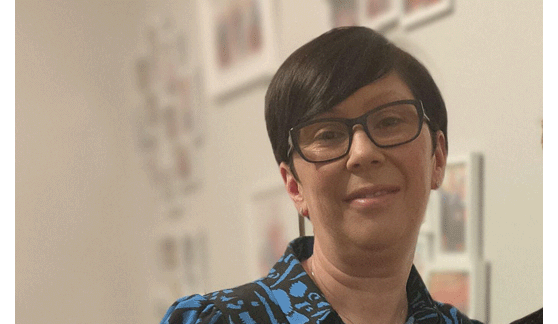
Bridget Carr's ovarian cancer story
“In hindsight, I had a lot of the classic symptoms that I now know, but at the time, wasn’t looking out for” click the link to read more about Bridget's story.
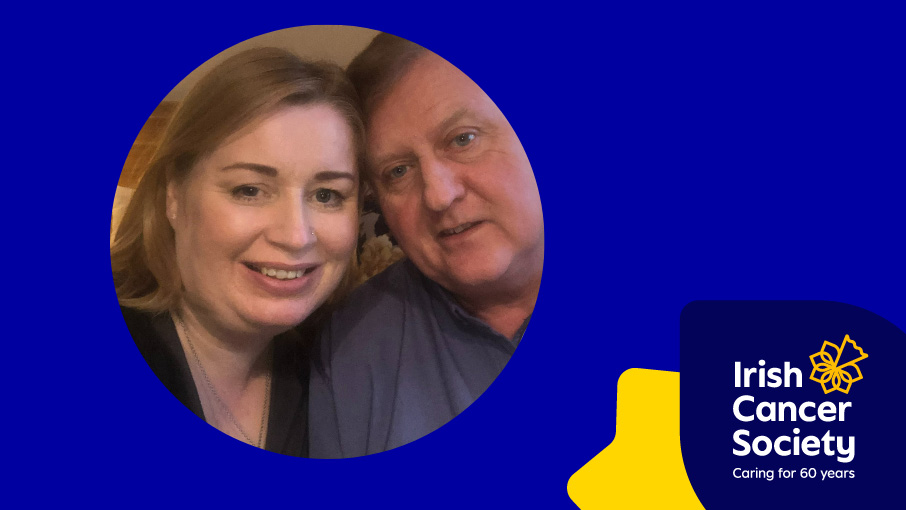
Pauline Russell's eye cancer story
In 2021, Pauline Russell from Lusk, Co Dublin went for a routine eye exam after having difficulties when looking at her work computer. Click the link to read more about Pauline's story.
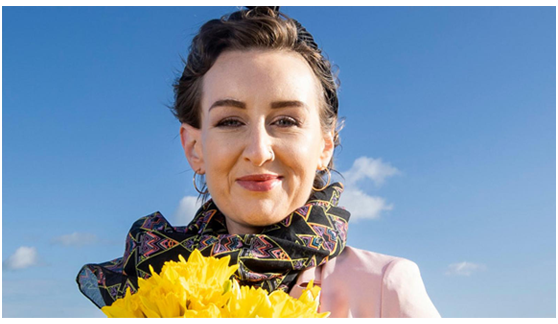
Donna-Marie's Ewing sarcoma story
In September 2020, 36-year-old, Donna-Marie Cullen from Lucan in Dublin was diagnosed with a very rare and aggressive form of cancer called Ewing Sarcoma. Read more on Donna's story.
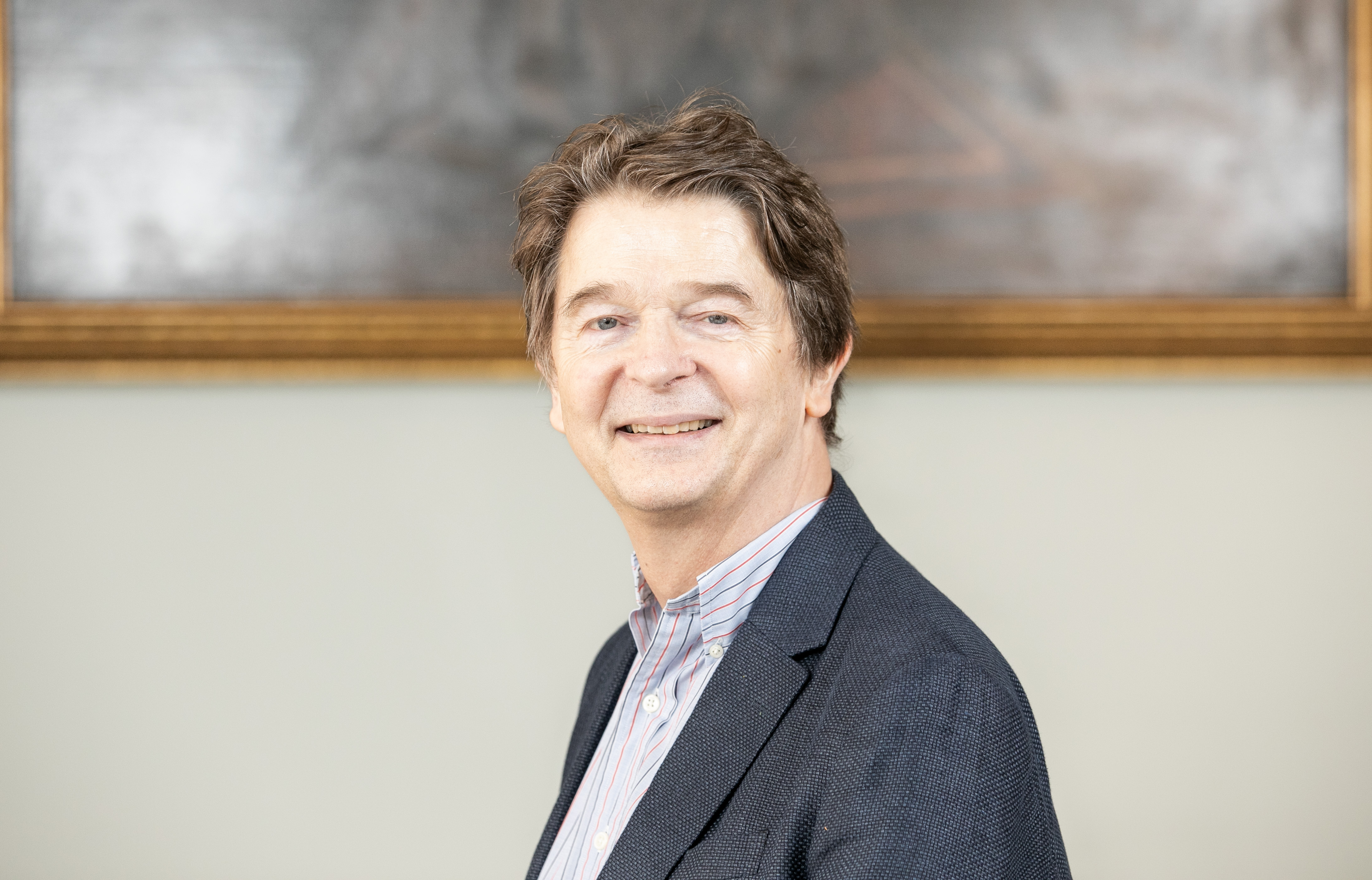
Jed van de Poll's blood cancer story
Howth local, Jed van de Poll says it was a stroke of luck which led to his blood cancer diagnosis in March 2022. Click the link to Jed's story.
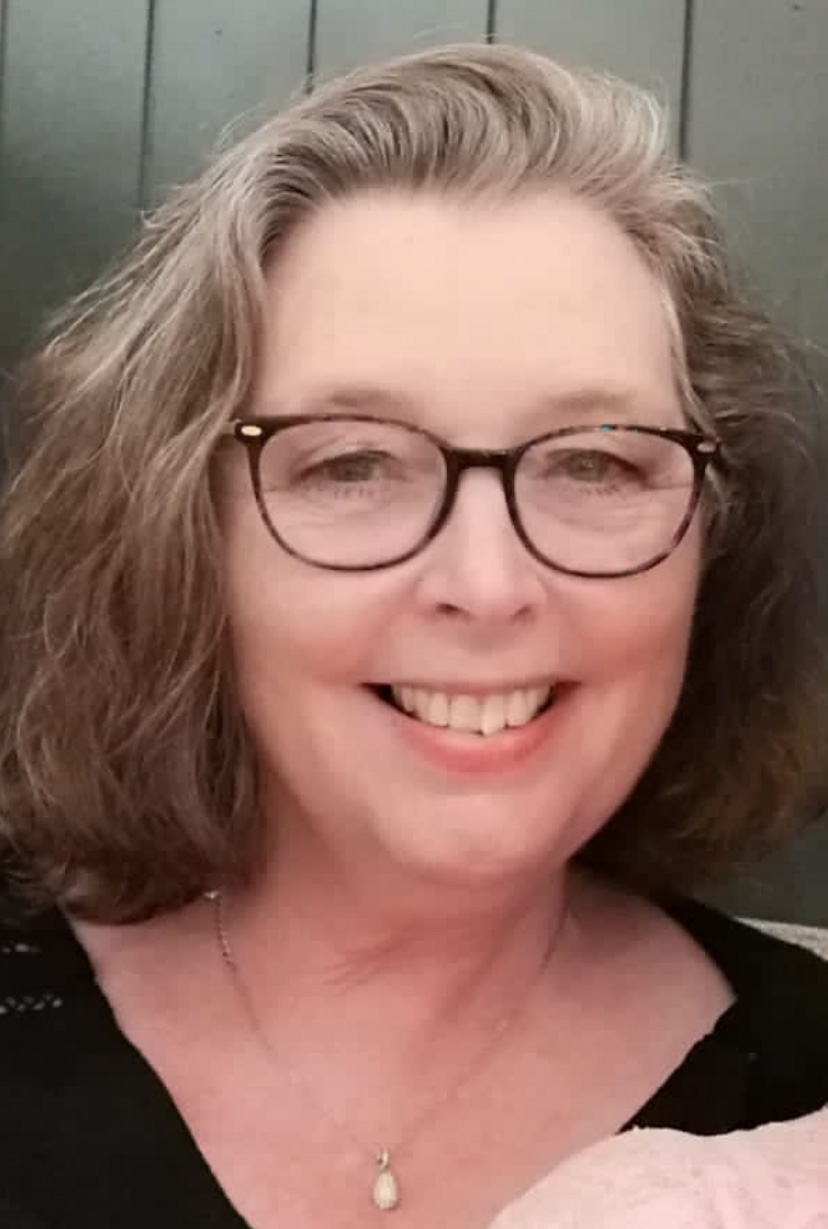
Jacinta Ahern Boyle's Non-Hodgkin lymphoma story
62-year old Jacinta Ahern Boyle from County Cavan was diagnosed with Non-Hodgkin lymphoma in 1998. Read her full story via the link.
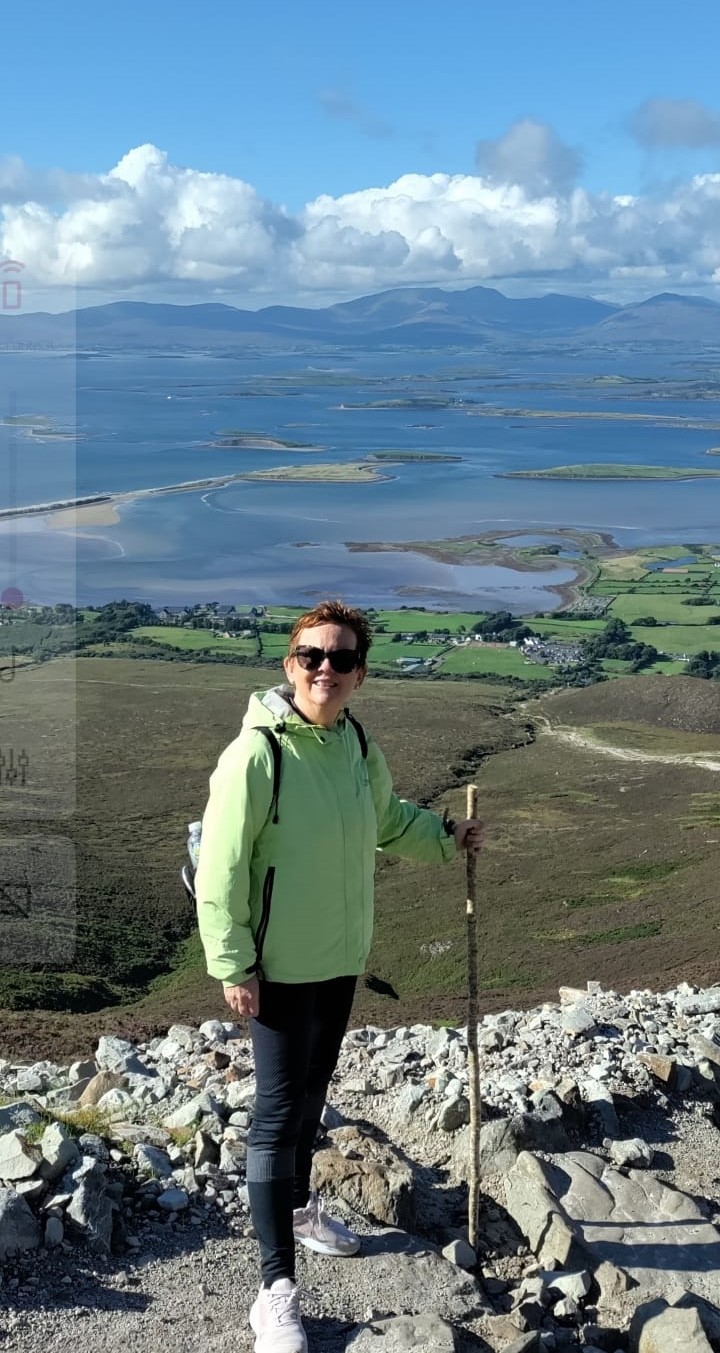
Mairead Carney's kidney cancer story
"My doctor noticed I had a goitre or swelling on my thyroid. I had been experiencing symptoms of tiredness and fatigue, but we didn’t know what the cause was." Read Mairead's story by clicking the link.
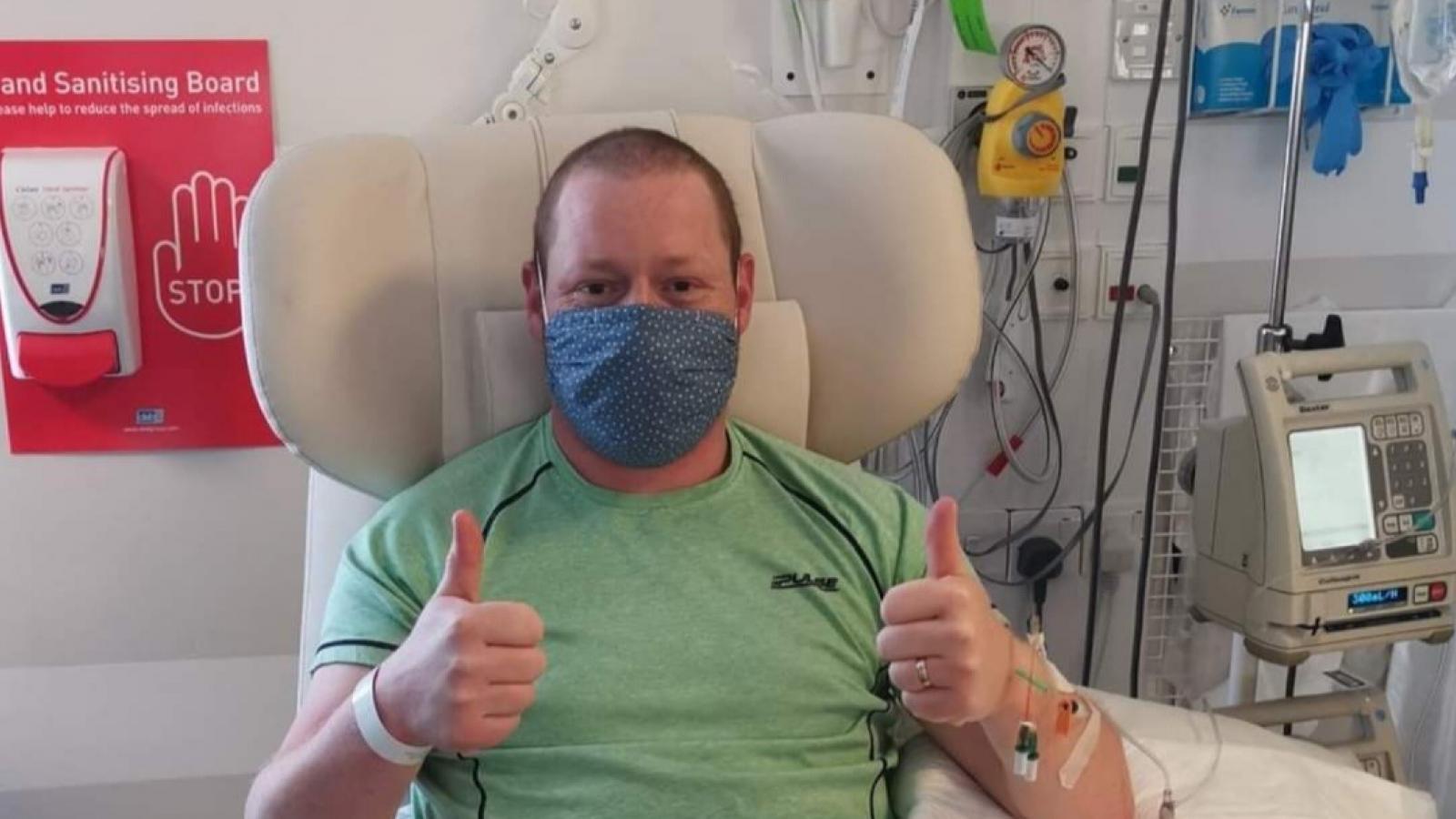
Joseph Woods's Hodgkin’s lymphoma story
Joseph’s symptoms began as a mild pain in his back, which progressively got worse, with pain moving to his chest. “When they told me they had discovered a type of cancer, I couldn’t believe it. Read his full story via the link.
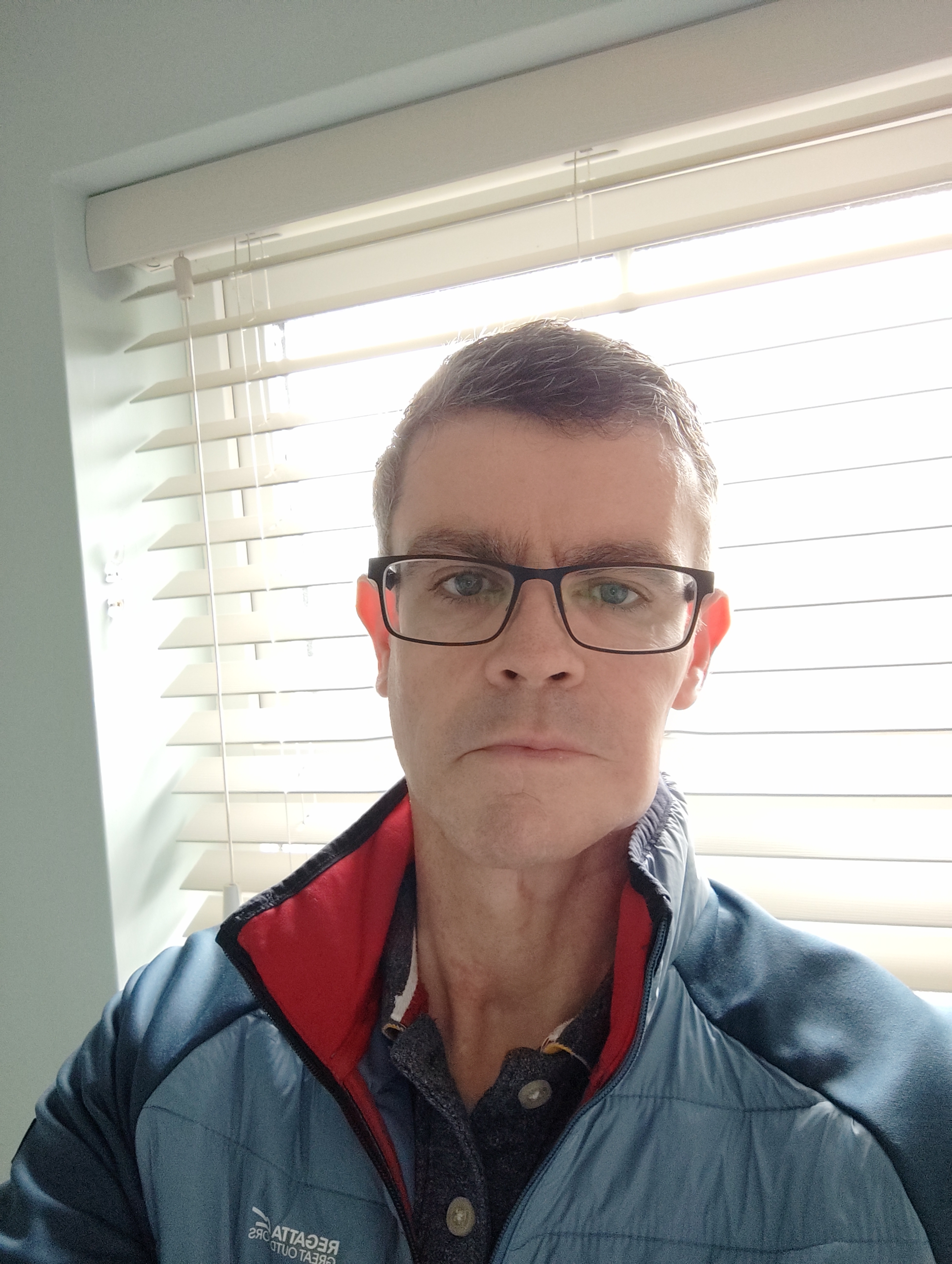
Fergus' head and neck cancer story
"My only regret is that I didn’t reach out to the supports sooner. I would also really encourage people to become more aware of the signs and symptoms of head and neck cancer ” Click the link to read more.
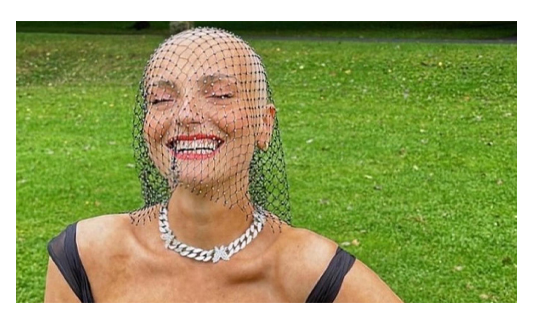
Kristine Kvitsaridze's thymus cancer story
"They did a lot of investigations into my cough, and I was told that I needed a biopsy" click the link to read more.
Researchers, staff and volunteer stories
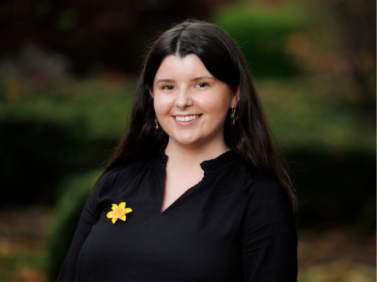
Kate Duffy's Prostate Cancer Researcher Story
Meet Kate, an Irish Cancer Society-funded researcher who is working on a project looking at understanding how cancer cells know to spread from the prostate to the bone, as that’s where advanced prostate cancer usually spreads to. Click the link to read more.
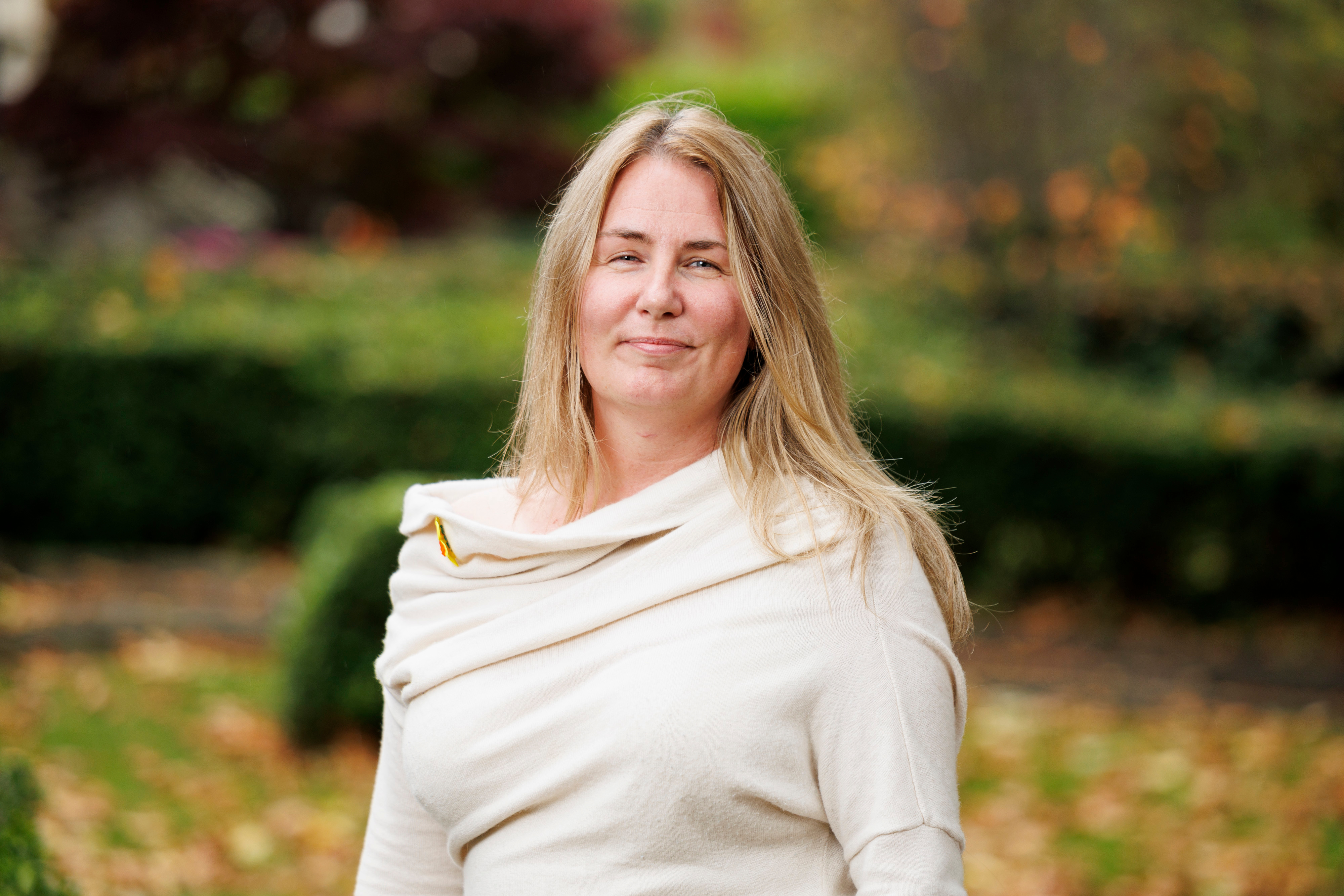
Dr Rosie O'Shea's Genetic Counselling Cancer Researcher Story
Meet Dr Rosie O'Shea, an Irish Cancer Society-funded researcher who is working on a project to reduce waiting times for people seeking genetic counselling to asses their risk of developing an inherited cancer. Click the link to read more.
Jay Campbell's Breast Cancer Researcher Story
Meet Jay, an Irish Cancer Society-funded researcher who is working on a project looking at identifying potential new treatment targets for people with triple negative breast cancer. Click the link to read more.

Dr Eimear Mylod's Childhood Cancer Researcher Story
Meet Eimear, an Irish Cancer Society-funded researcher who is working on a project to potentially develop a new treatment path for children with a type of aggressive brain cancer called glioblastoma. Click the link to read more.

Dr Grainne Sheill's Head and Neck Cancer Researcher Story
Meet Grainne, an Irish Cancer Society-funded researcher who is working on a project on how to best support people affected by head and neck cancer to engage in exercise after treatment. Click the link to read more.
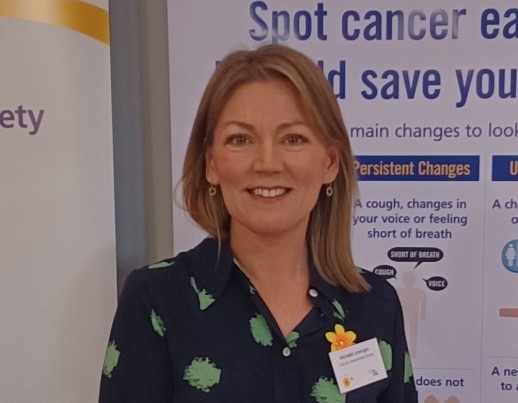
Staff Profile: Michelle Lonergan, Cancer Awareness Nurse
Irish Cancer Society Awareness nurse Michelle Lonergan travels across the country highlighting the signs and symptoms of cancer. “I always found myself coming back to cancer nursing. I find it really fulfilling and rewarding.”
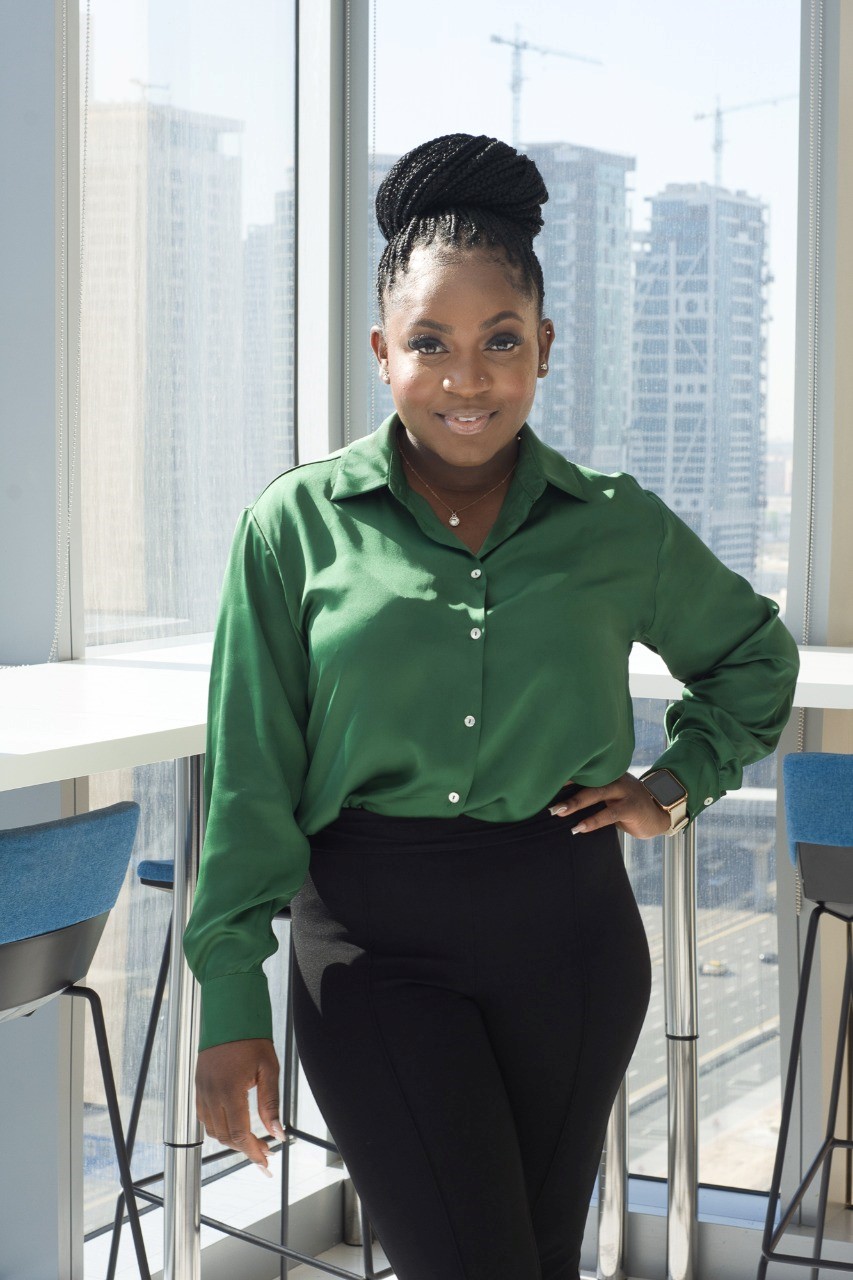
Staff Profile: Itunu Adebomi, Welfare Officer
“Cancer does not just affect health. It affects work, family life, mental health, and finances all at once. Most people think of doctors and treatment but there is a whole life around the diagnosis that gets shaken up, and that is where we come in as Welfare Officers.”
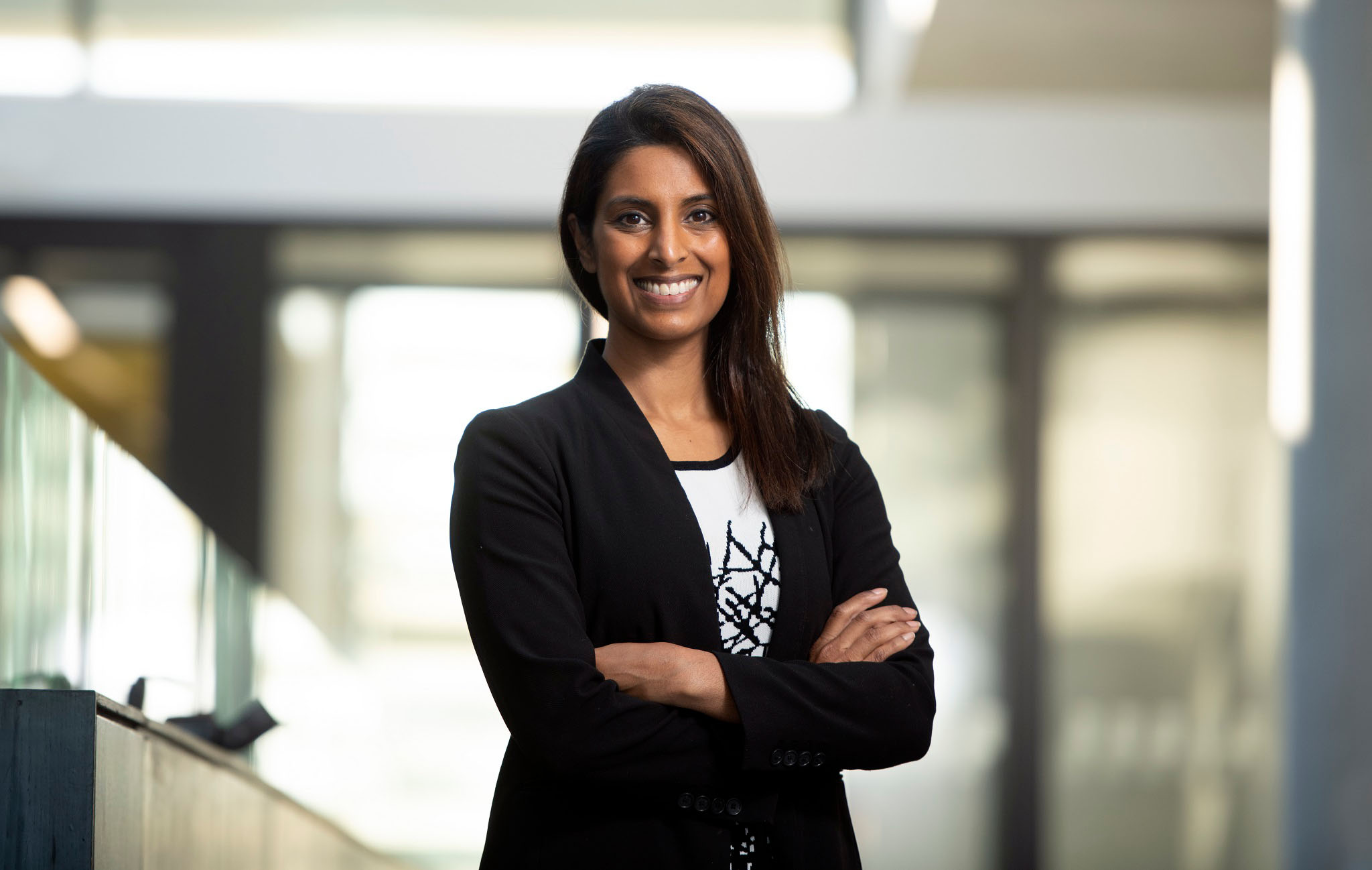
Prof. Jarushka Naidoo on her passion for lung cancer research and the power of clinical trials
"I won’t stop using my voice to spread the message that lung cancer and clinical trials is an area of priority for investment, focus and innovation." Hear from Prof. Naidoo on her ground-breaking research
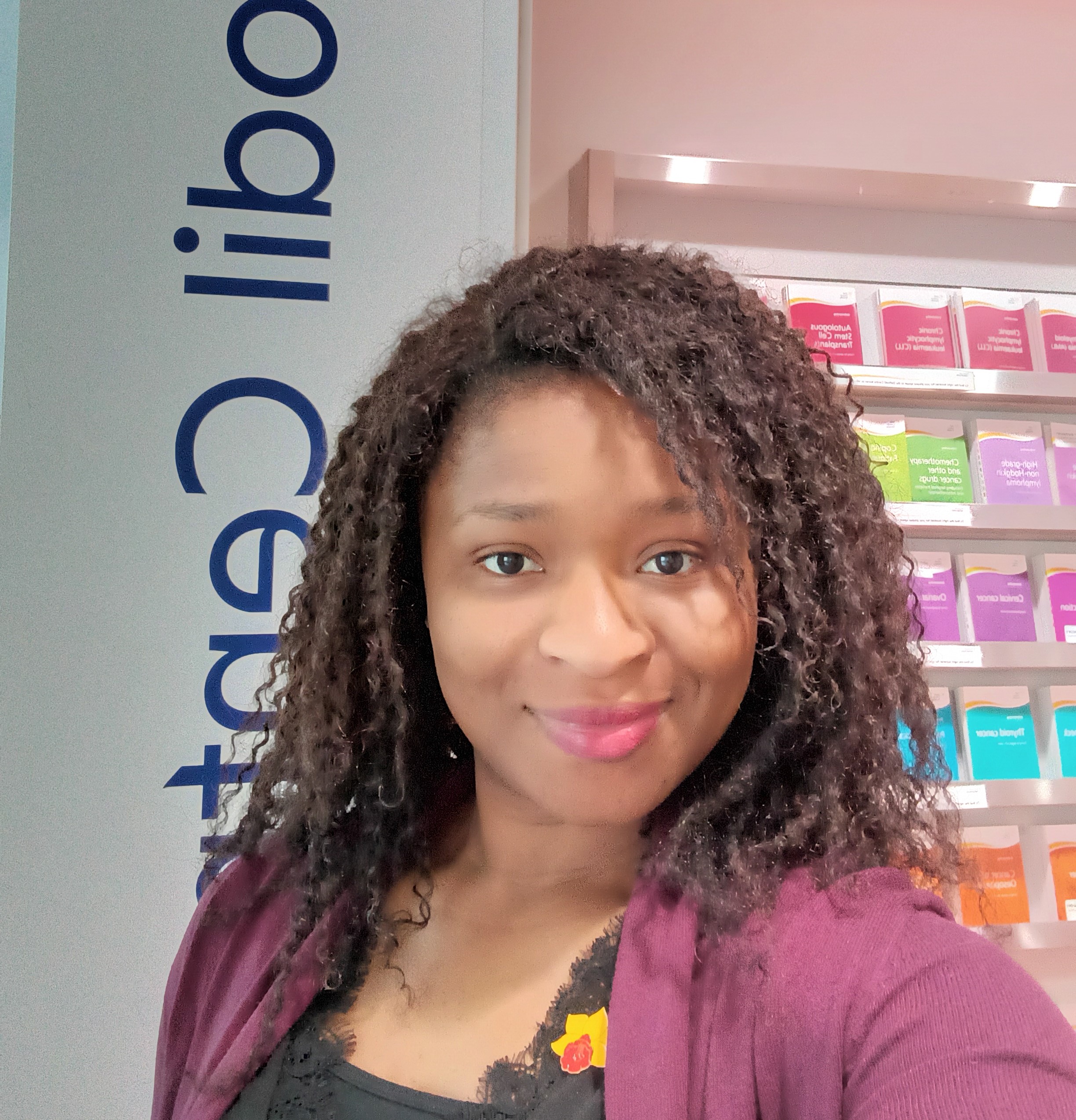
Linda: Cancer Nurse, Daffodil Centre
“I will not stop providing support to people affected by cancer” Click the link to read more about Linda's work at our Daffodil Centres.
Edel: Support Line Cancer Nurse
In her role as a Cancer Nurse on the Irish Cancer Society’s Support Line, every day Edel Brangan speaks to people affected by cancer. Click the link to read more about Edel's work.
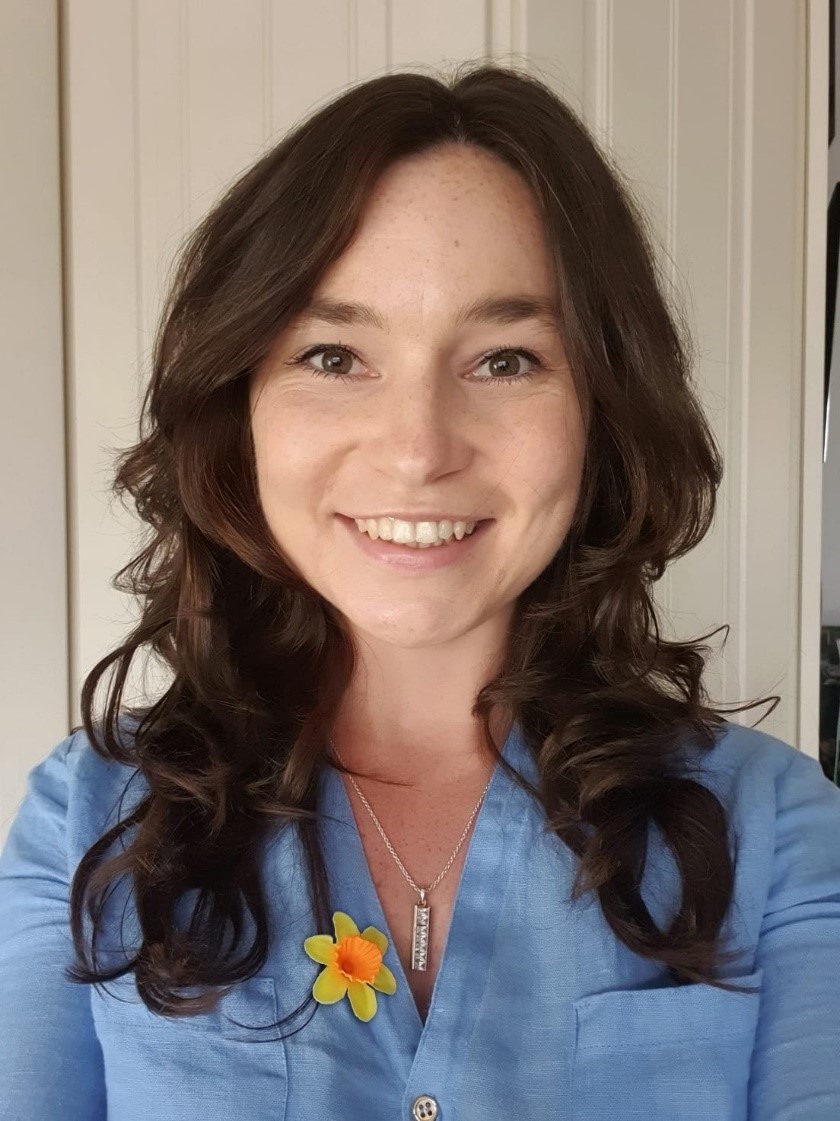
Adele Connor: "I won’t stop involving patients in my research"
"As well as research funding, the Irish Cancer Society have supported me by providing access to experts in patient and public involvement and scientific communication, as well as opportunities to network with other researchers" Click the link to read more.
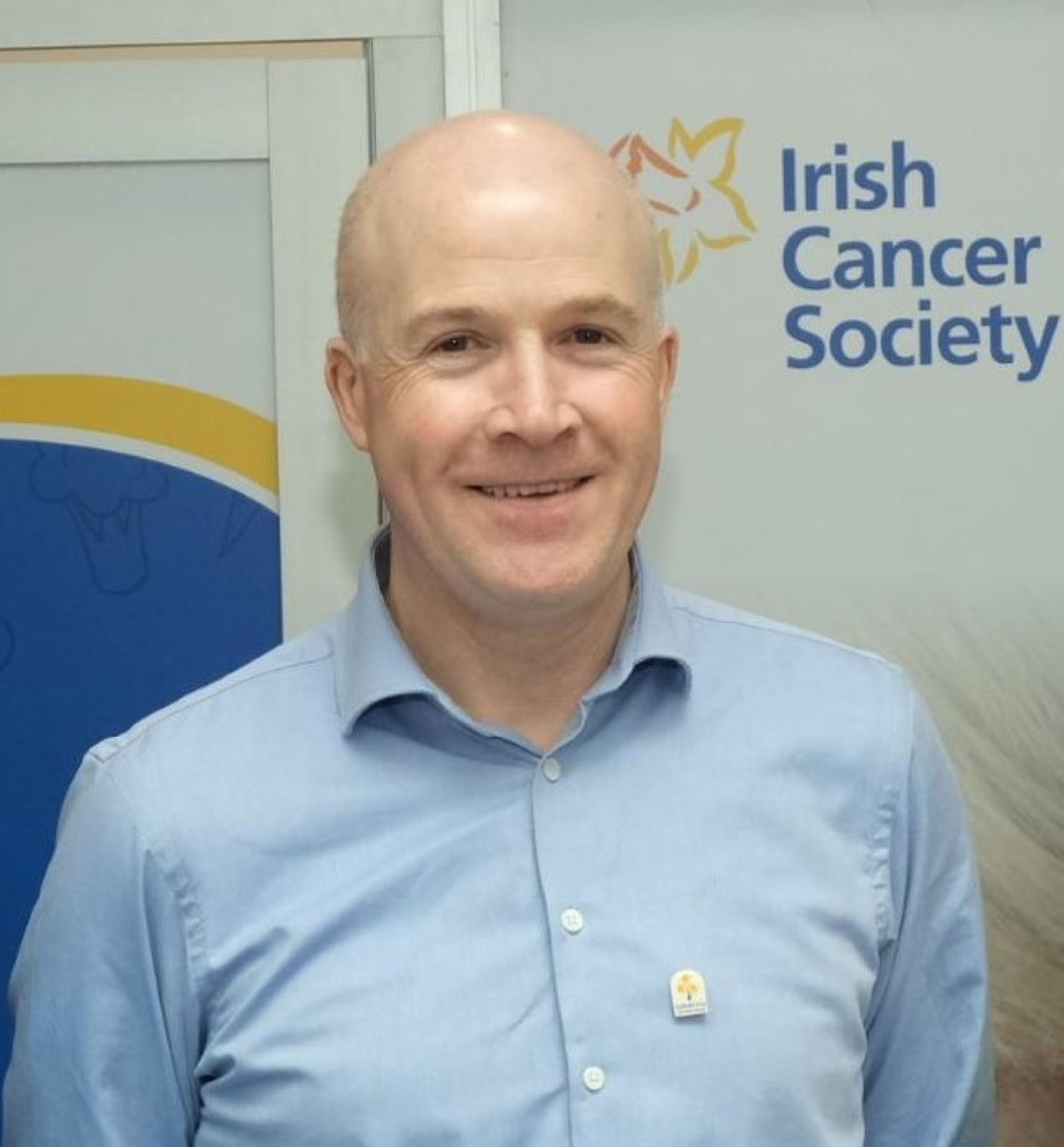
Staff Profile: Kevin O'Hagan, Cancer Prevention Manager
“There are some challenges to our work, such as hearing about unequal access to our health services, and the slow response of Government to reform health policy in areas such as tobacco, alcohol and sunbed use which could save lives."
